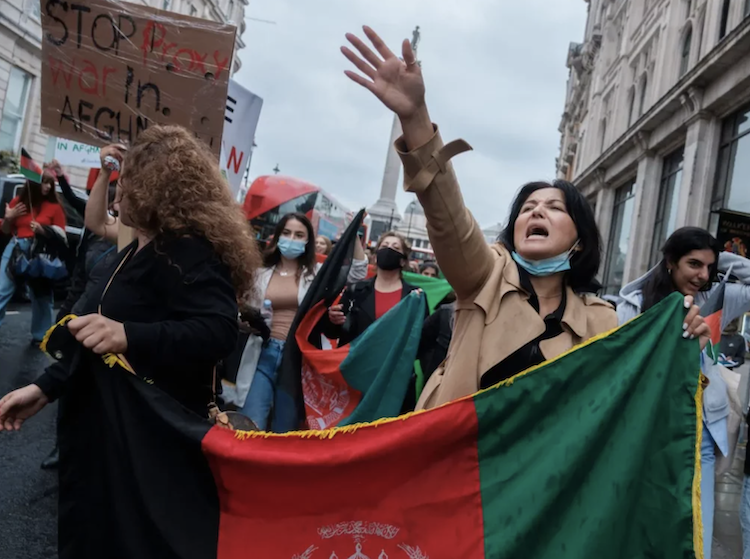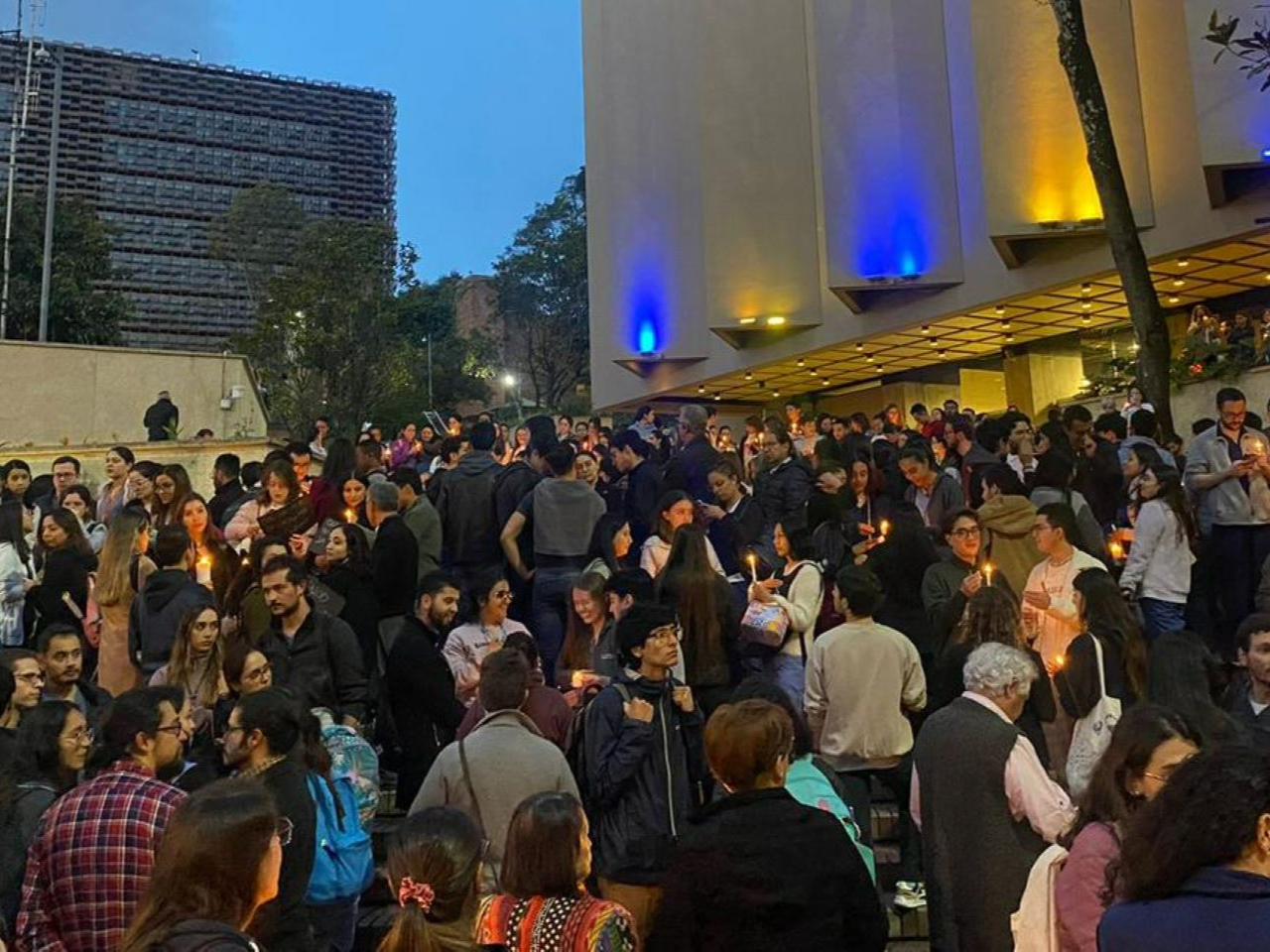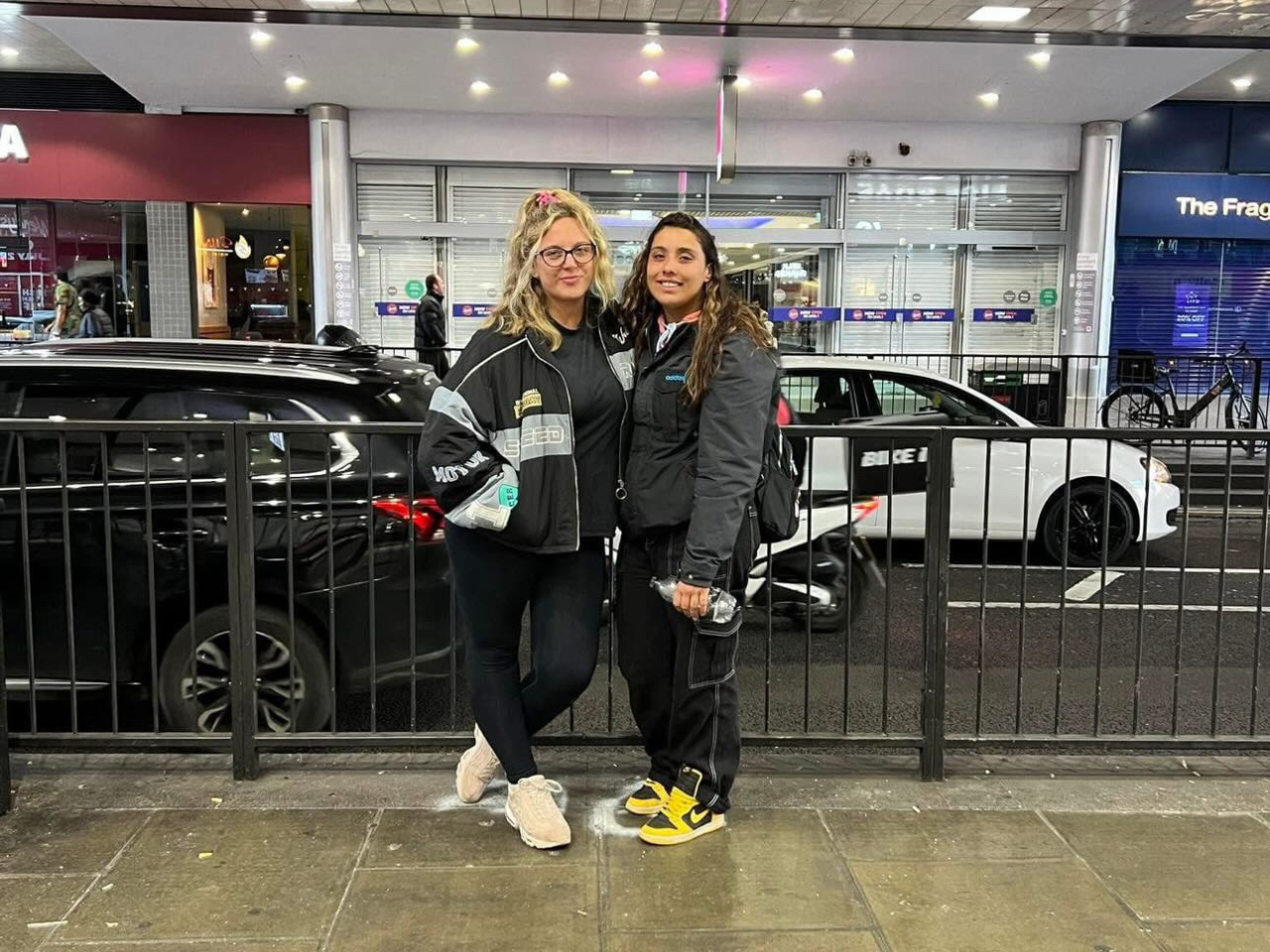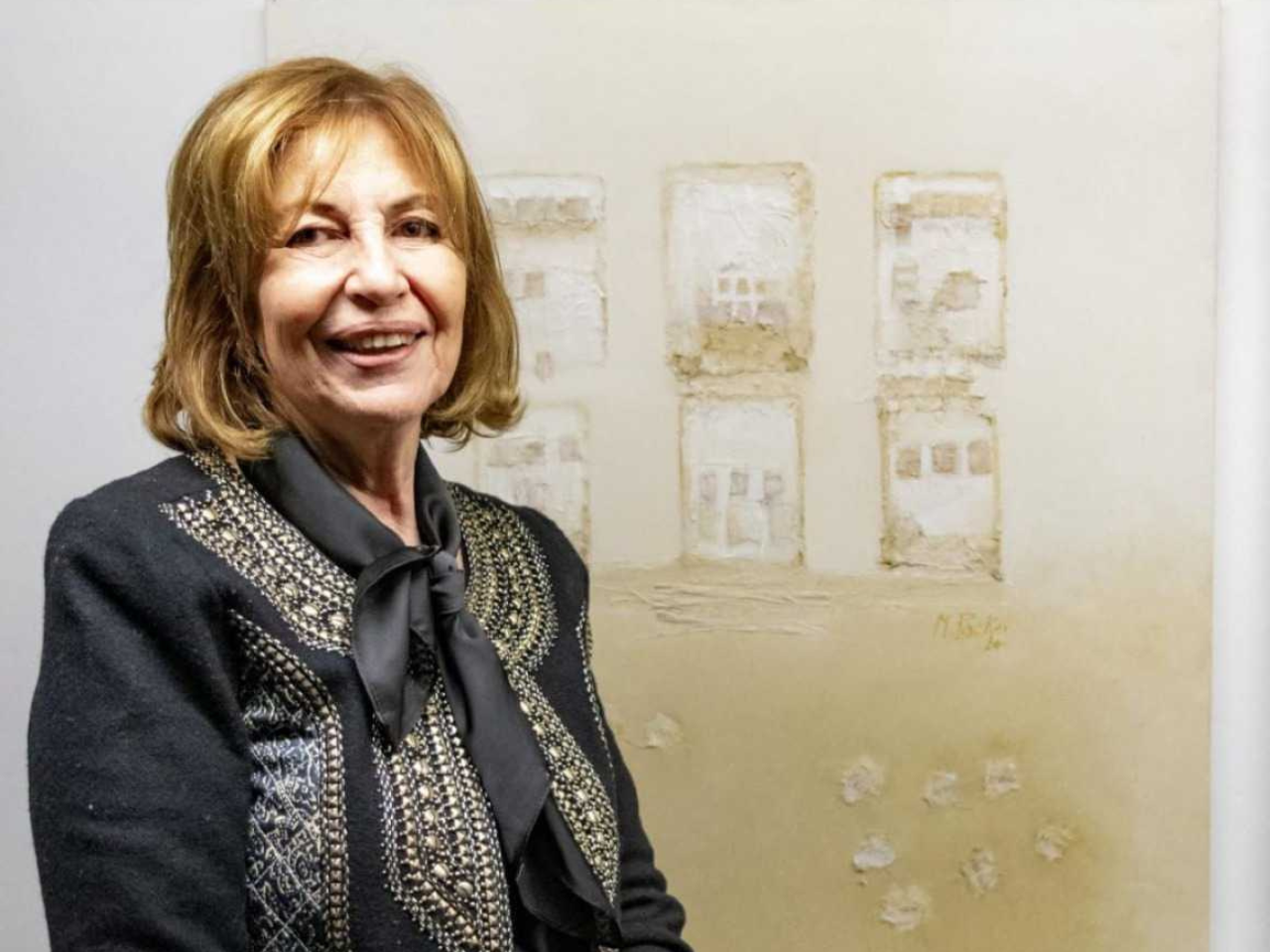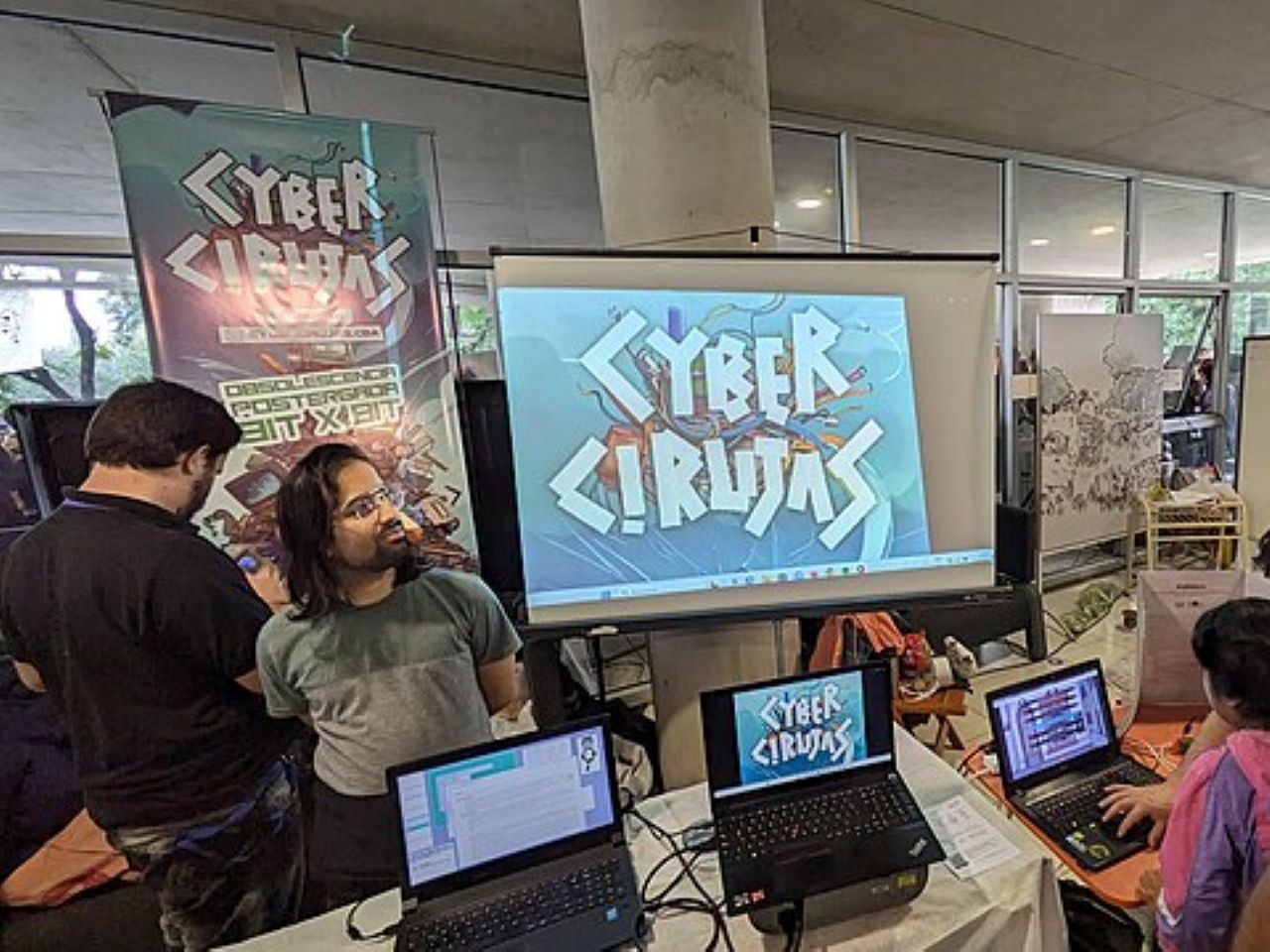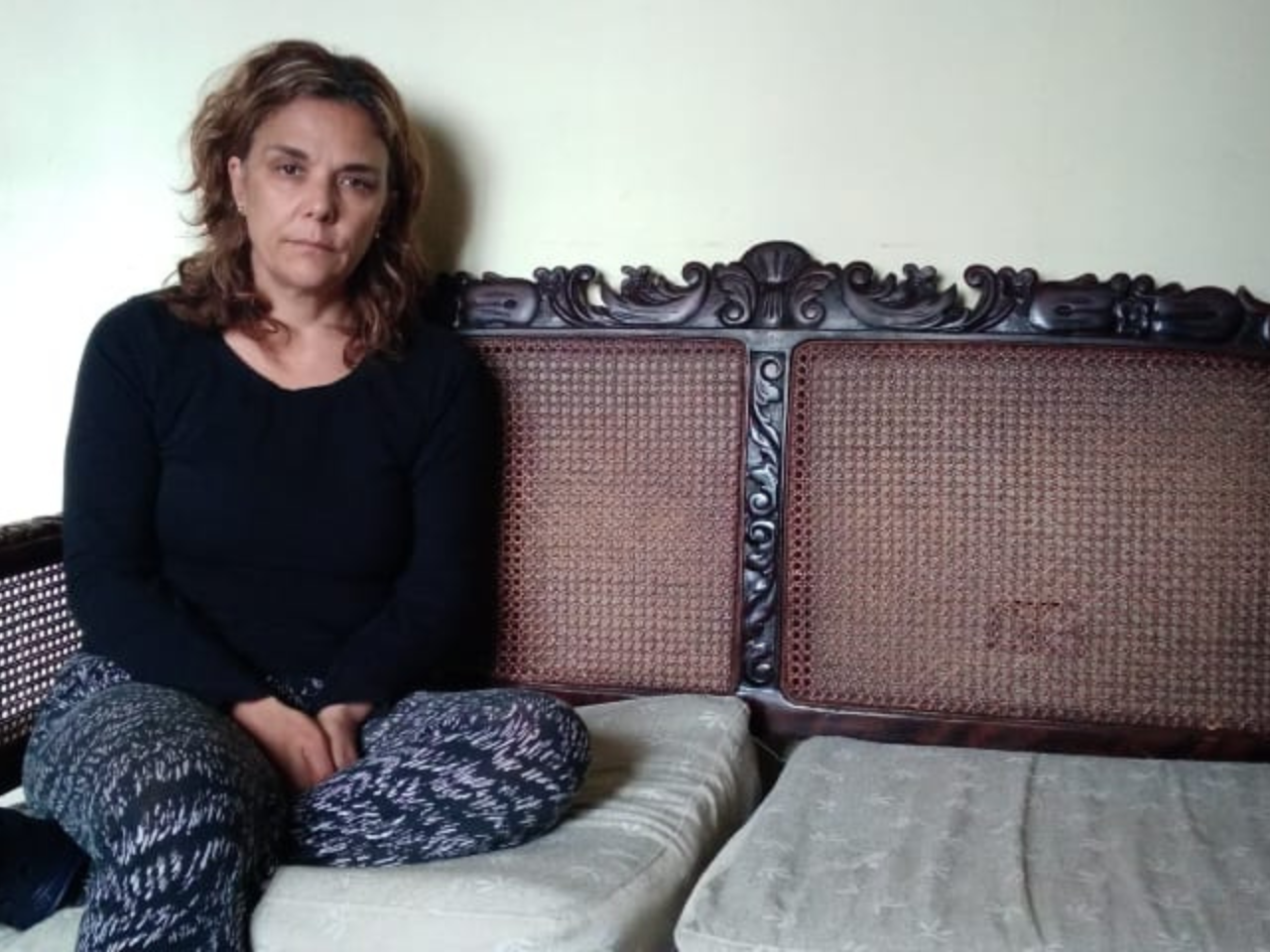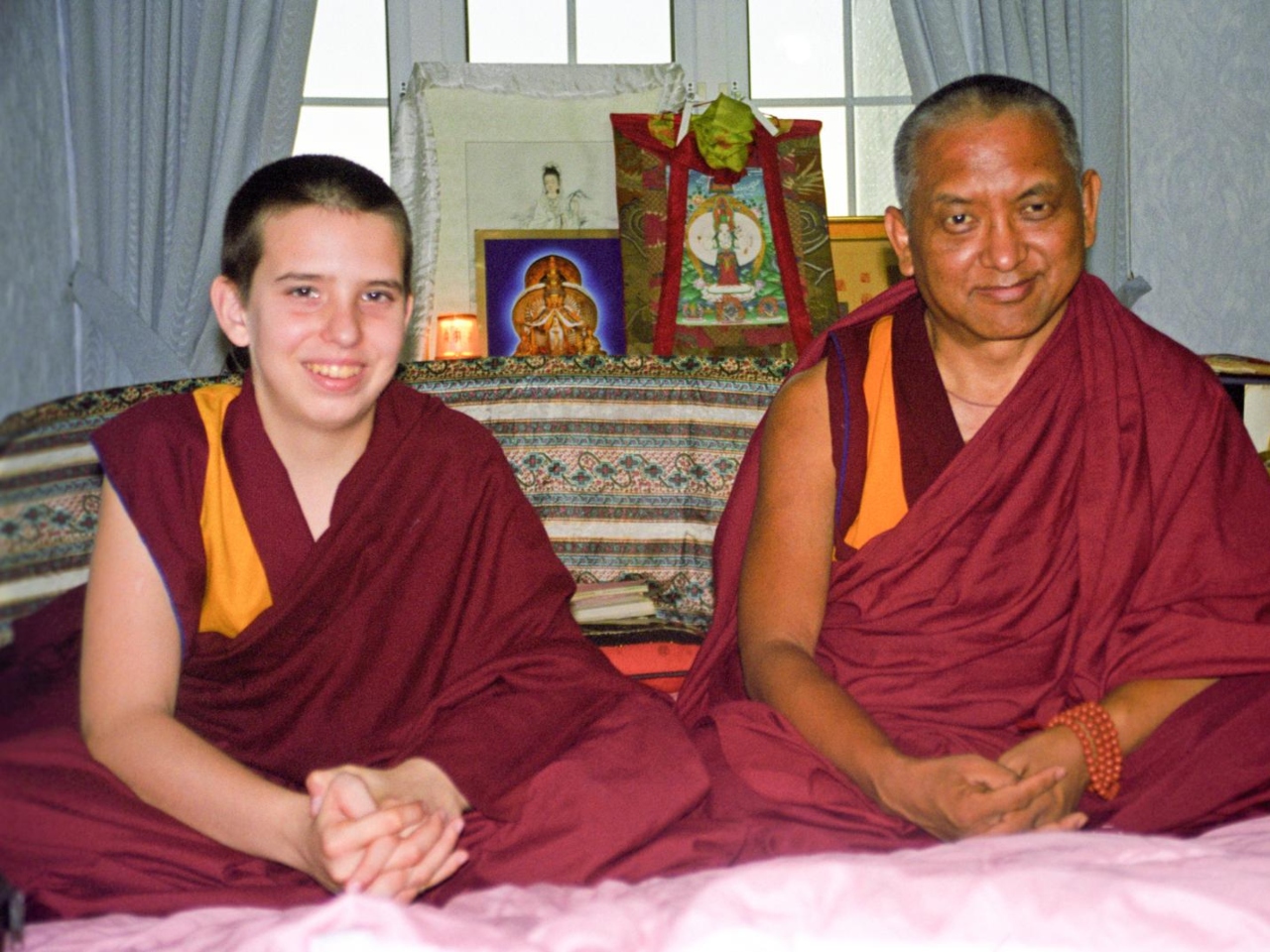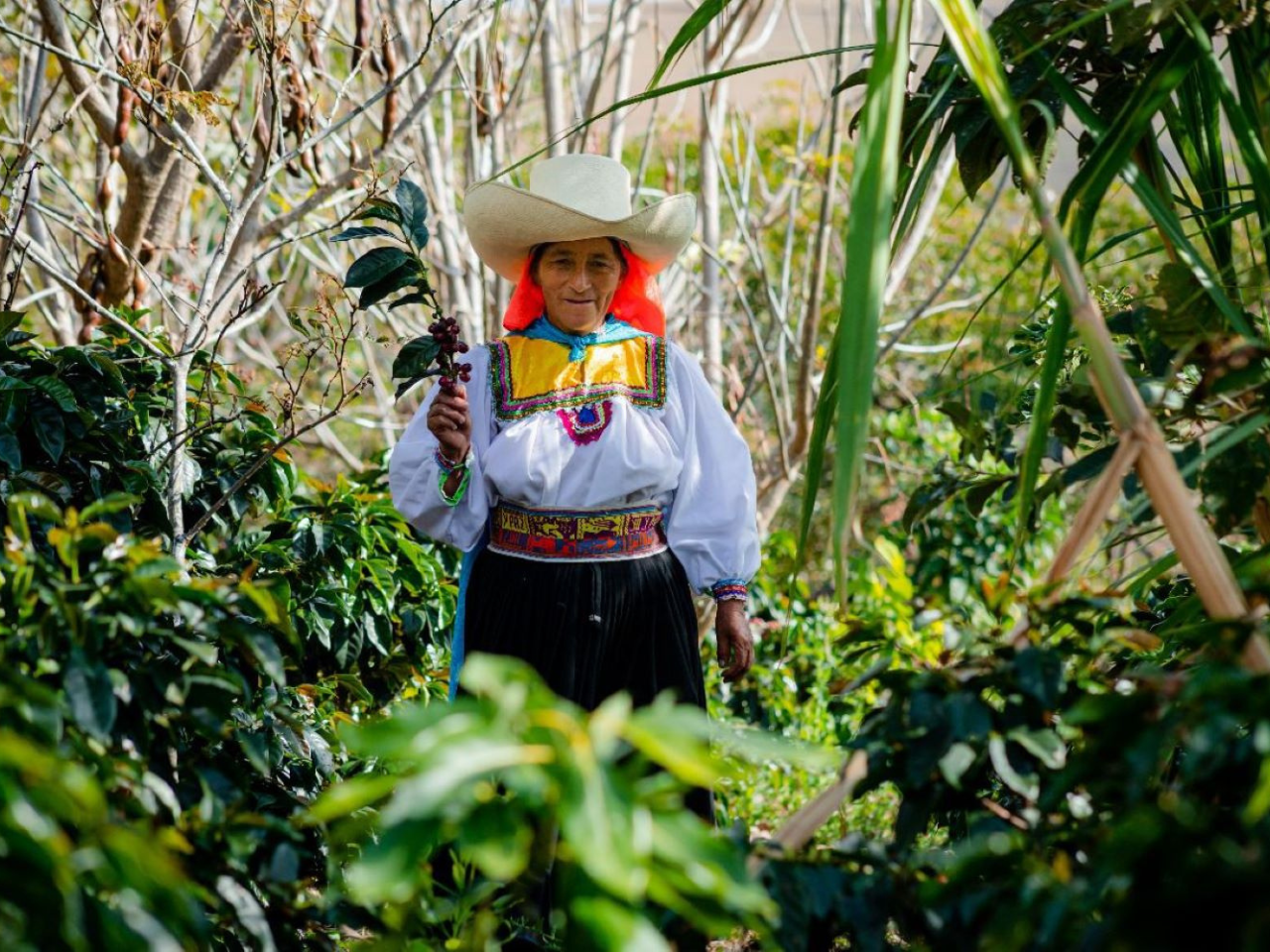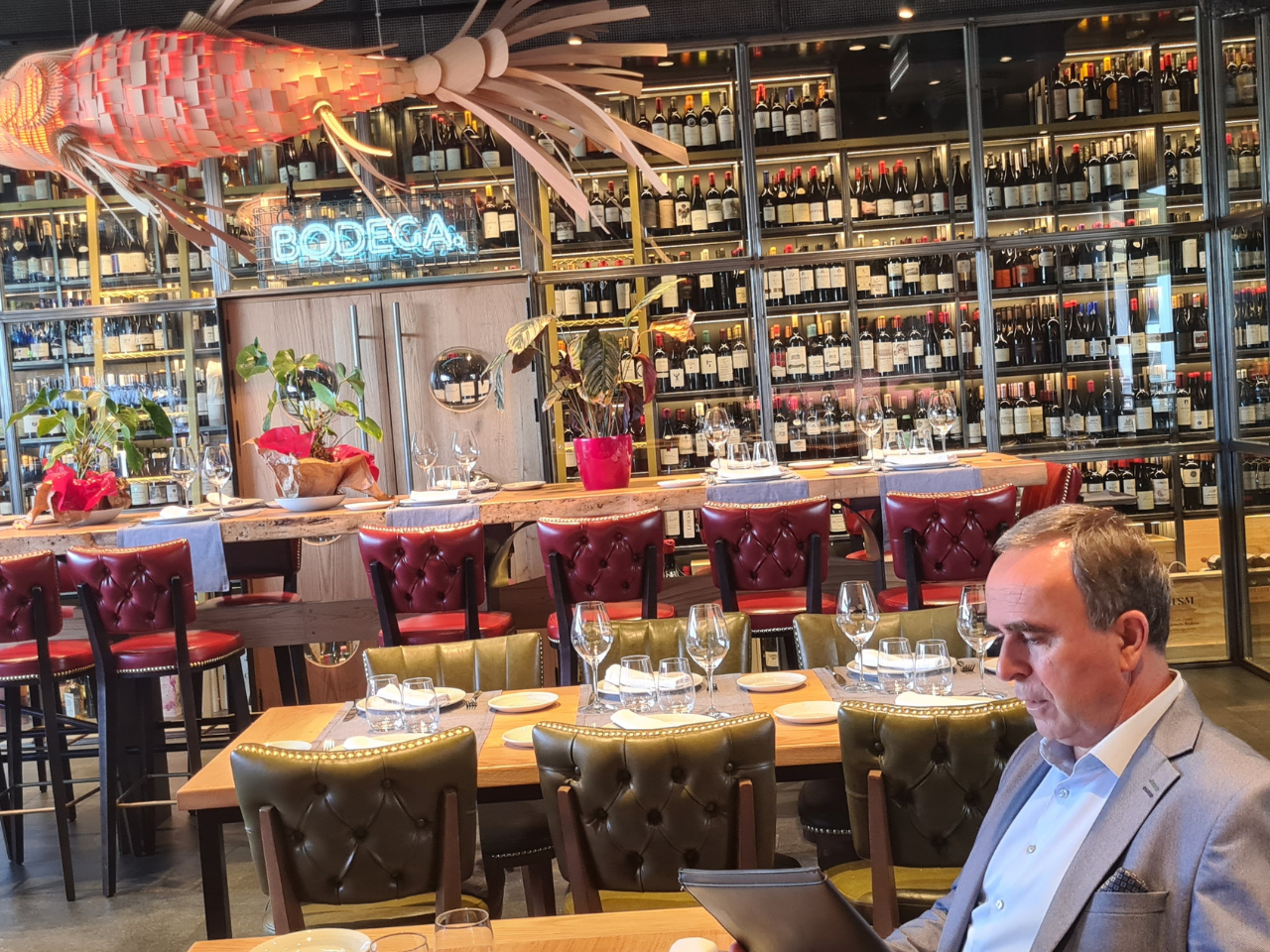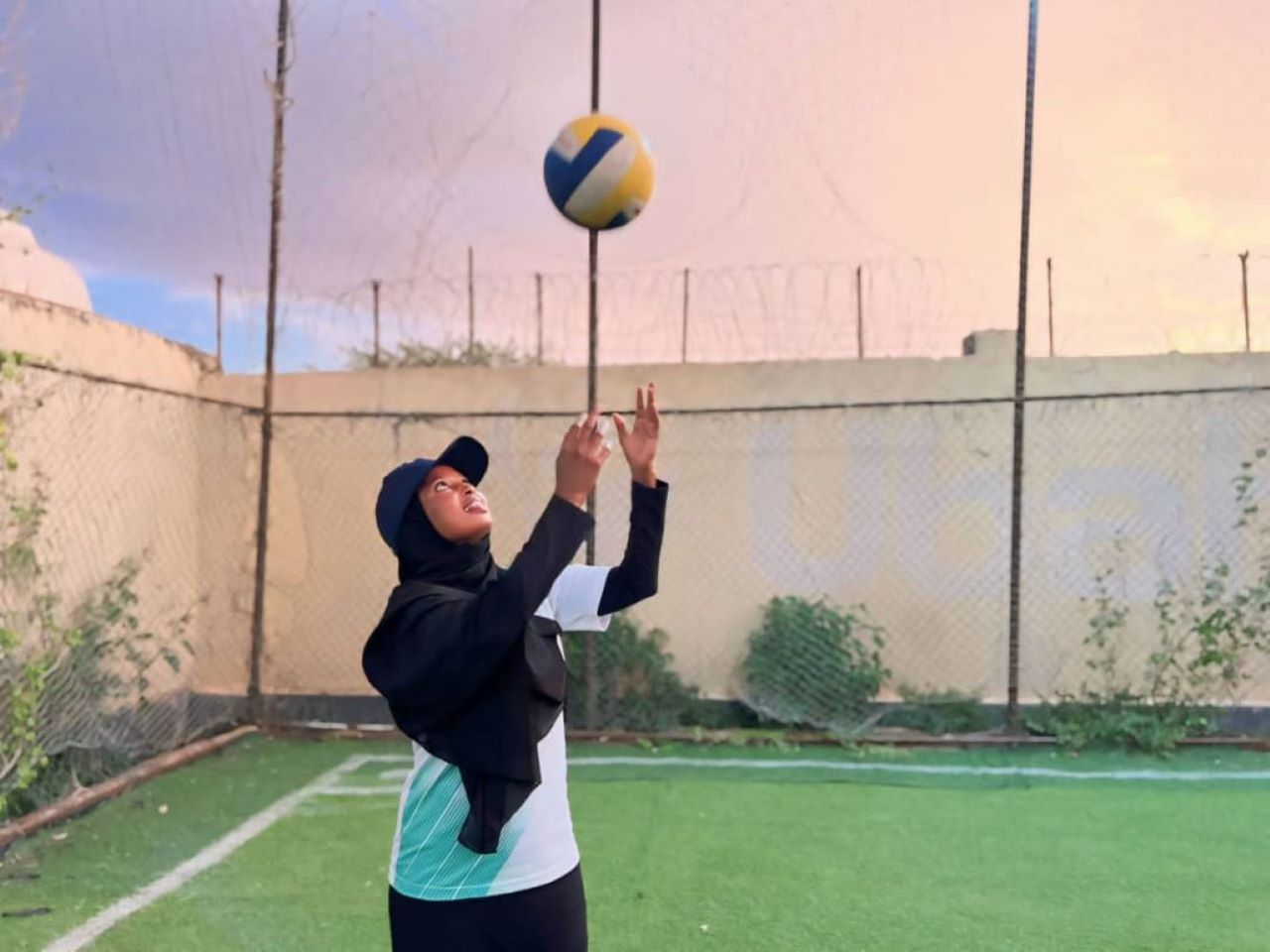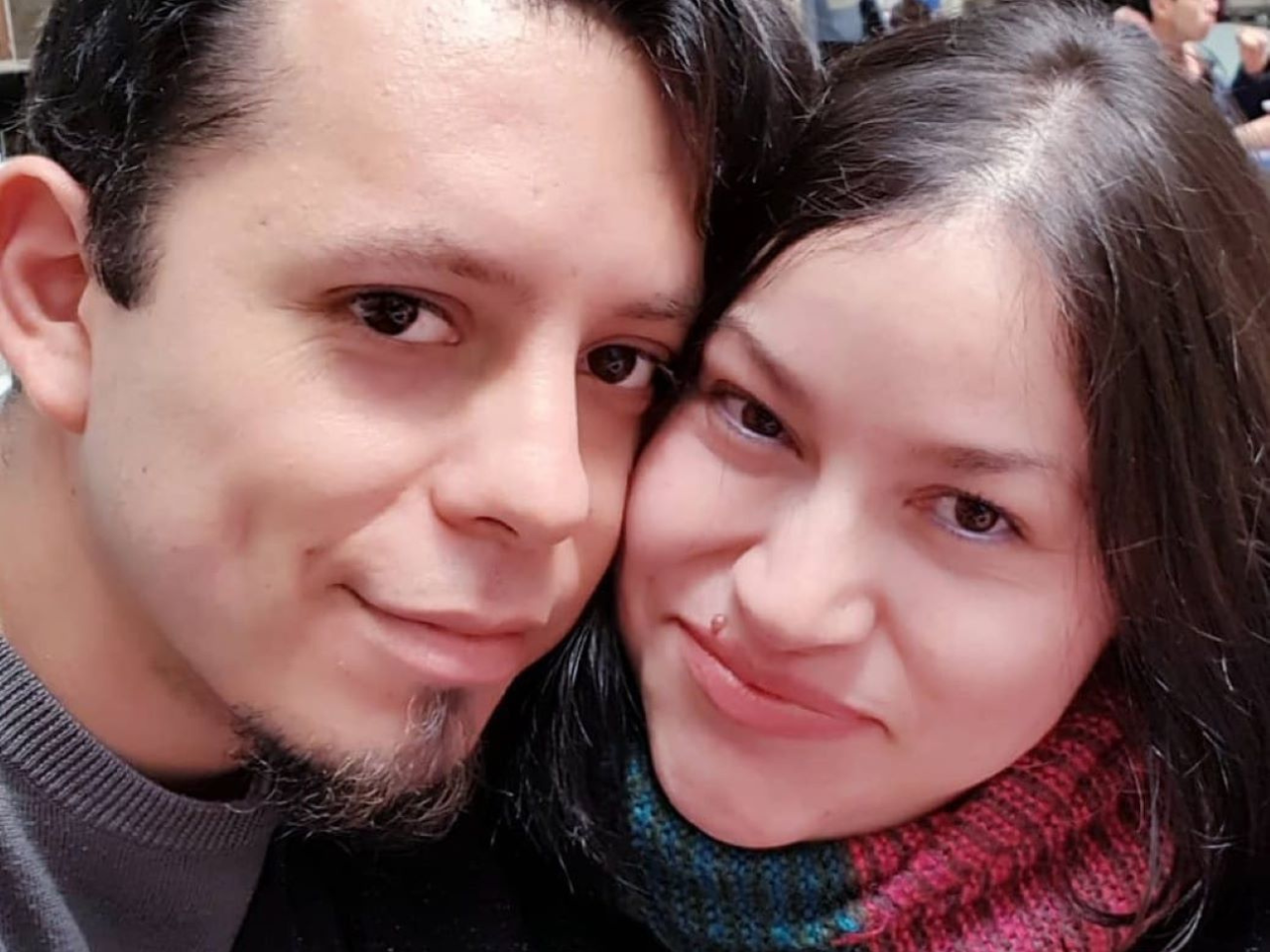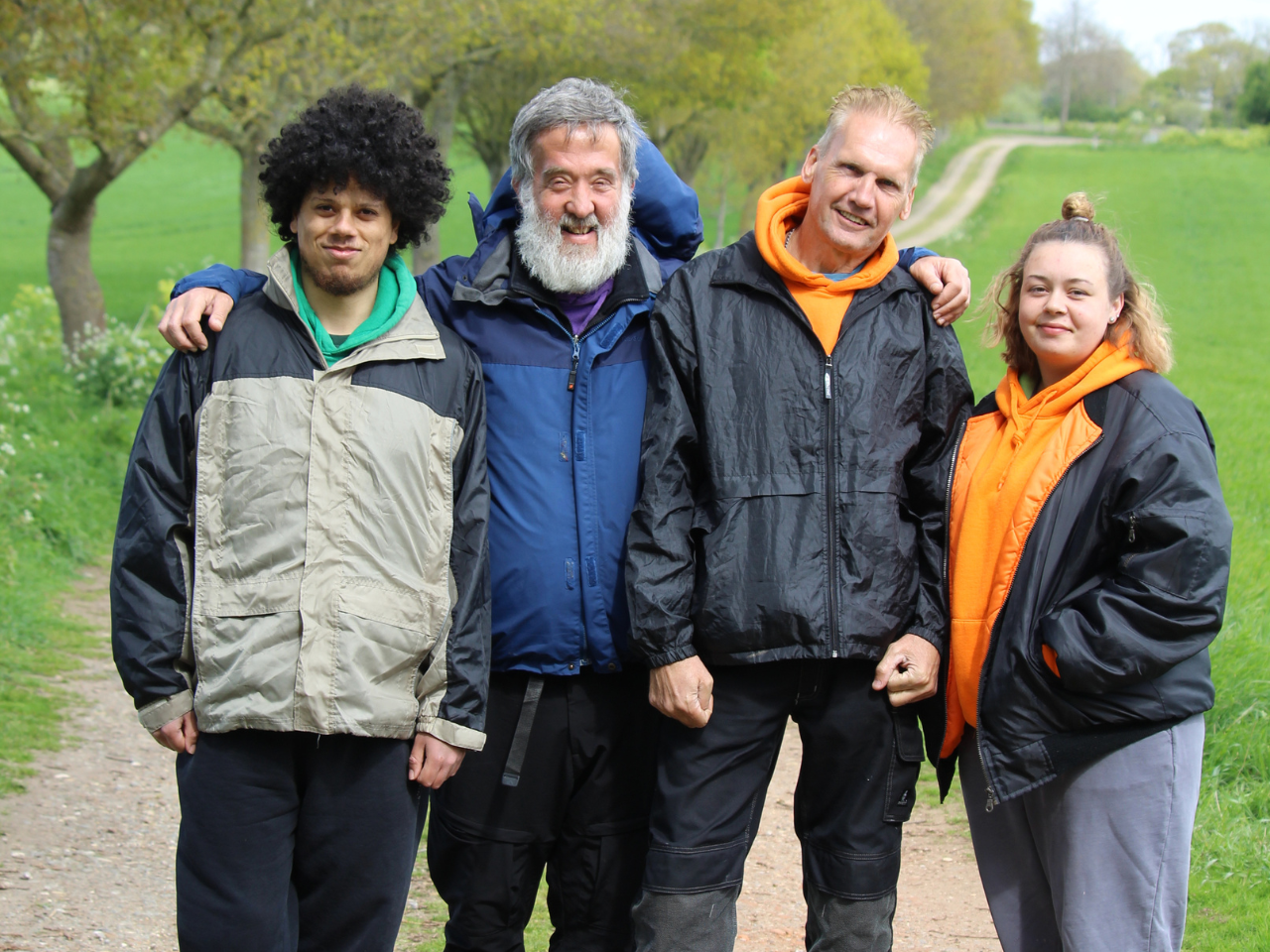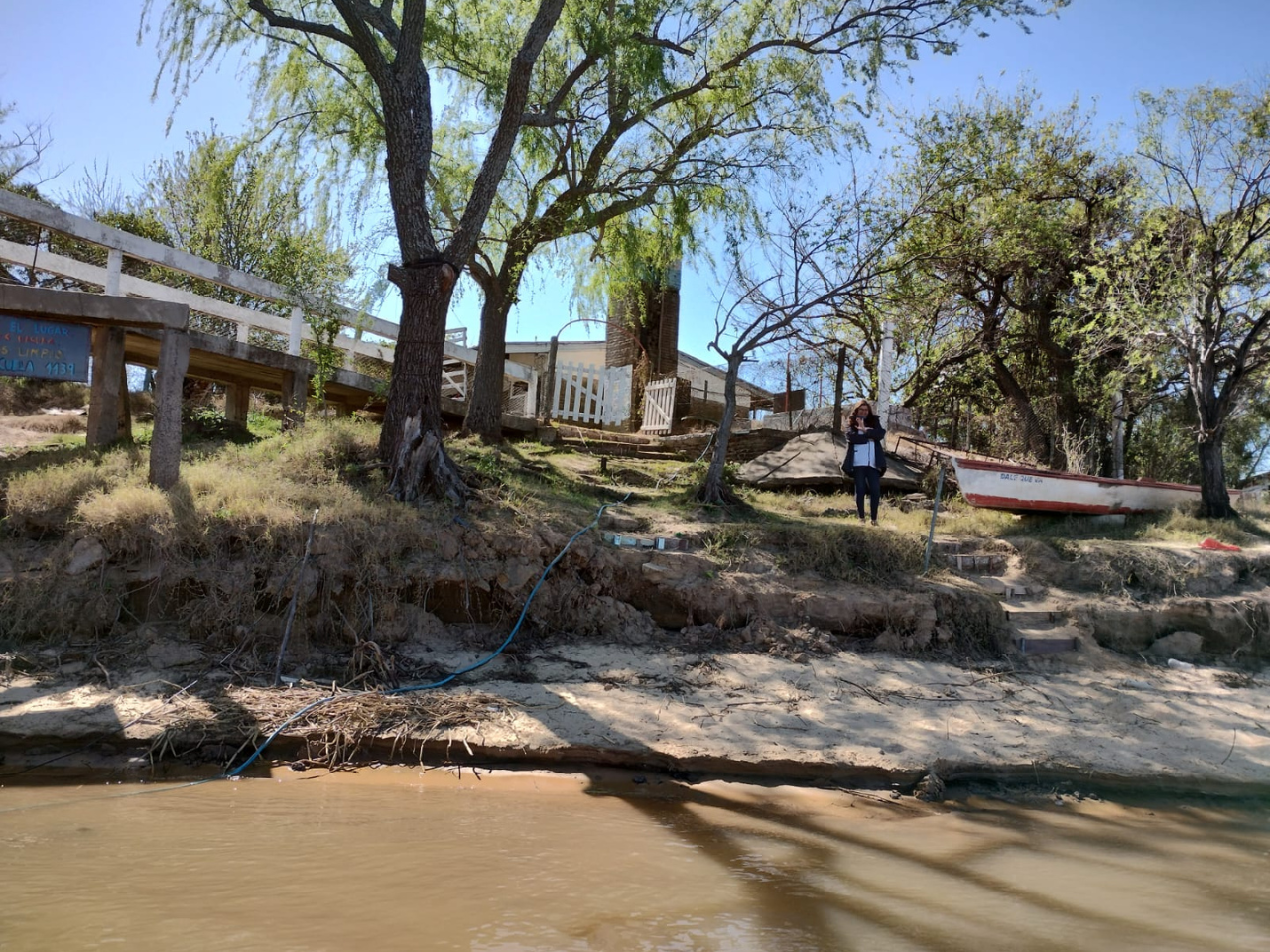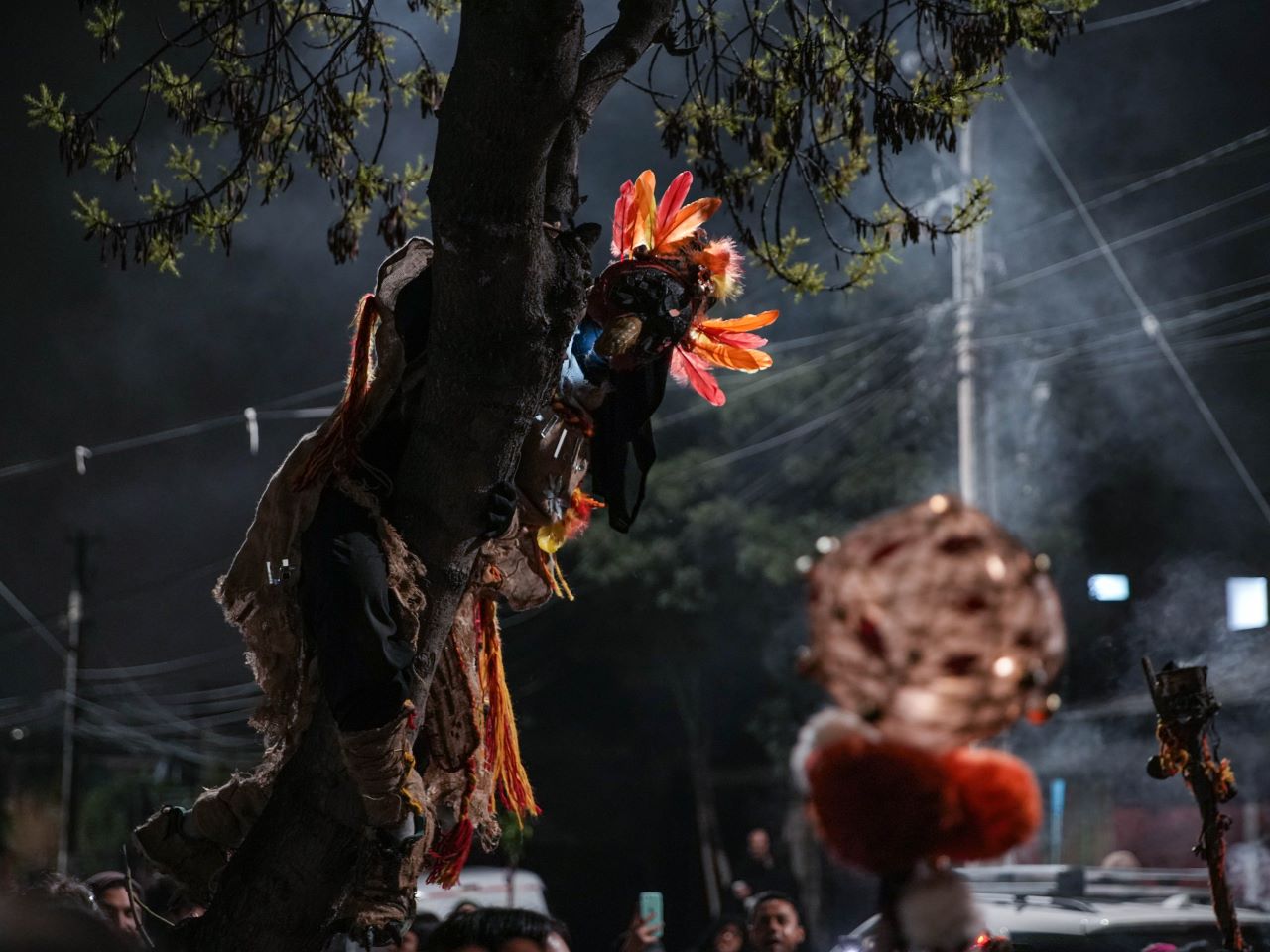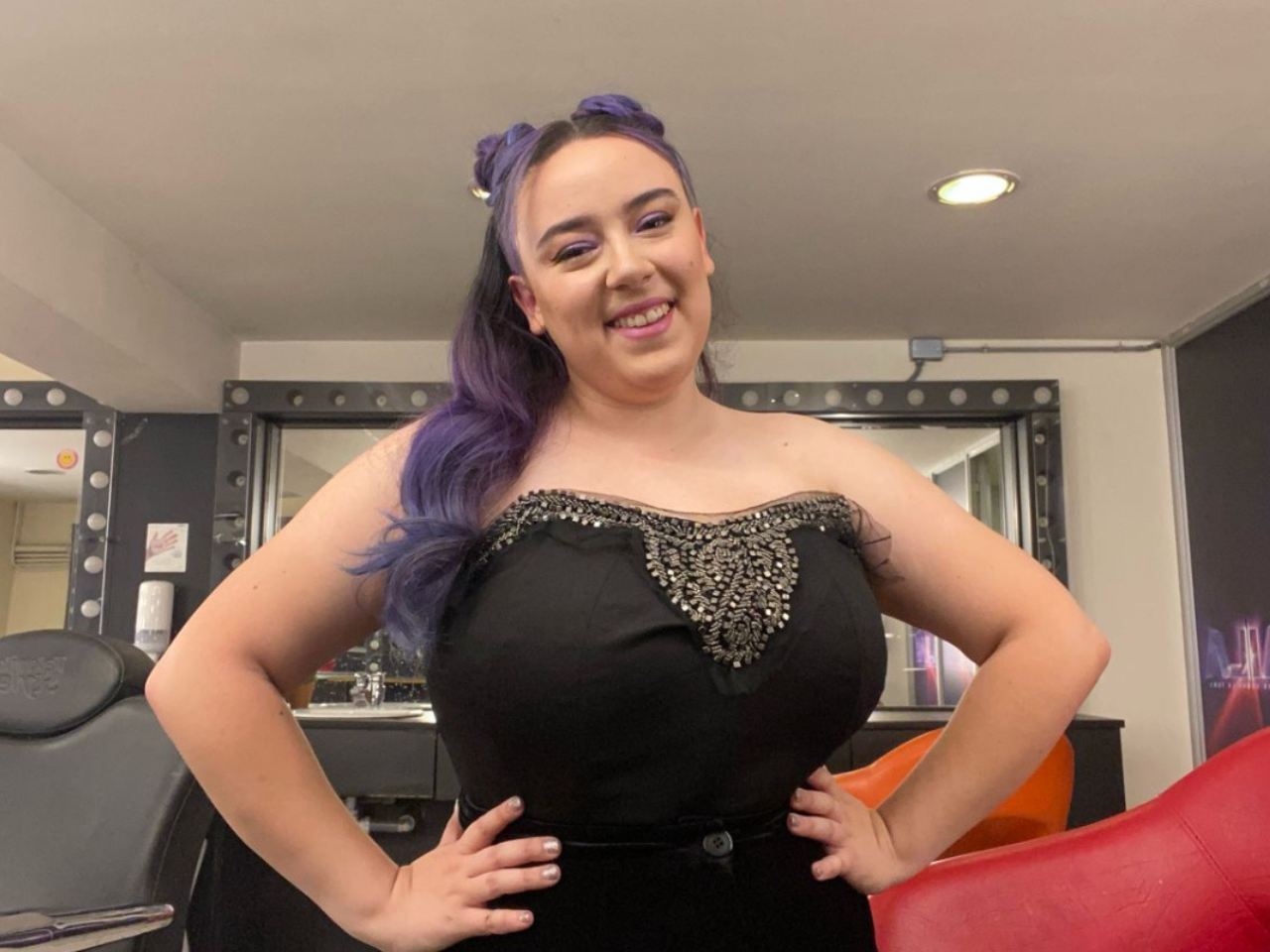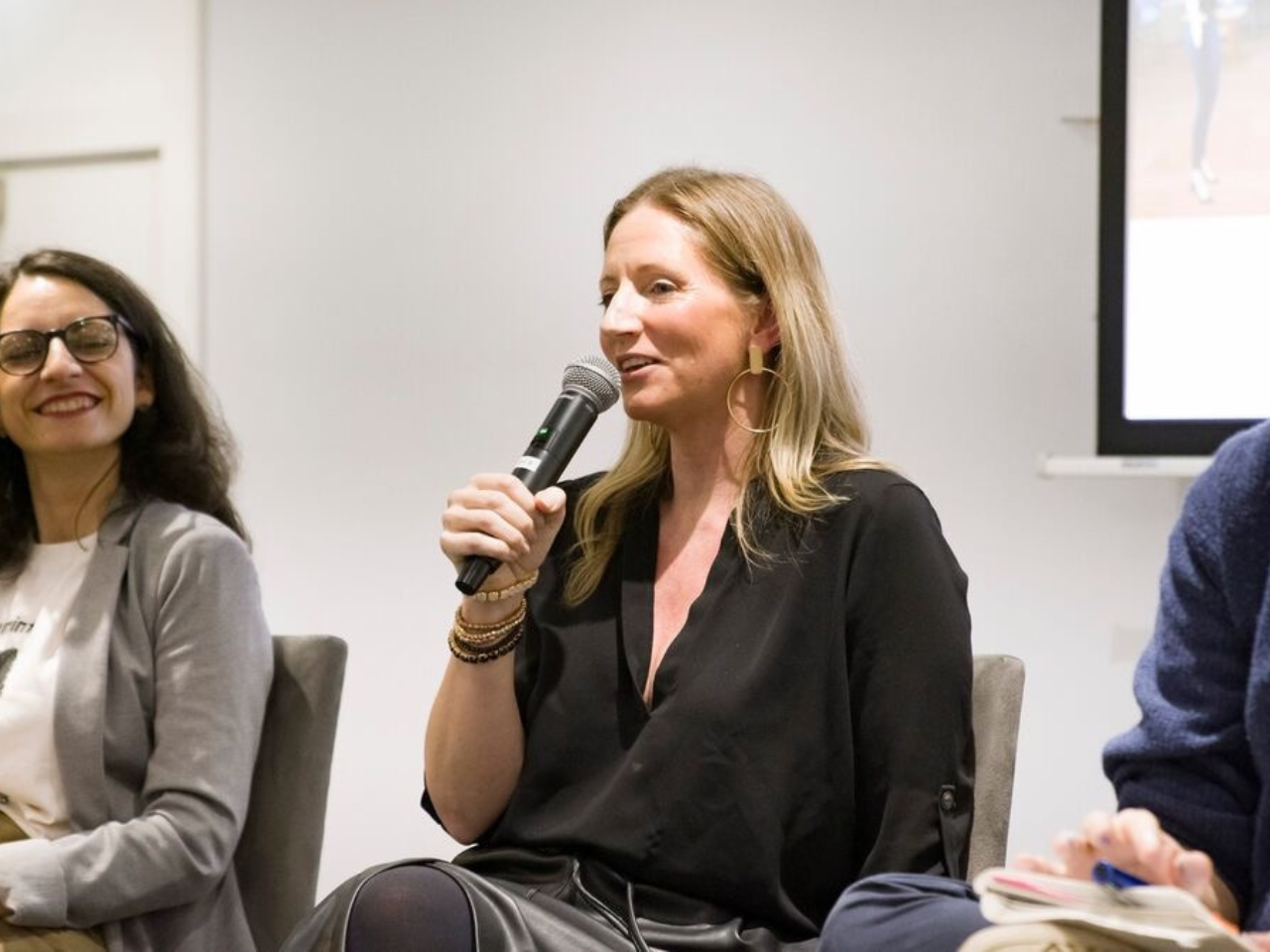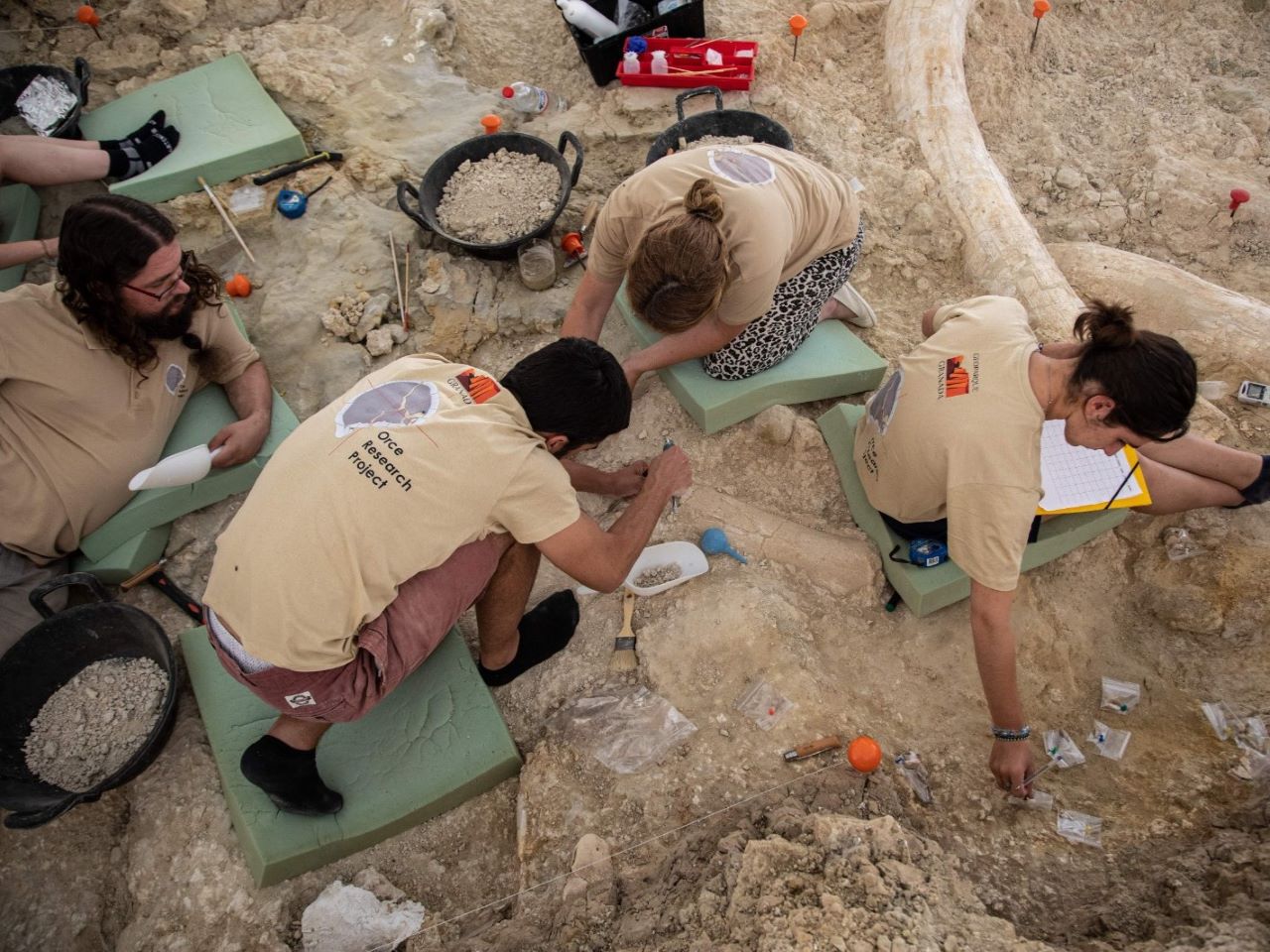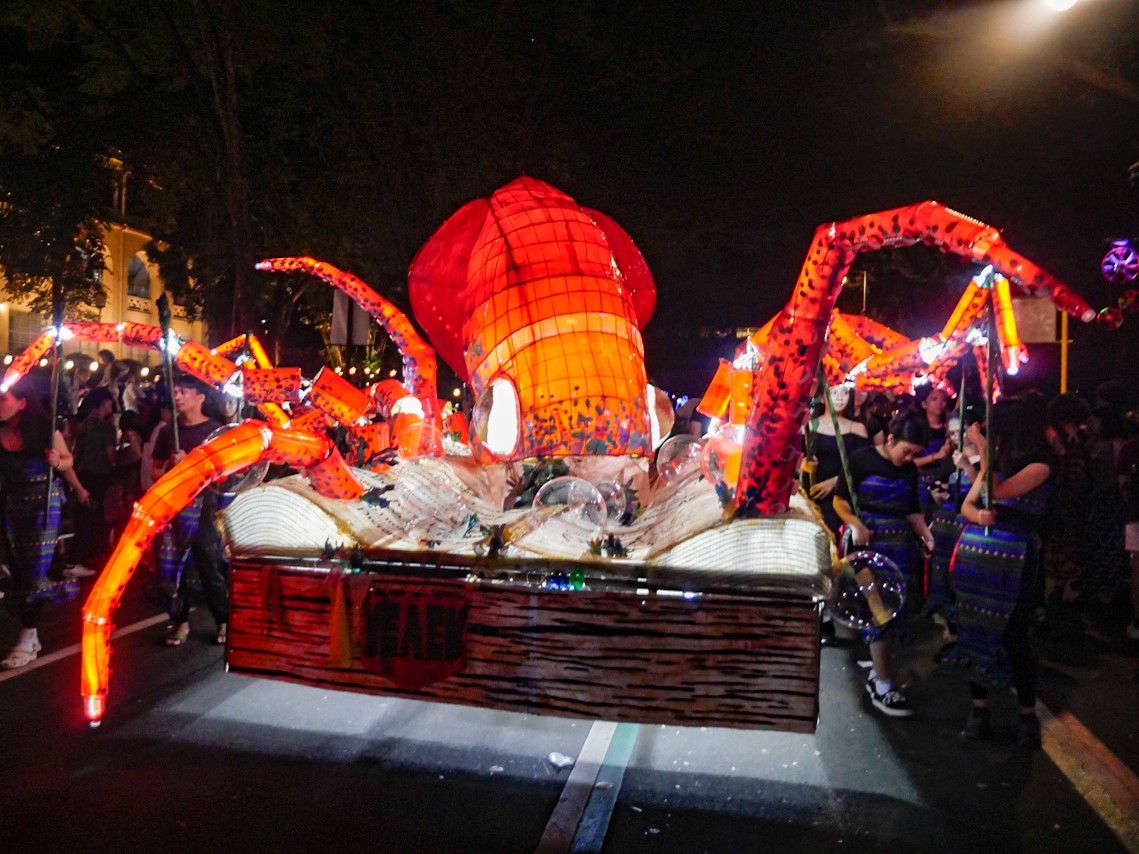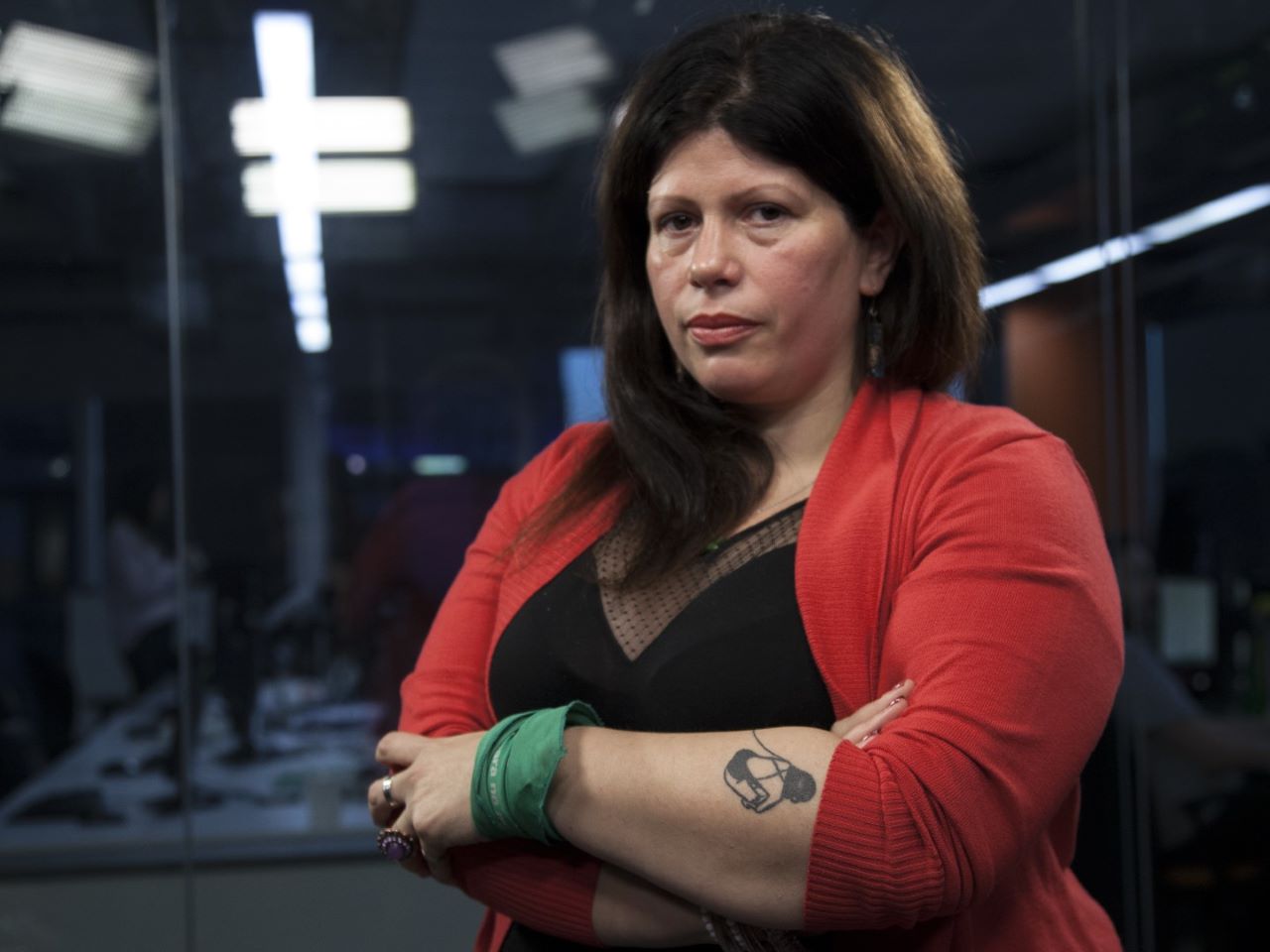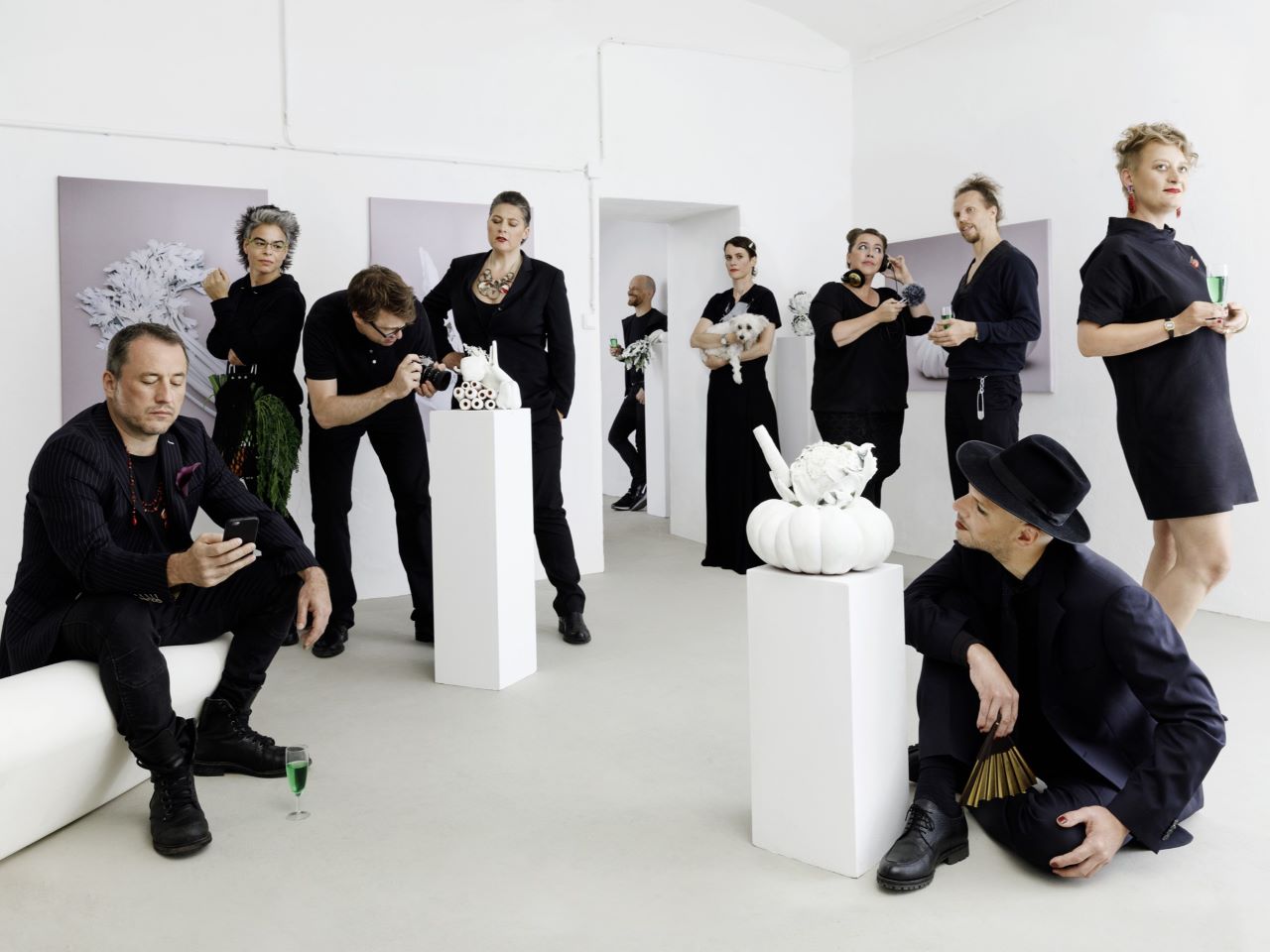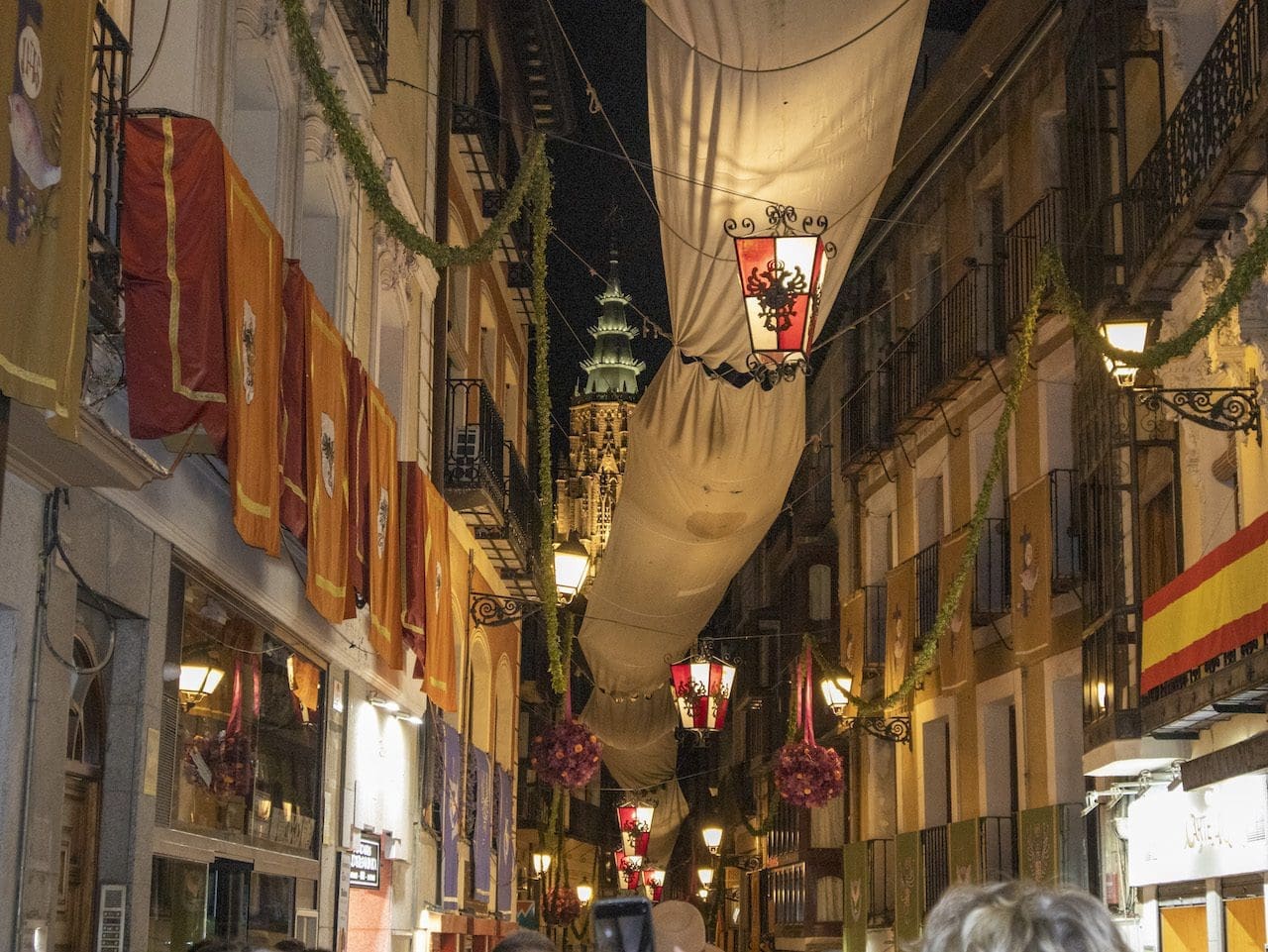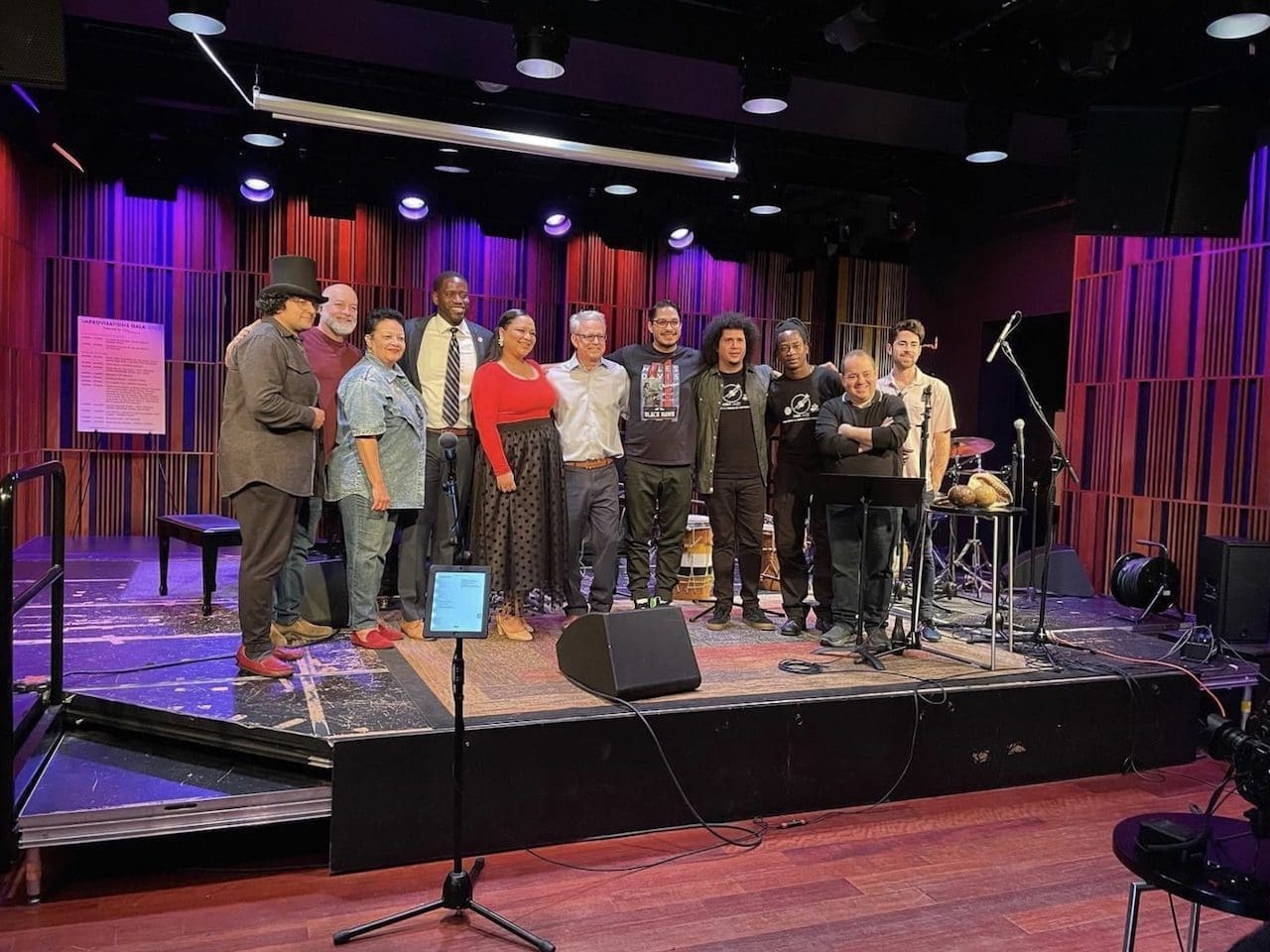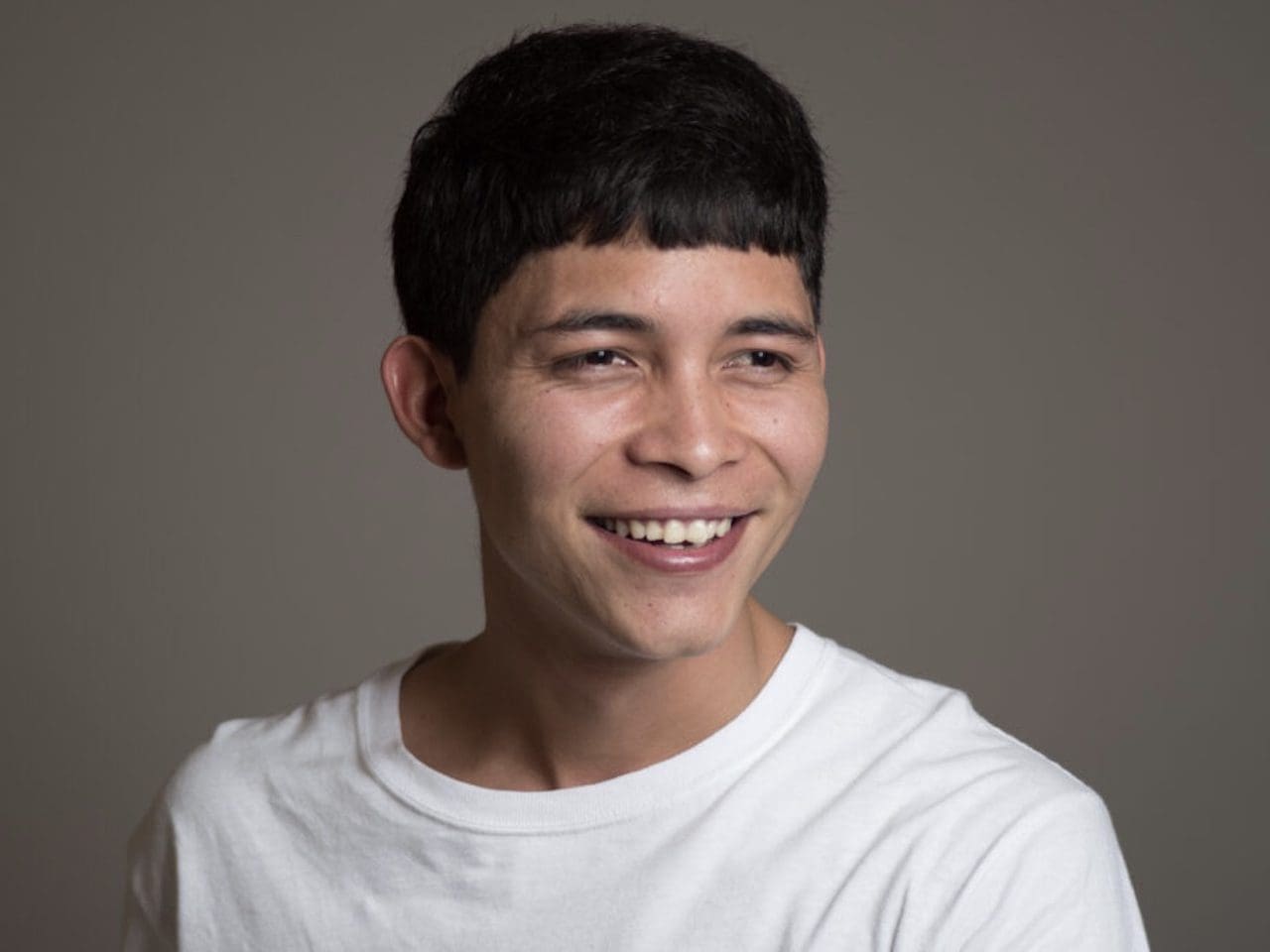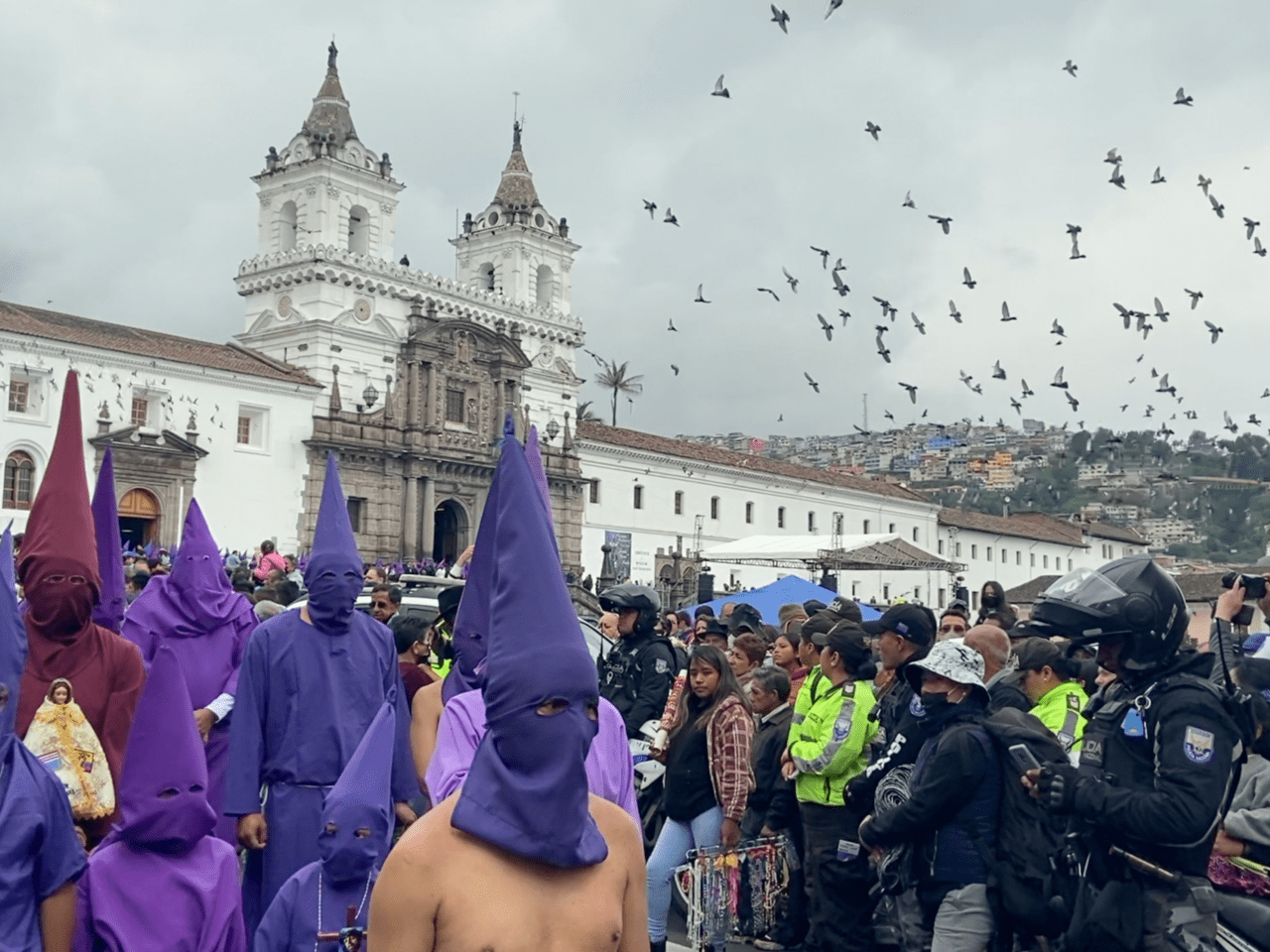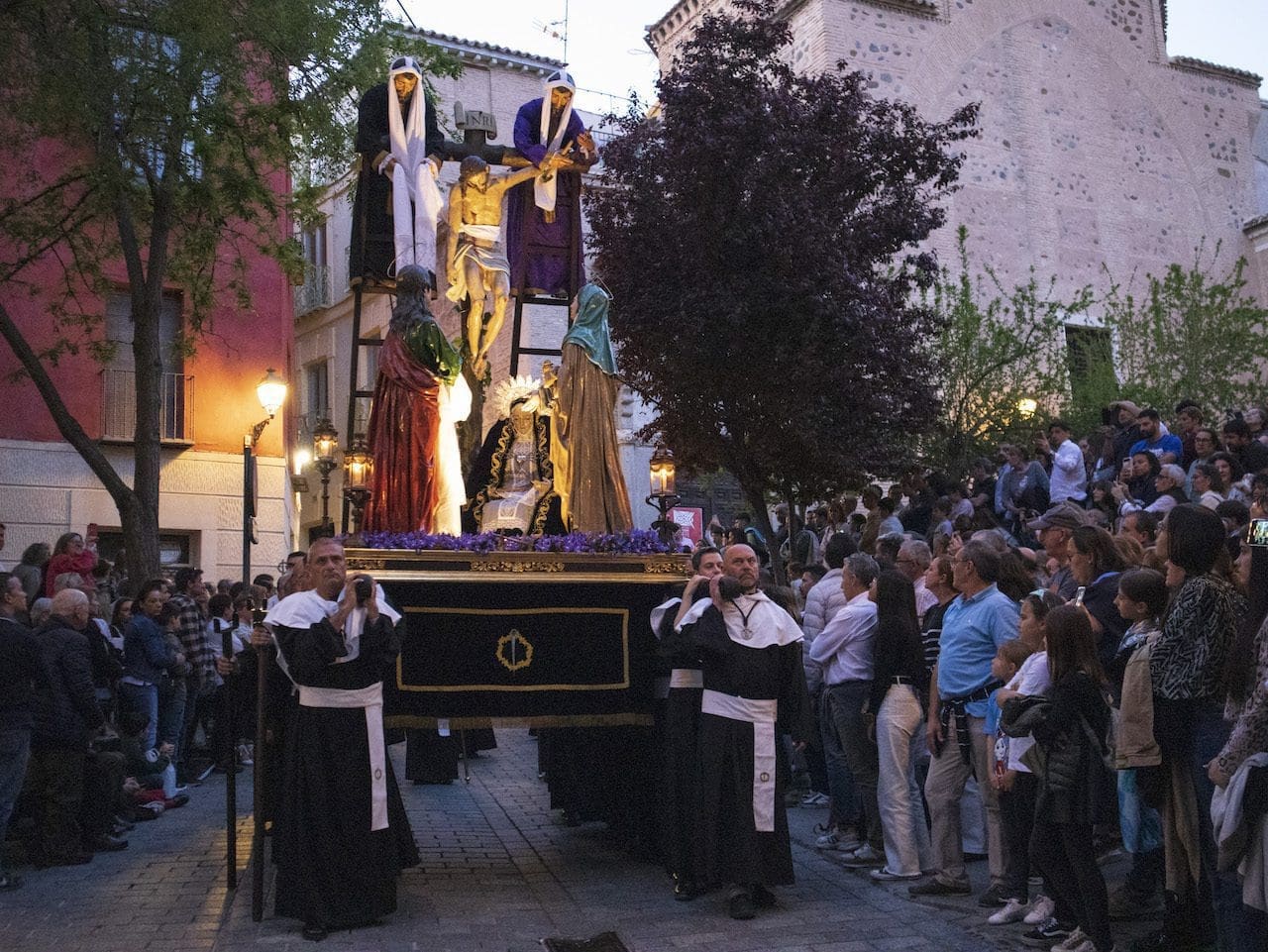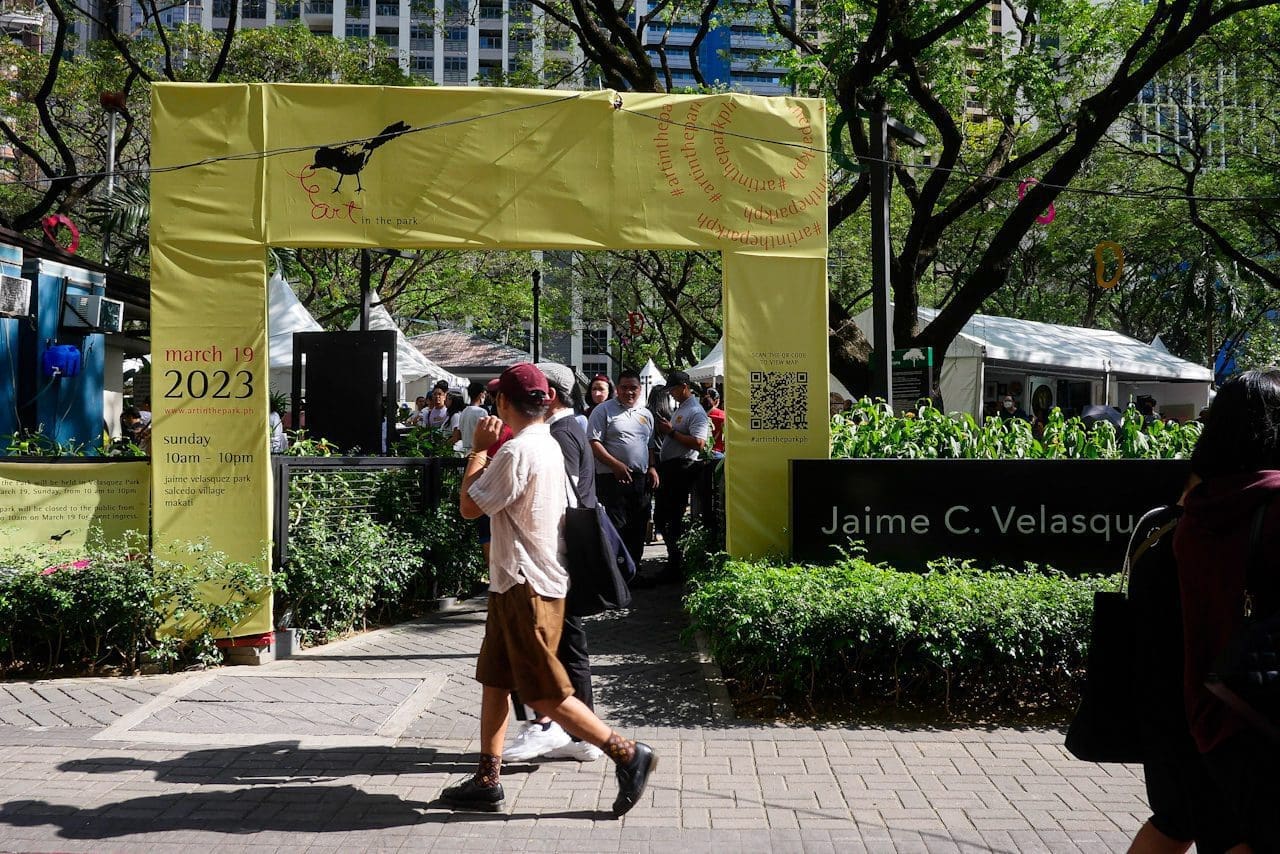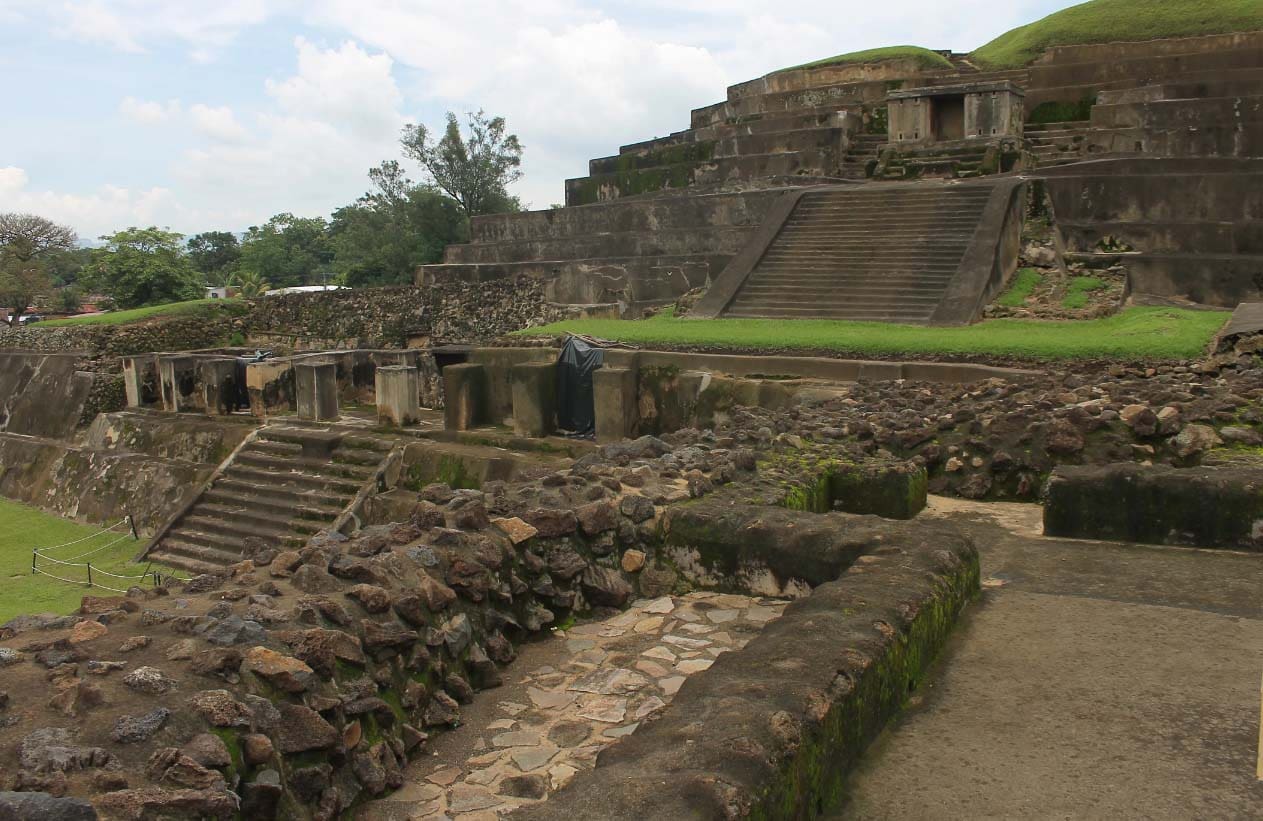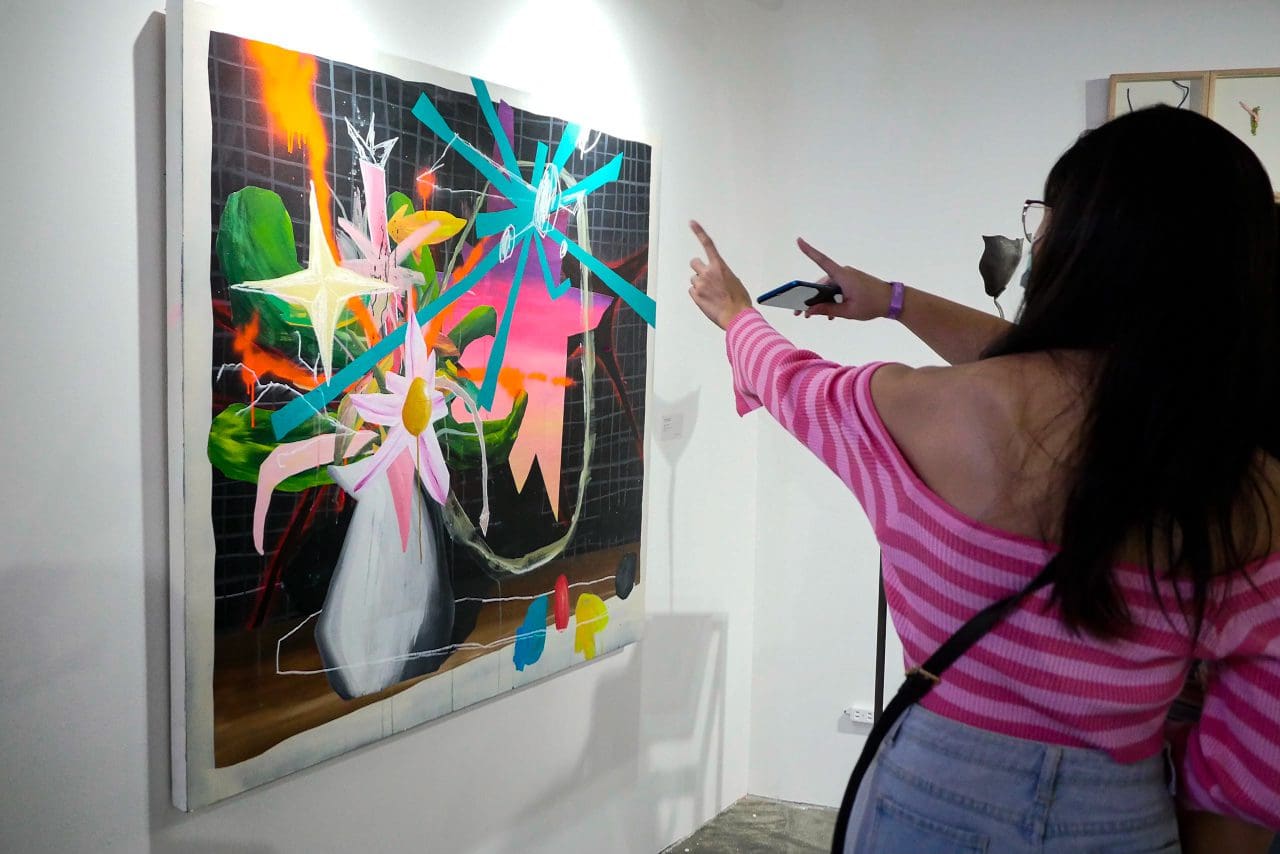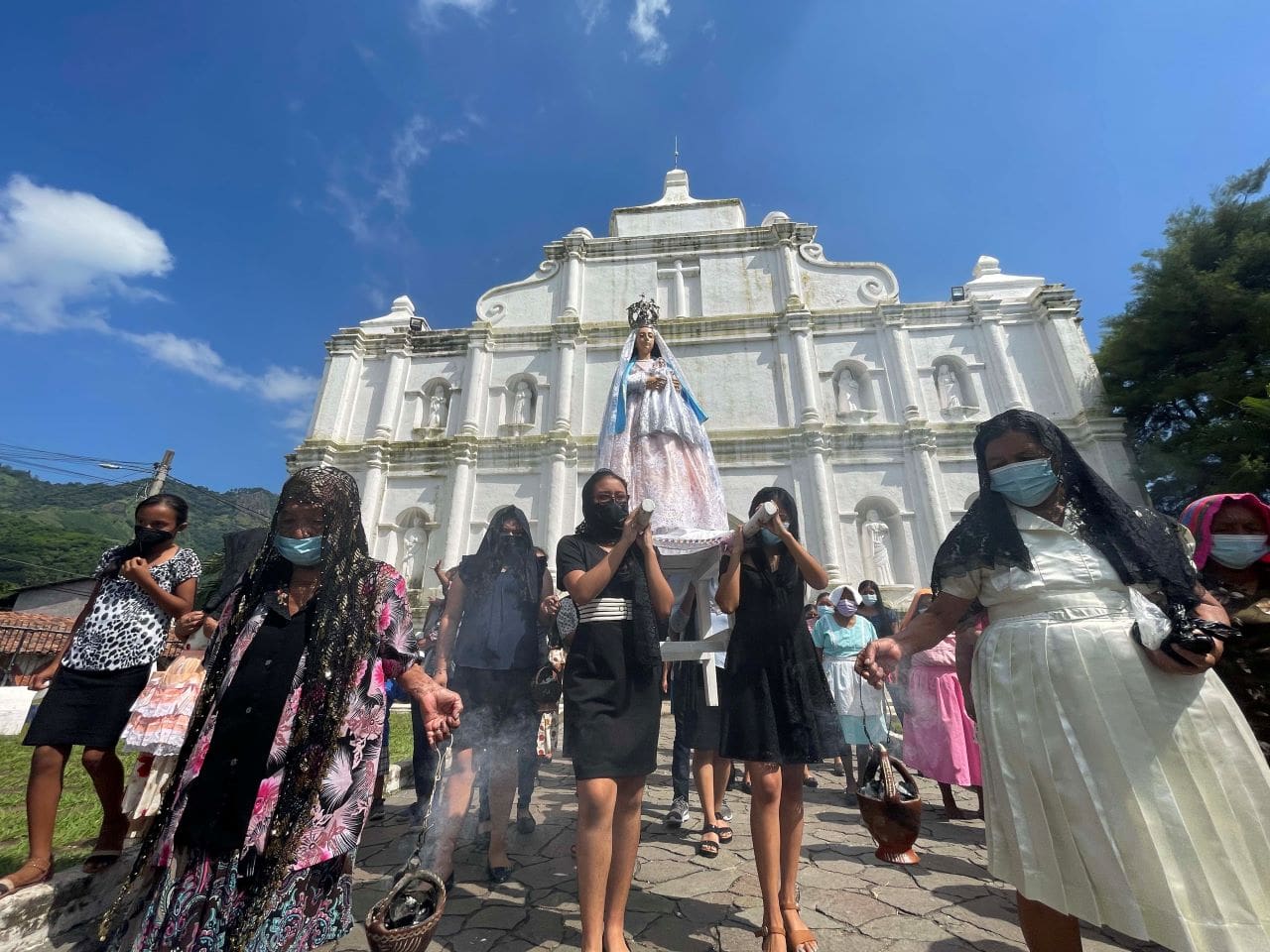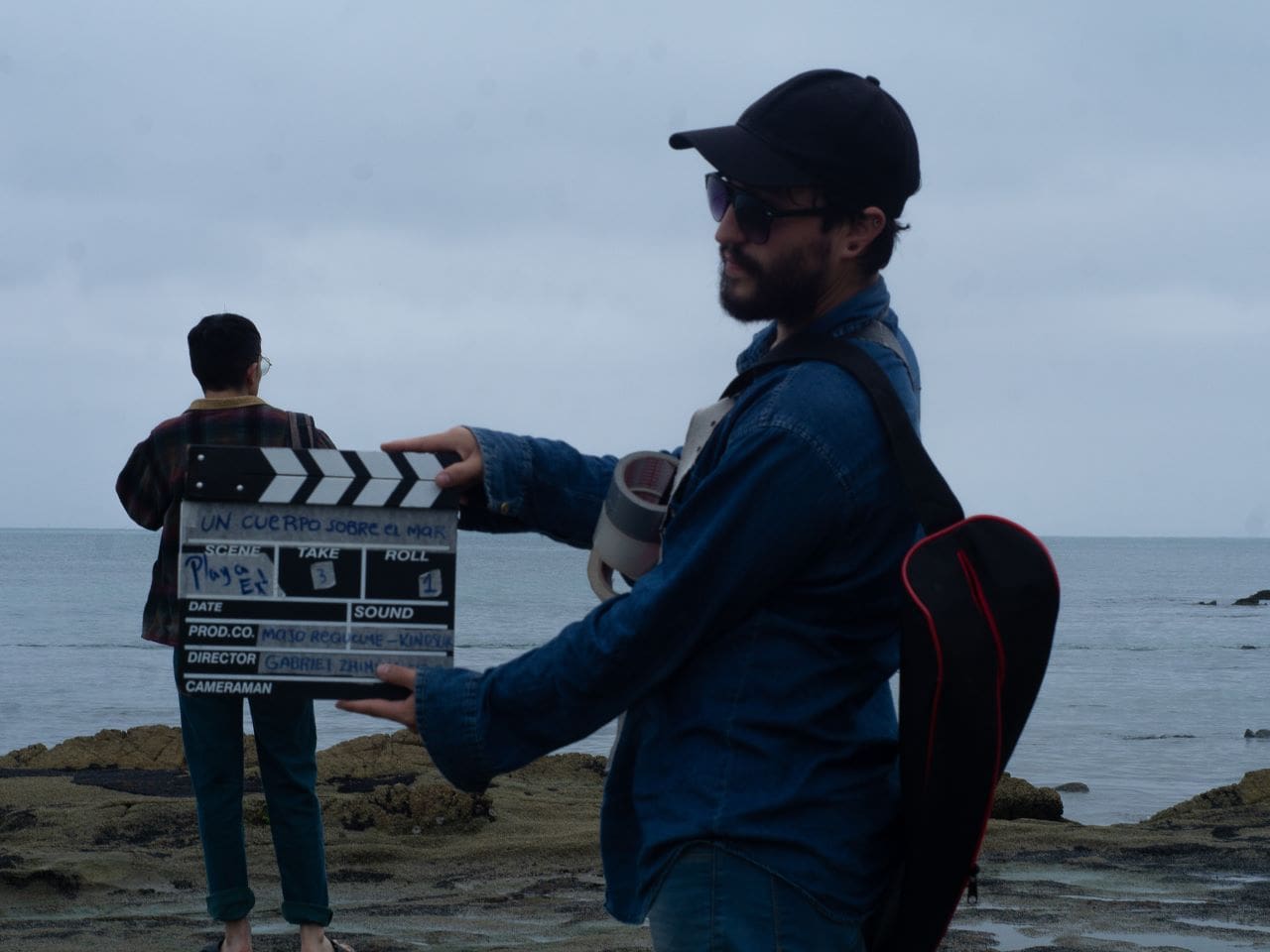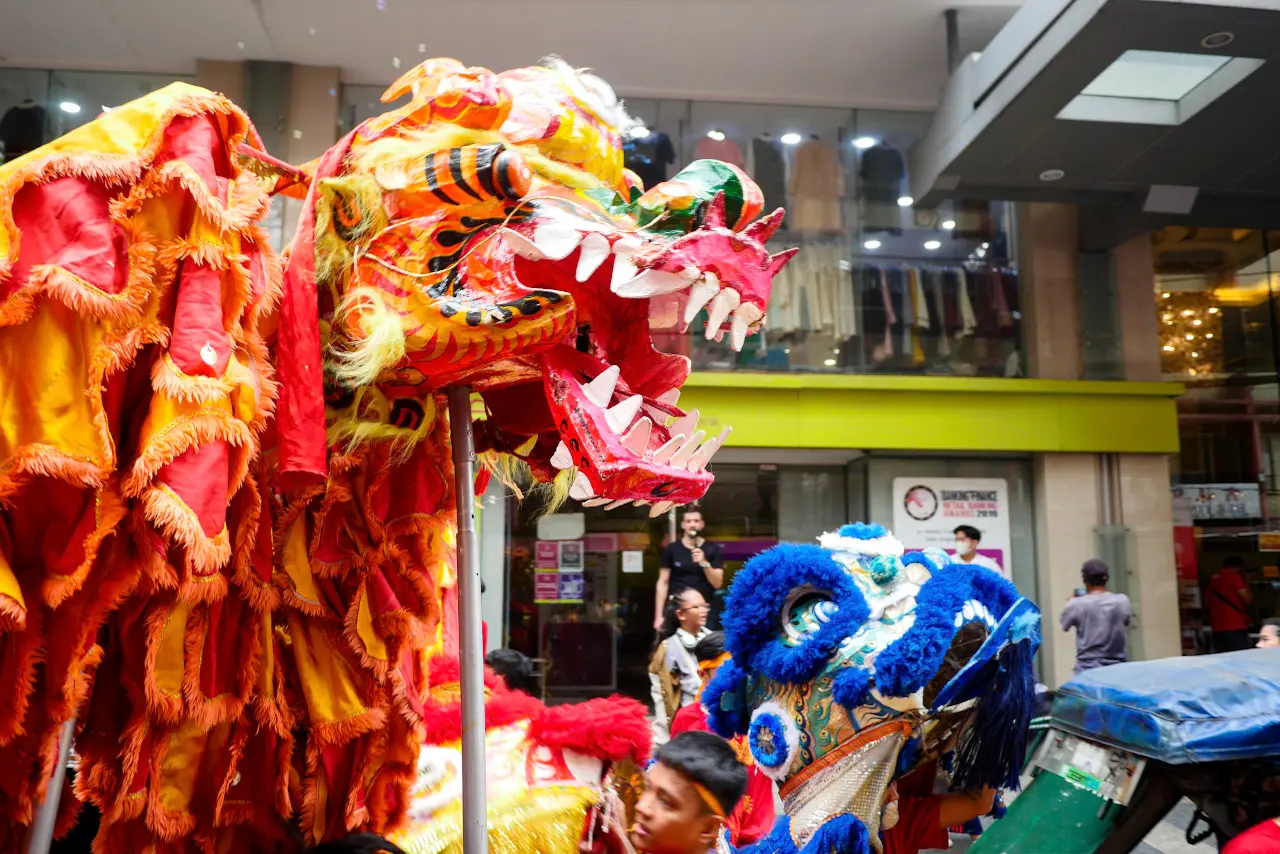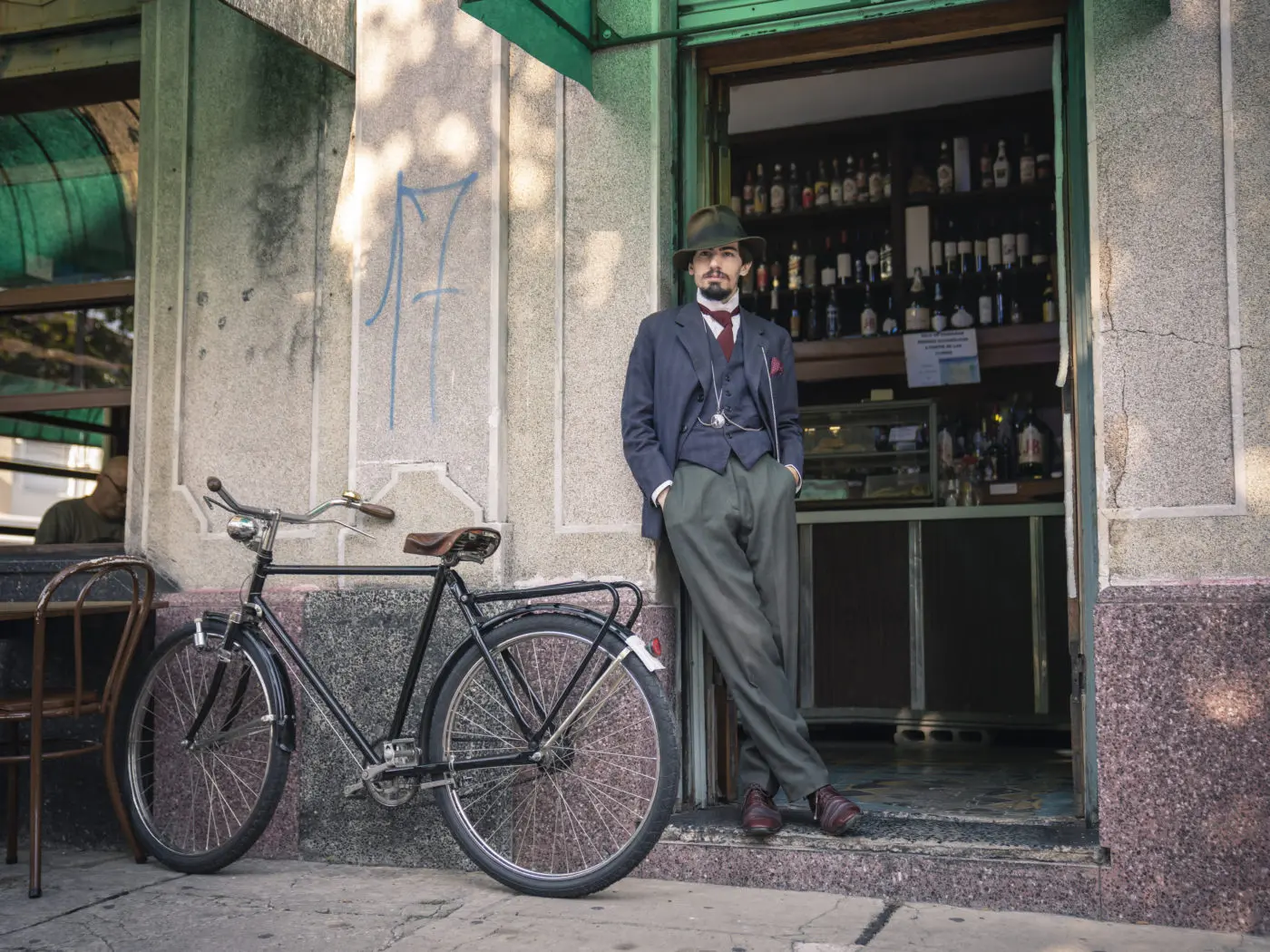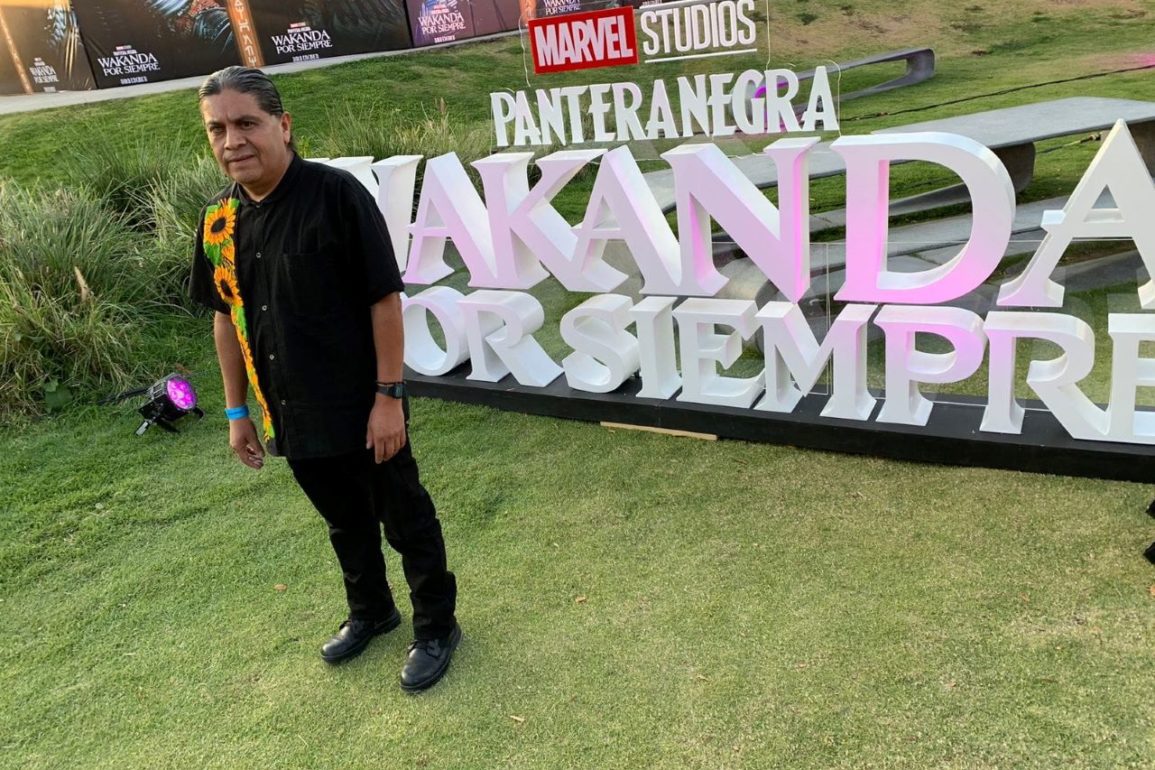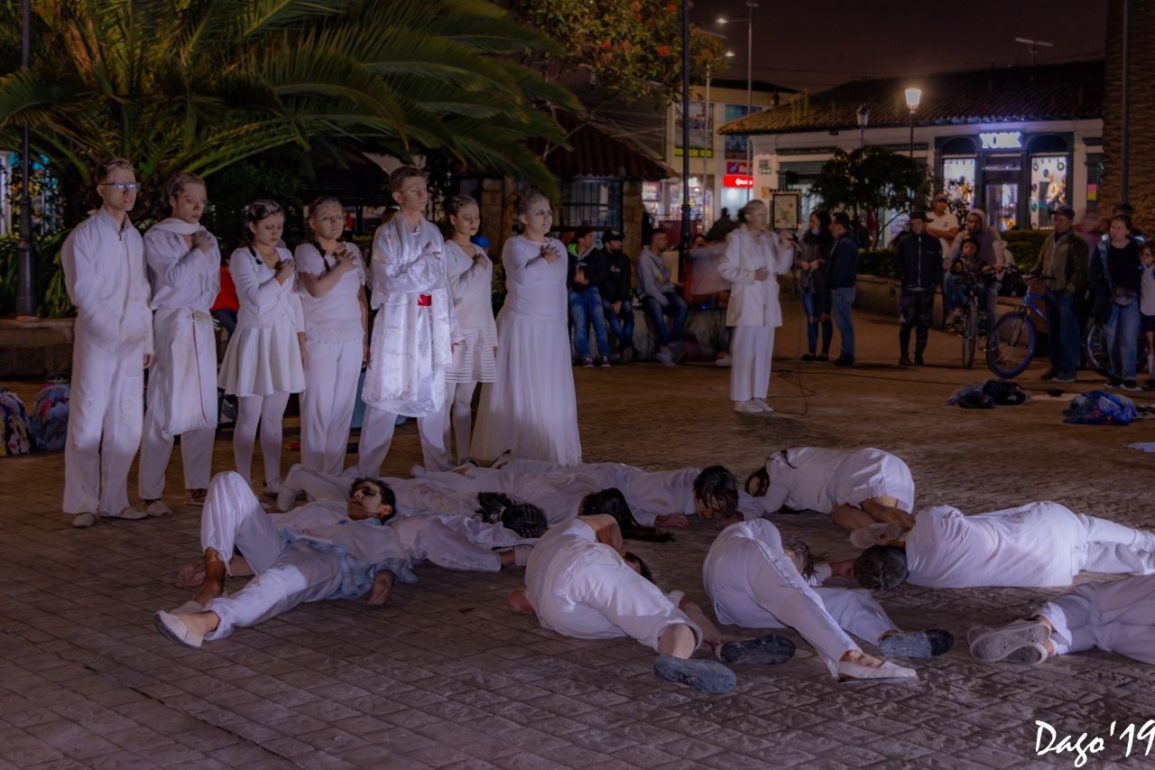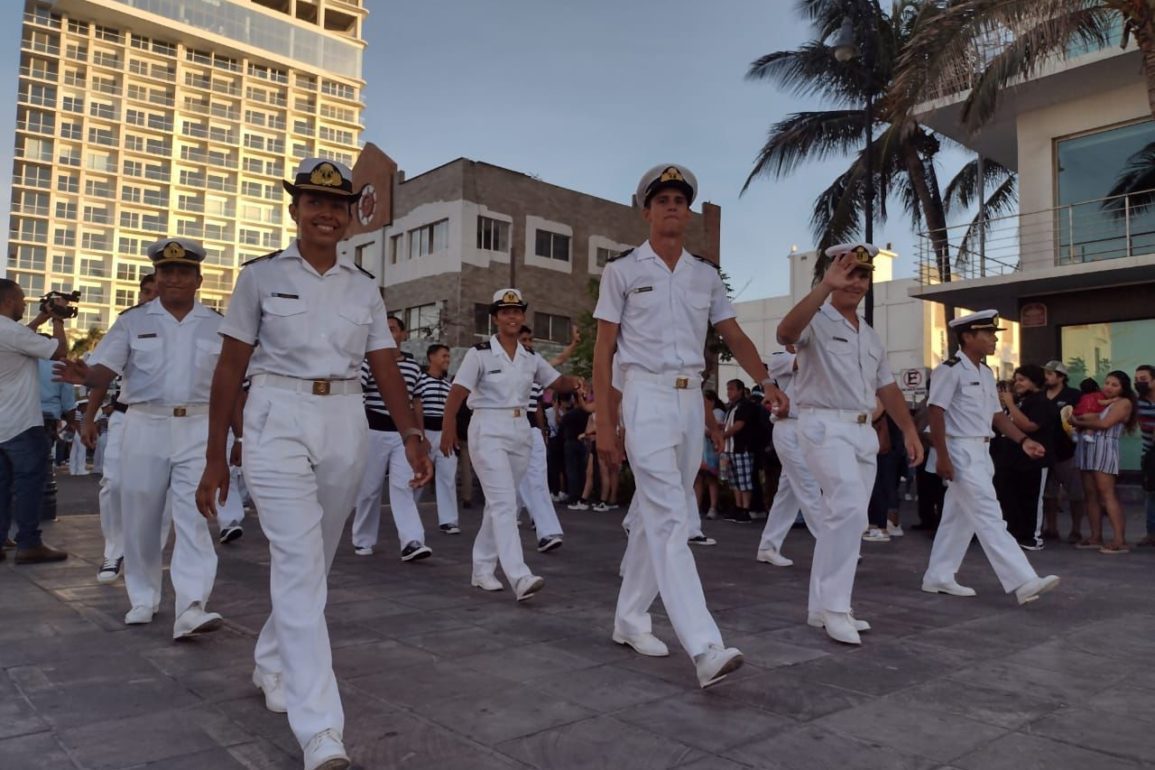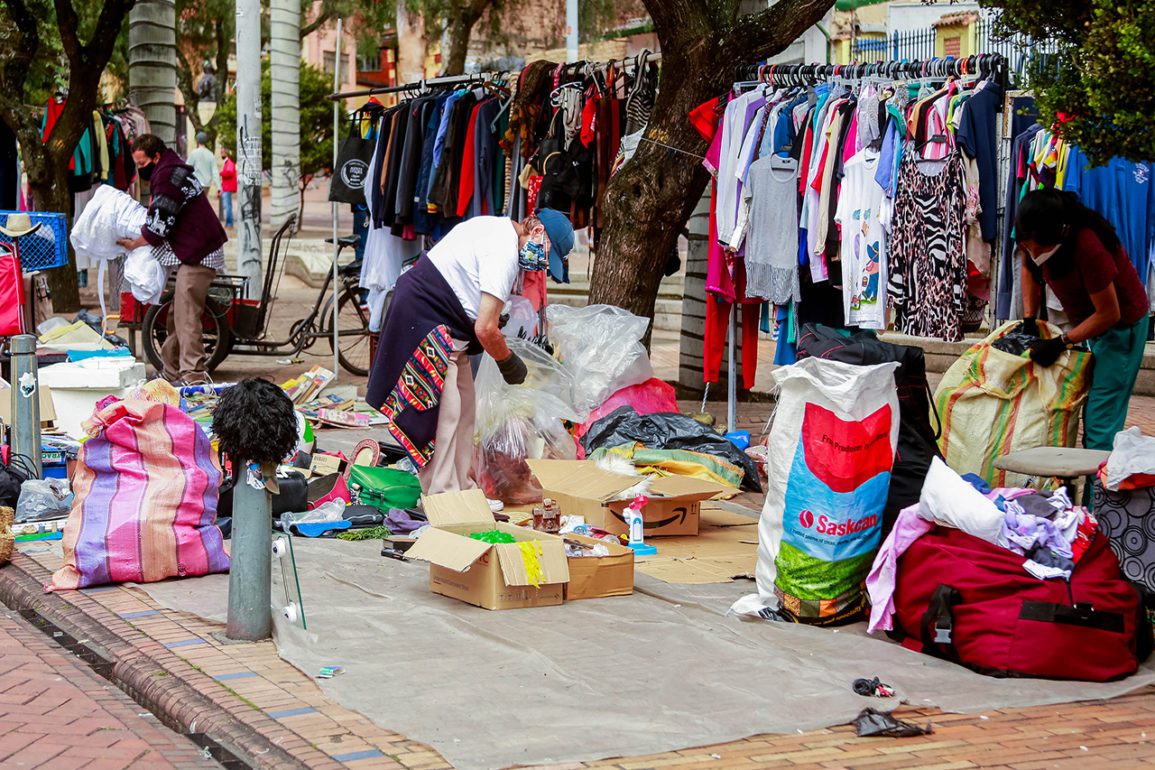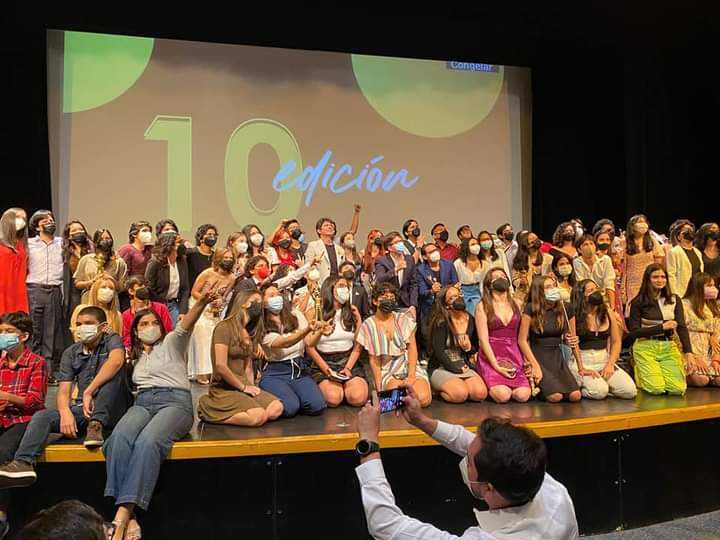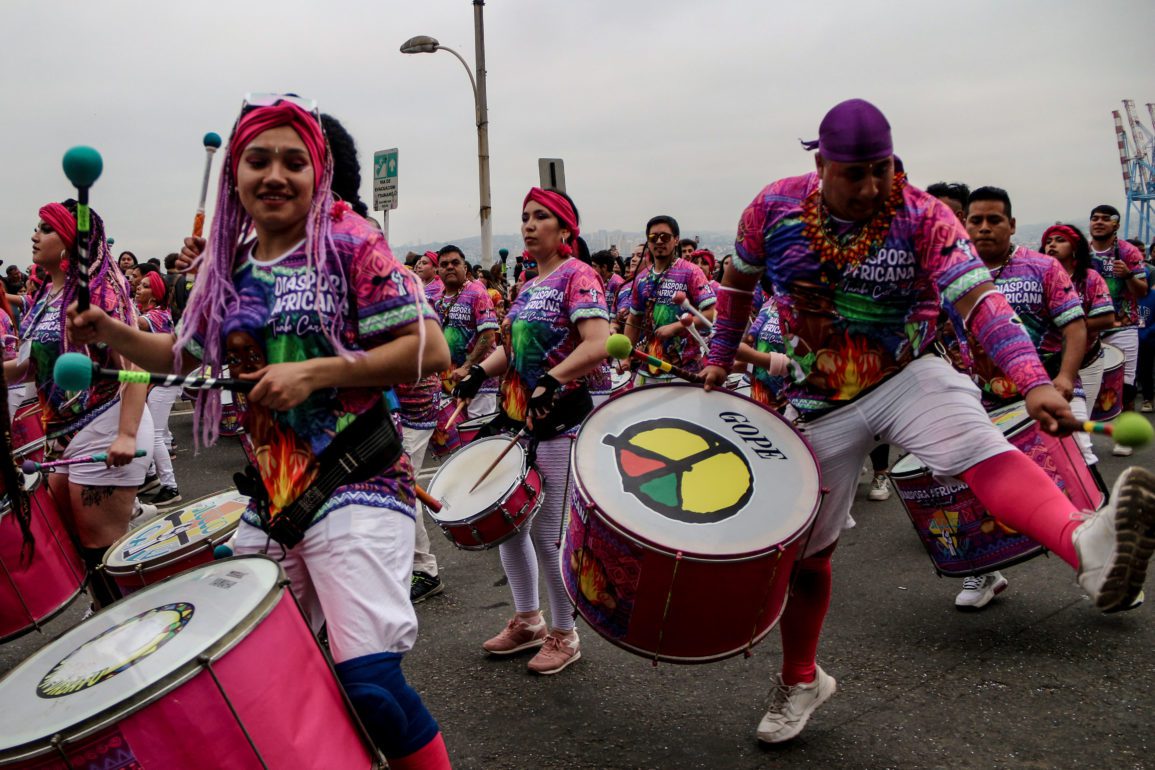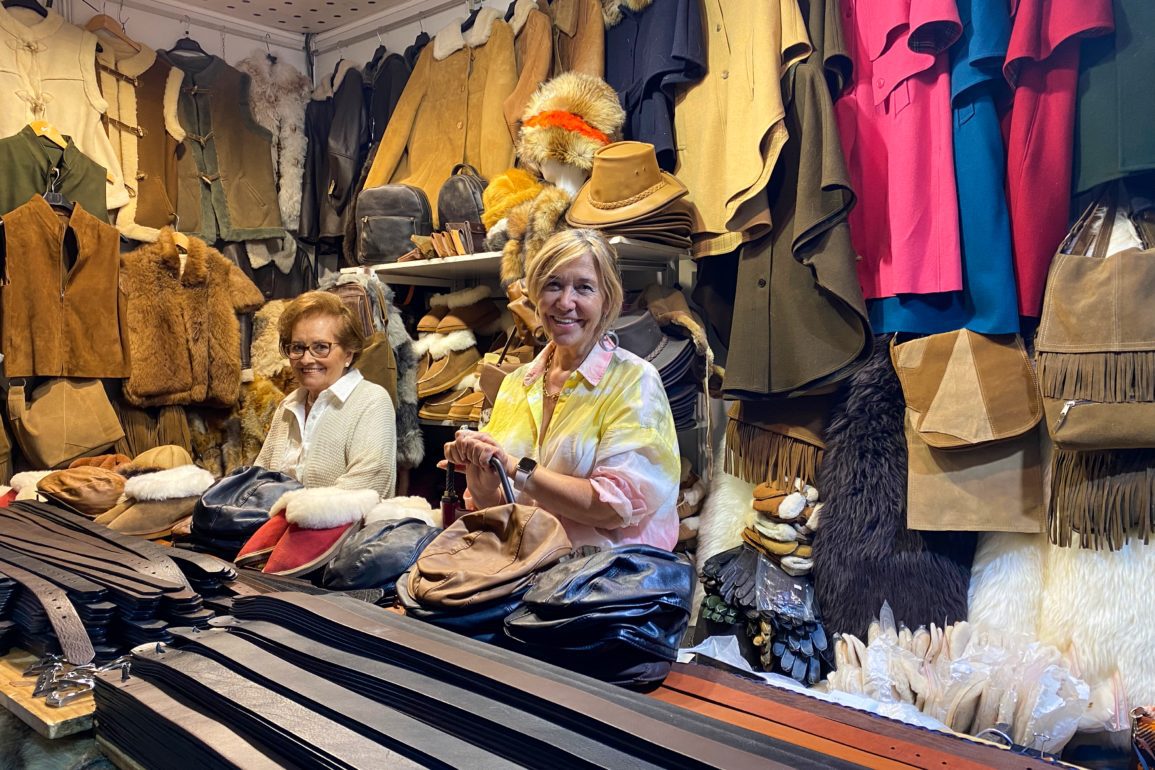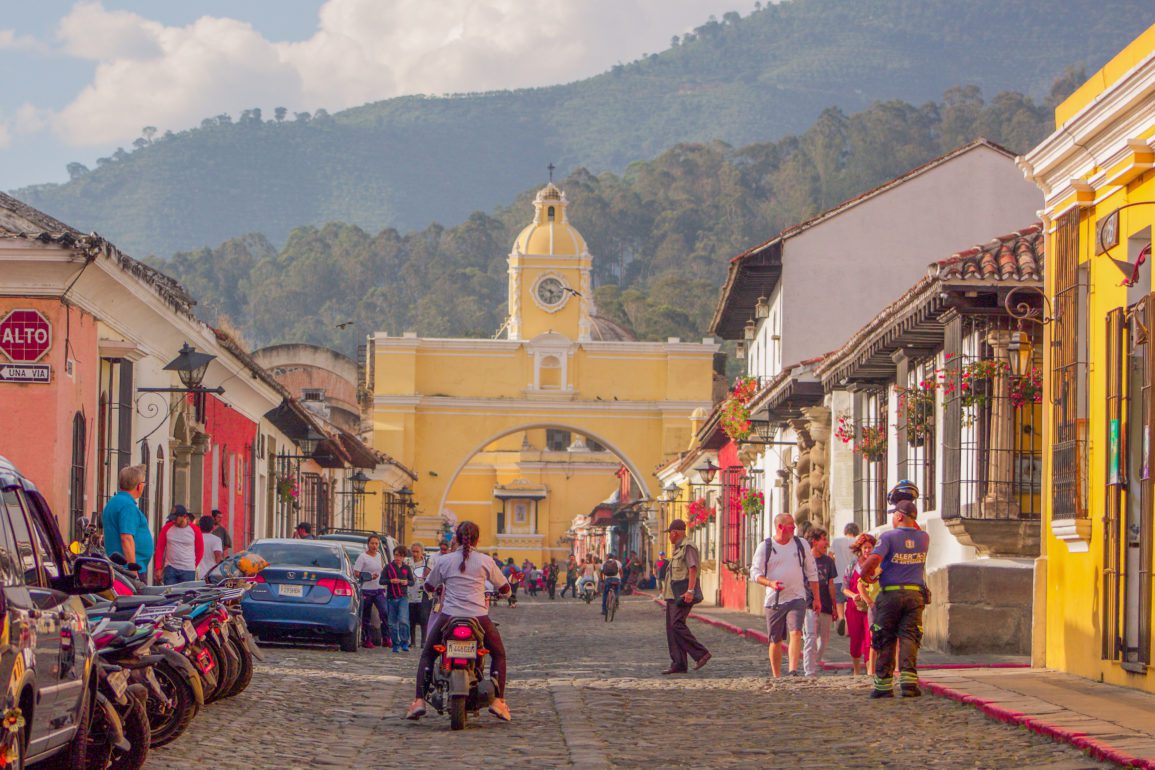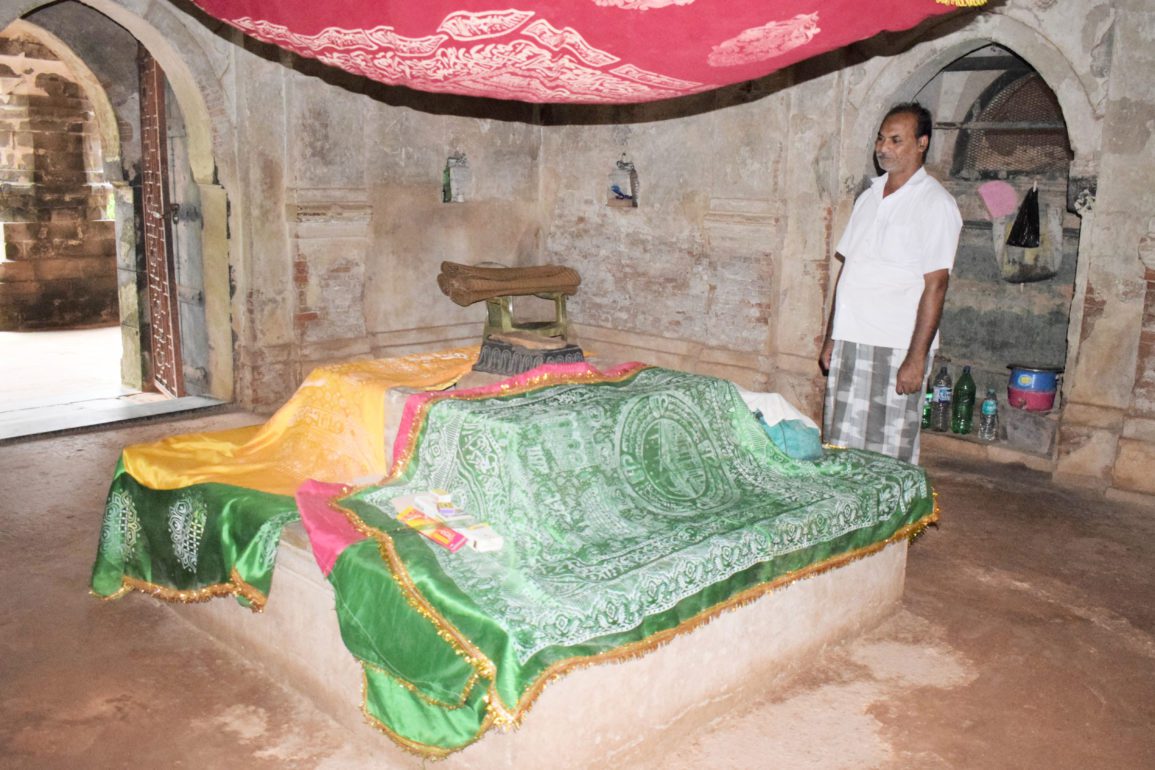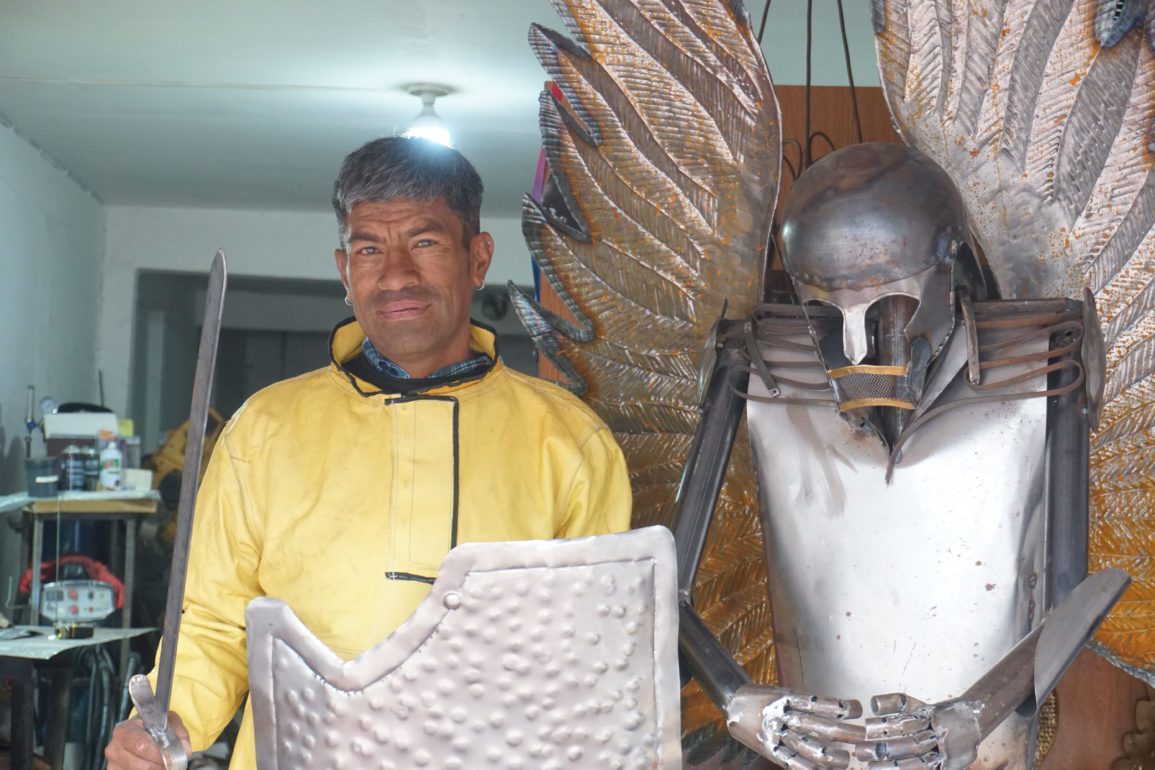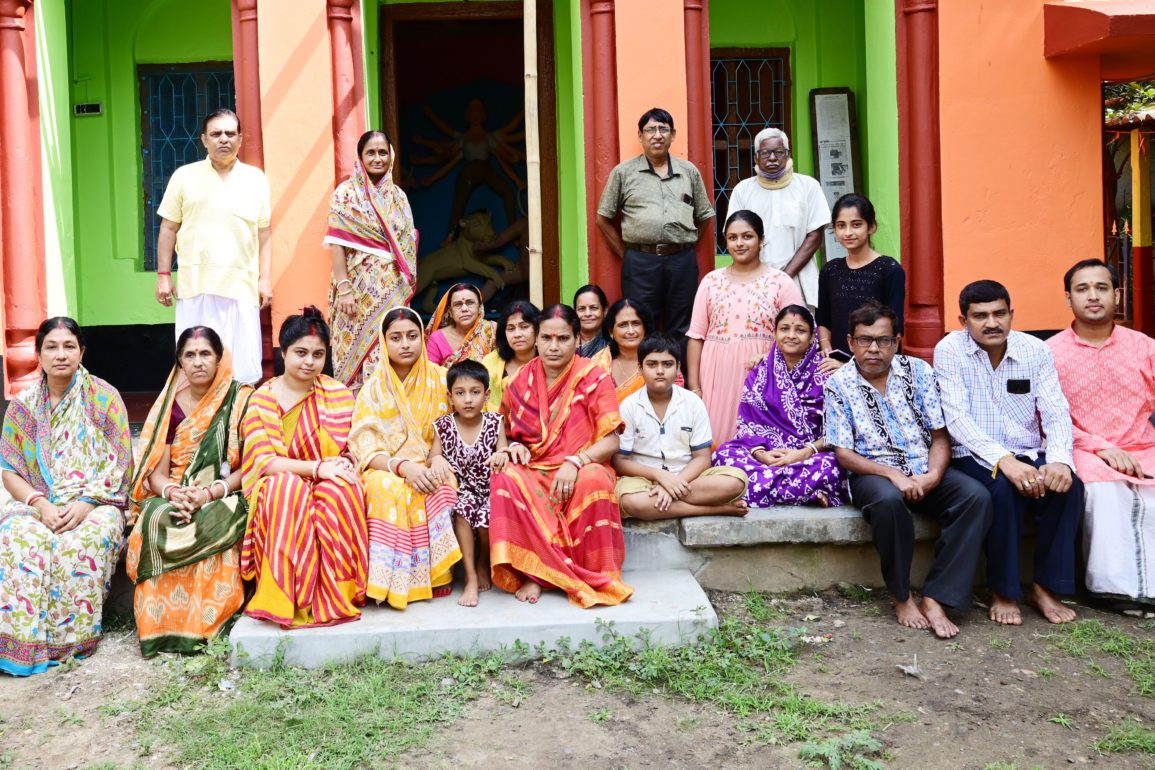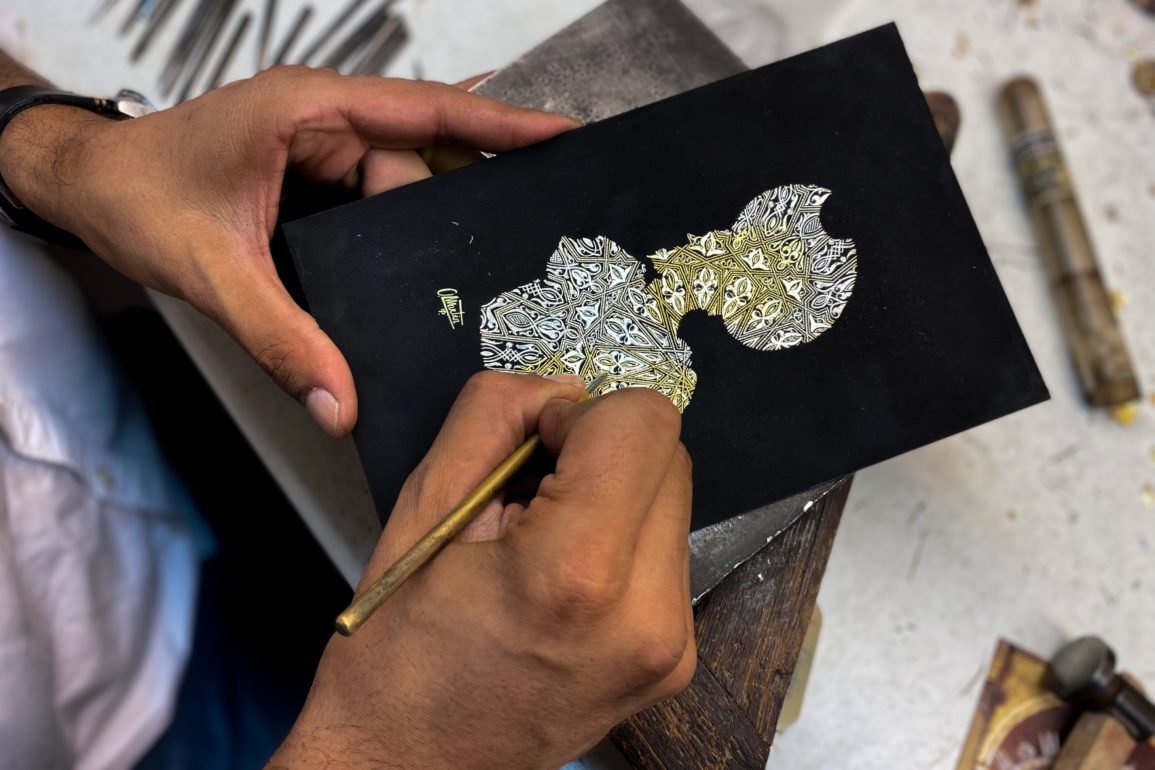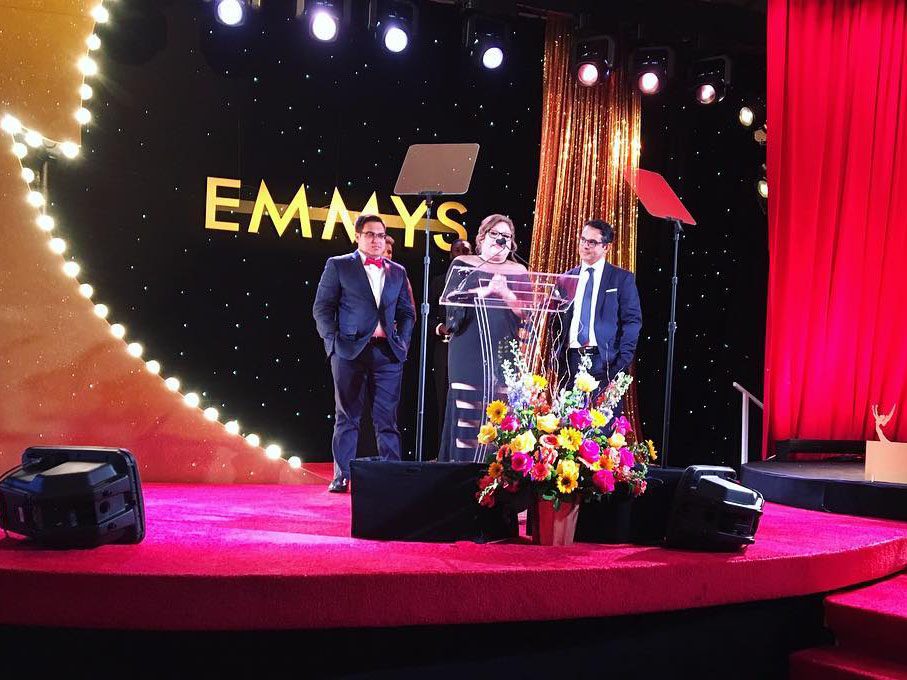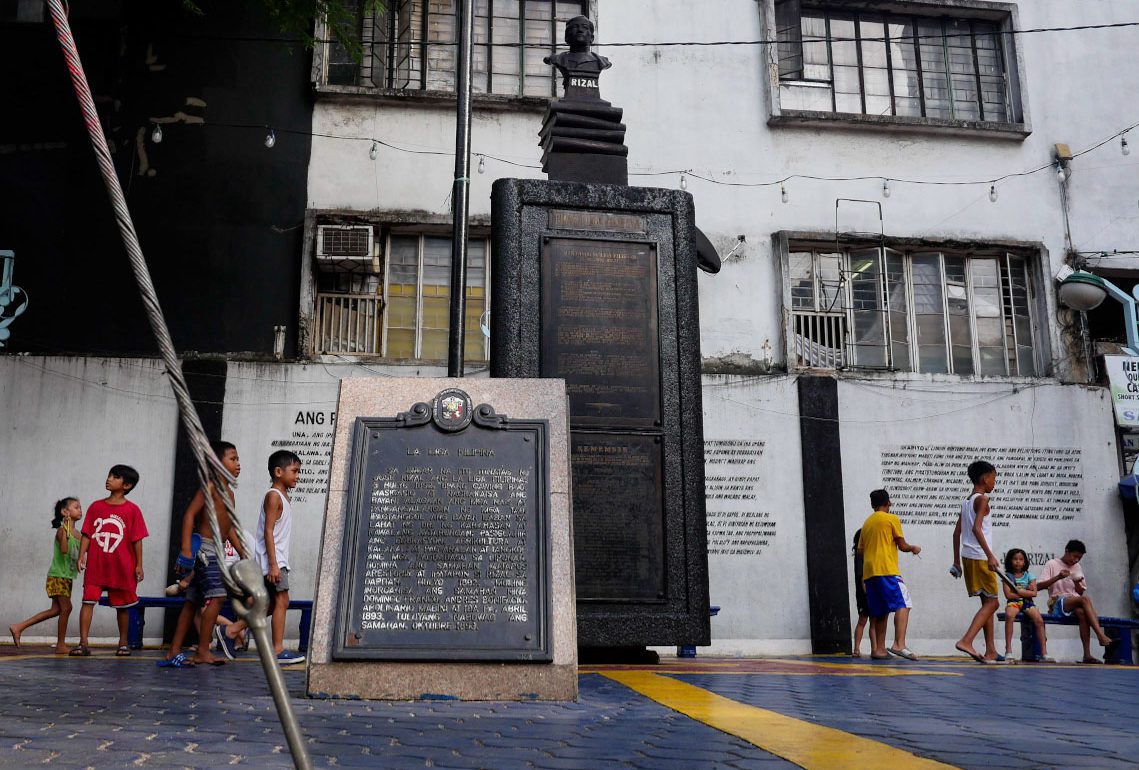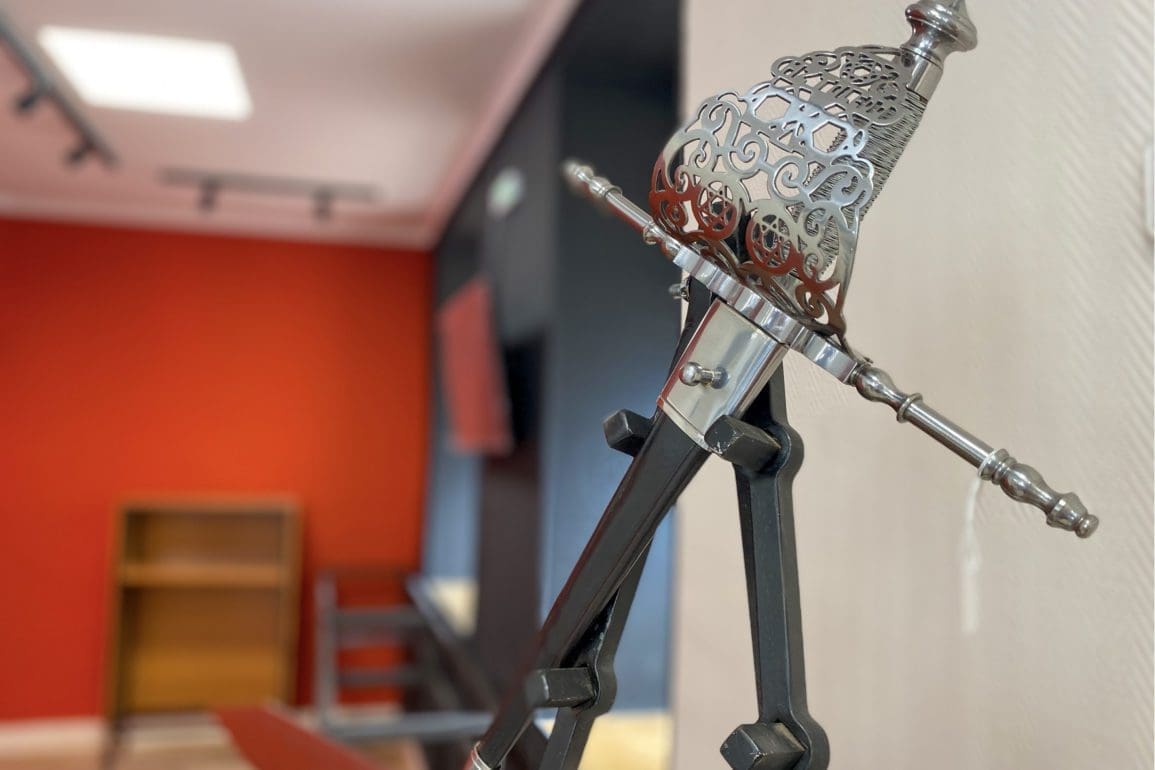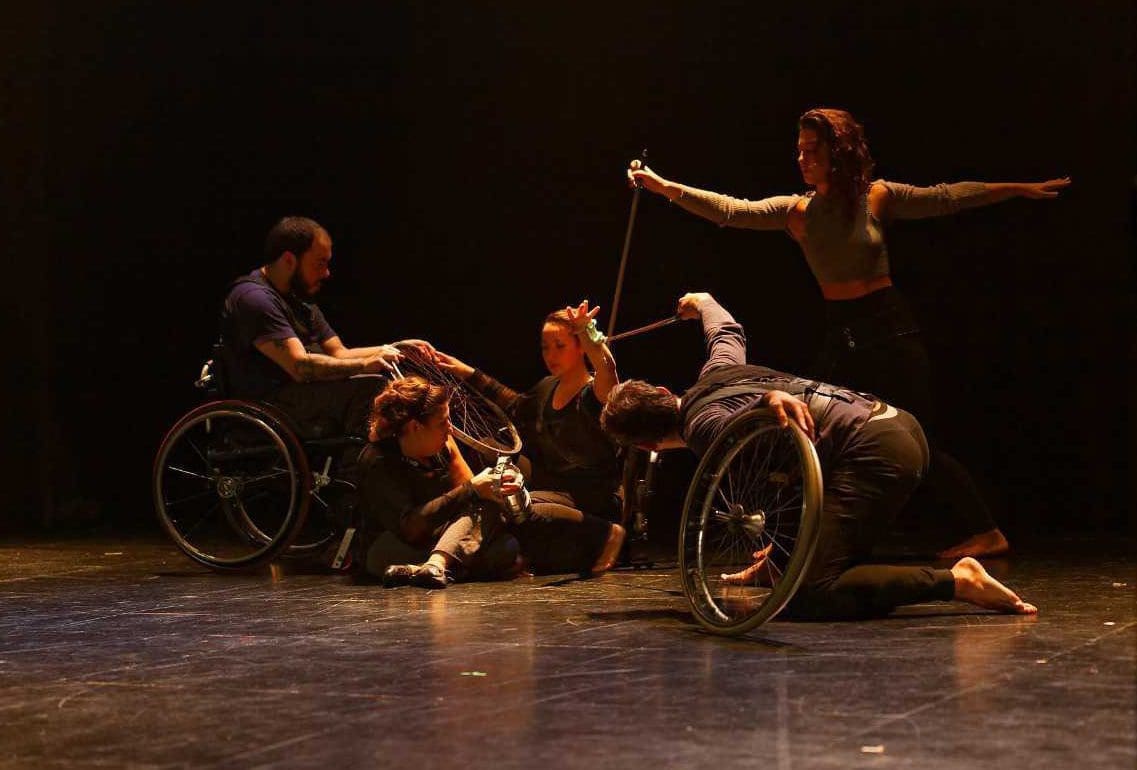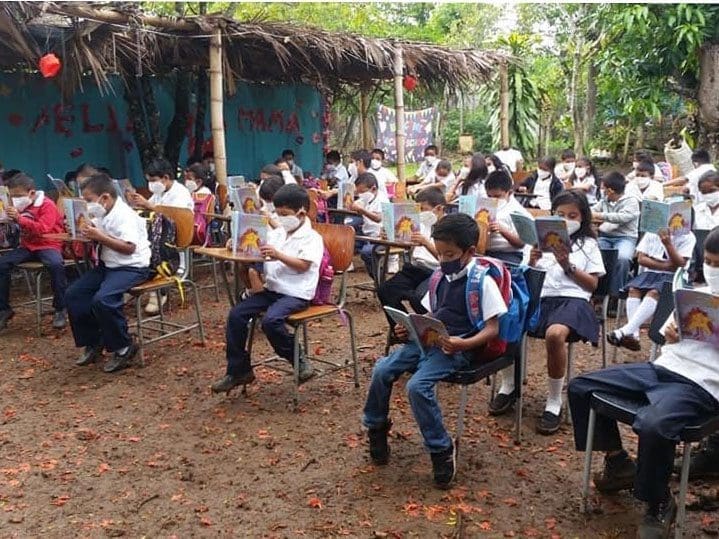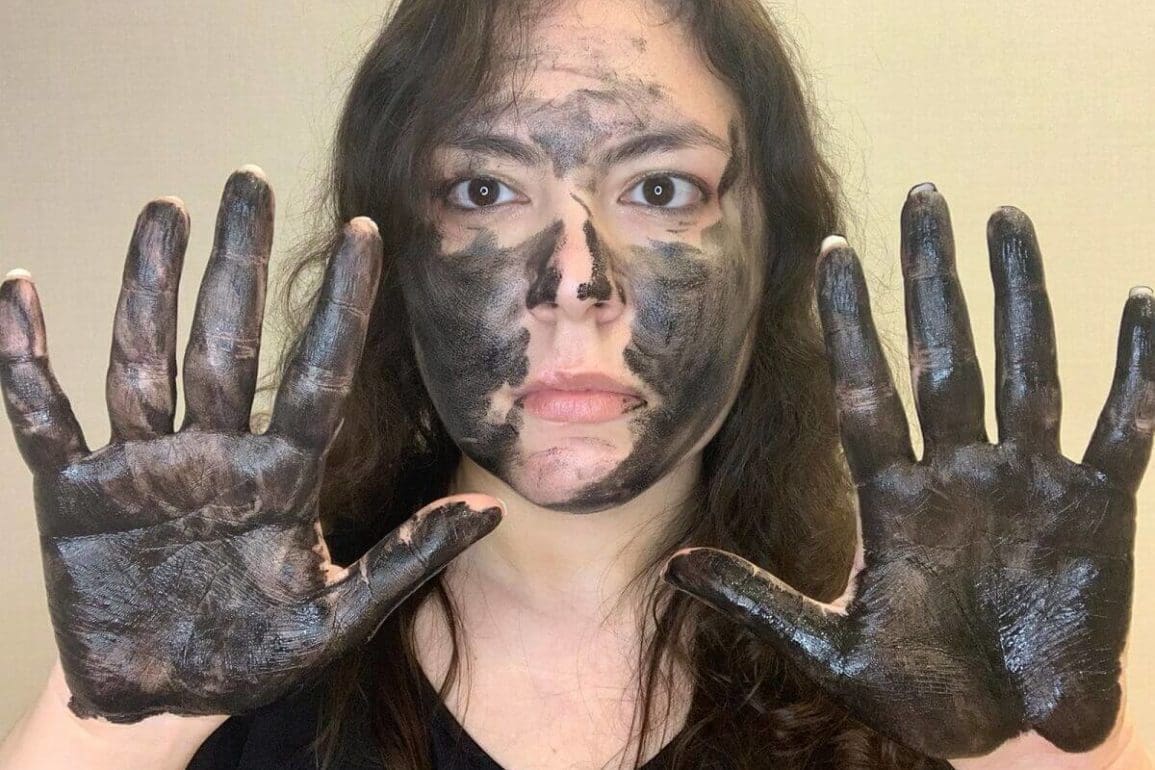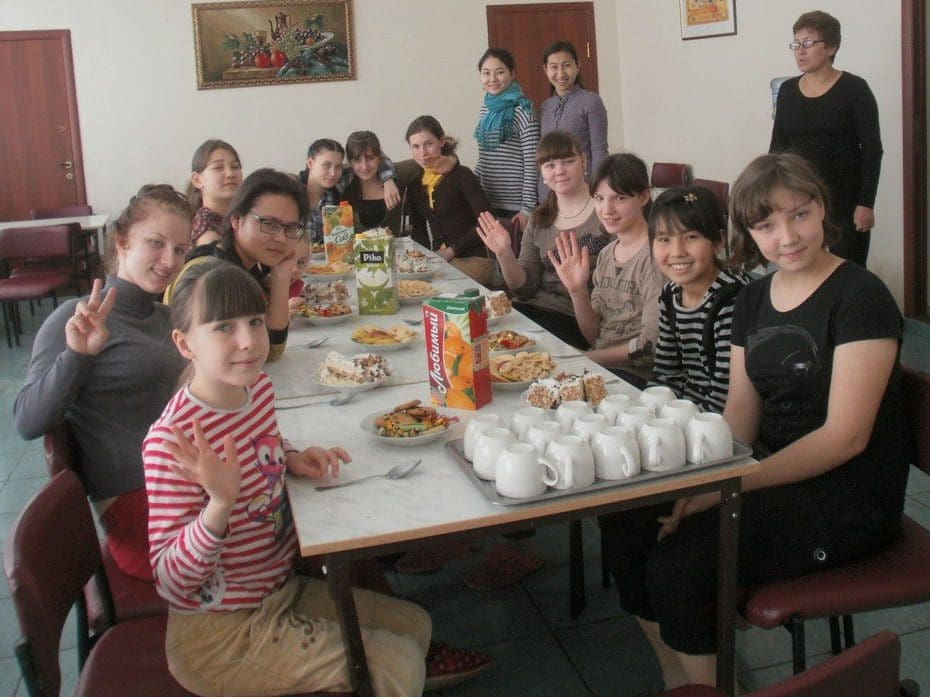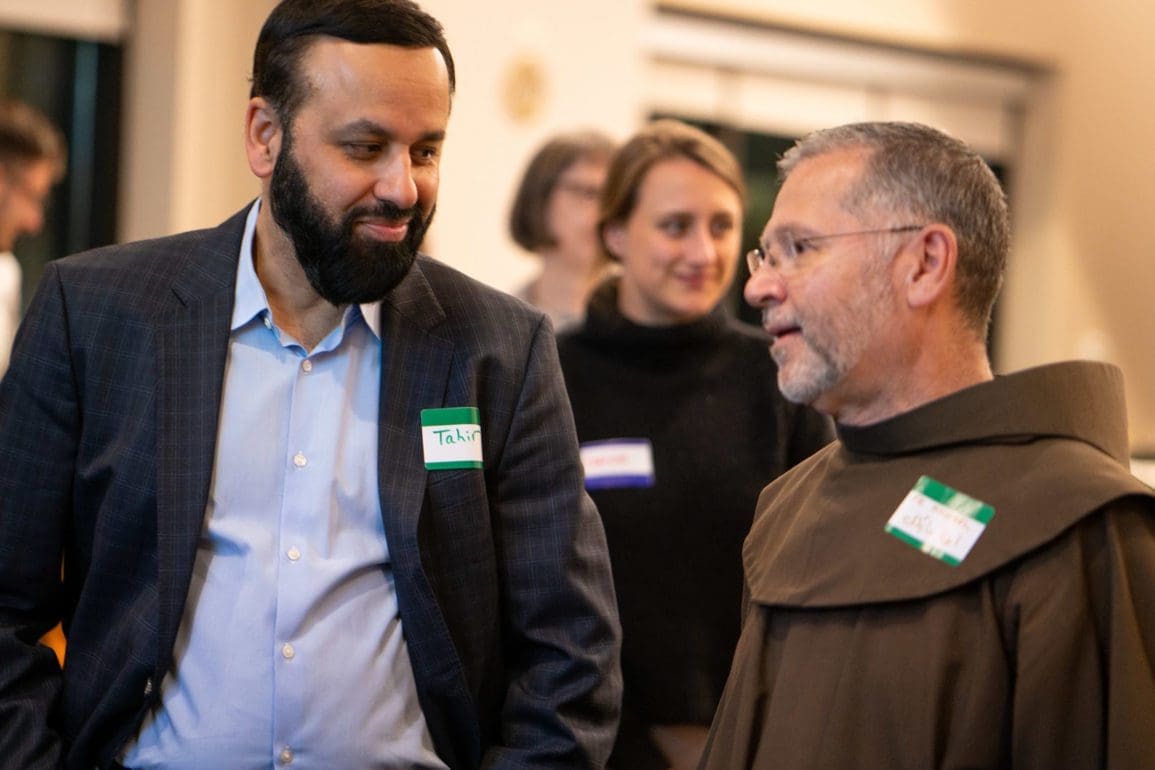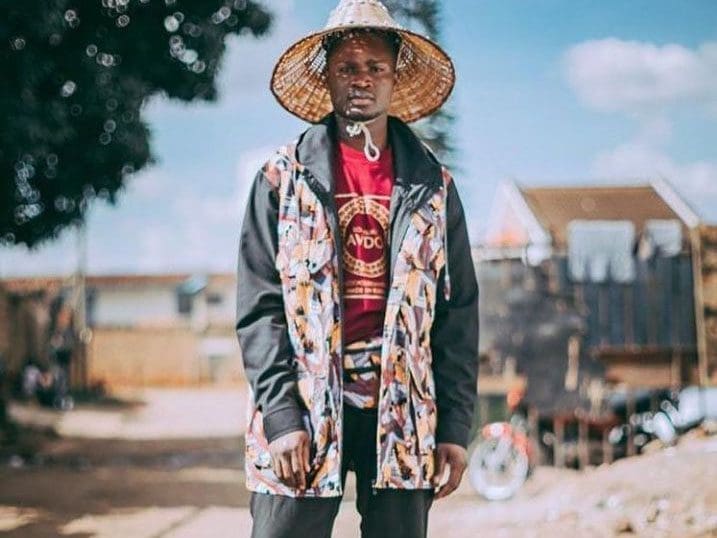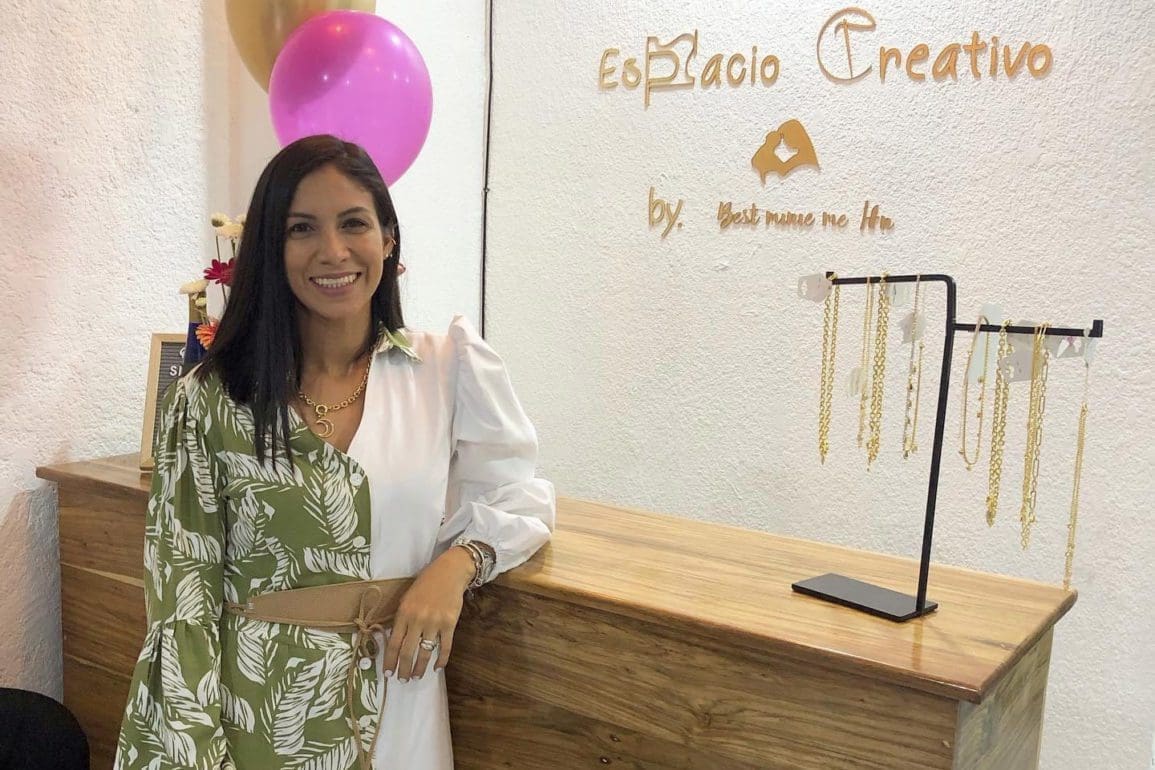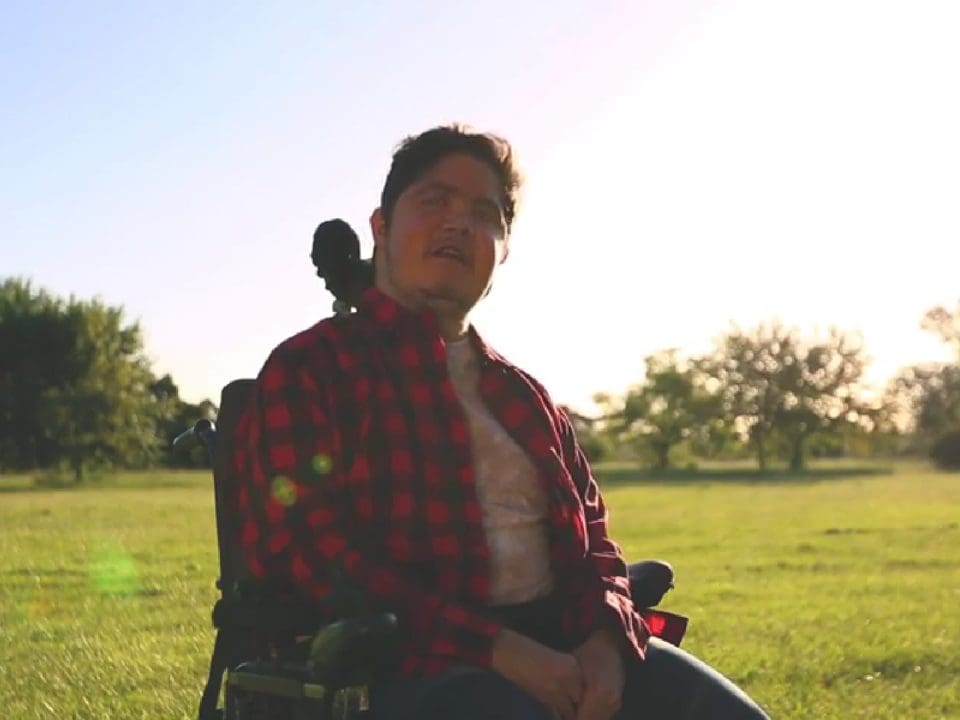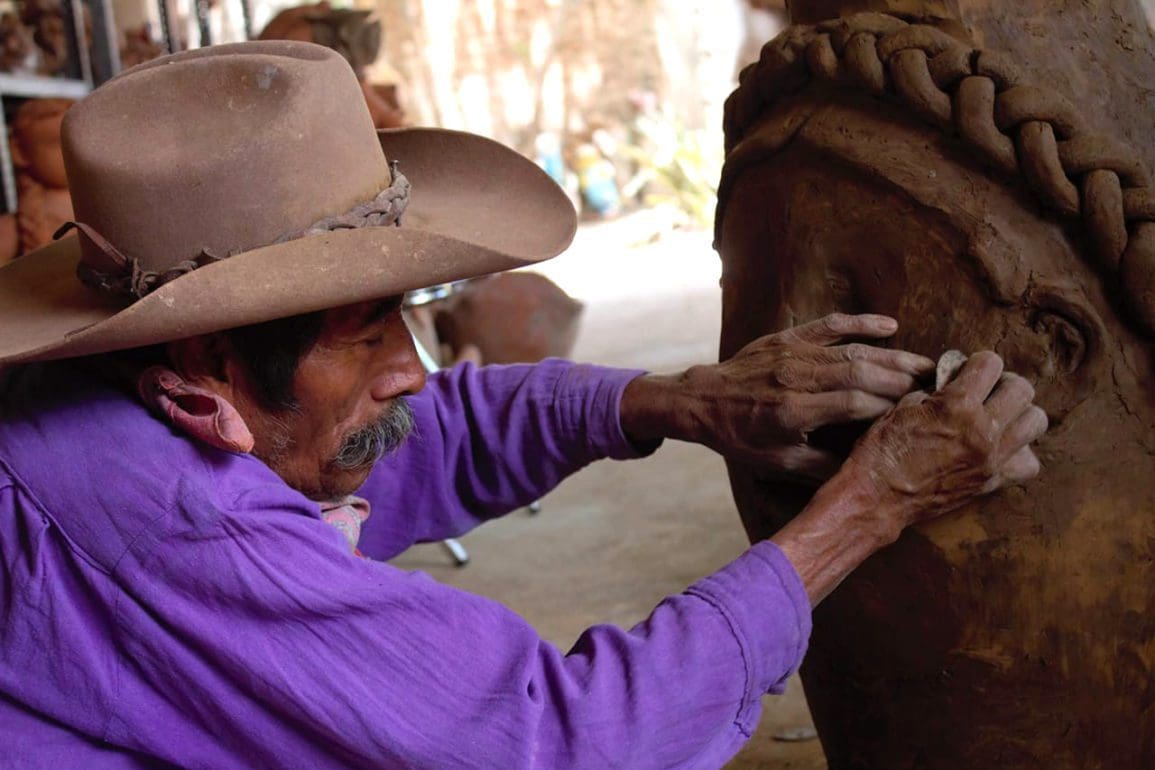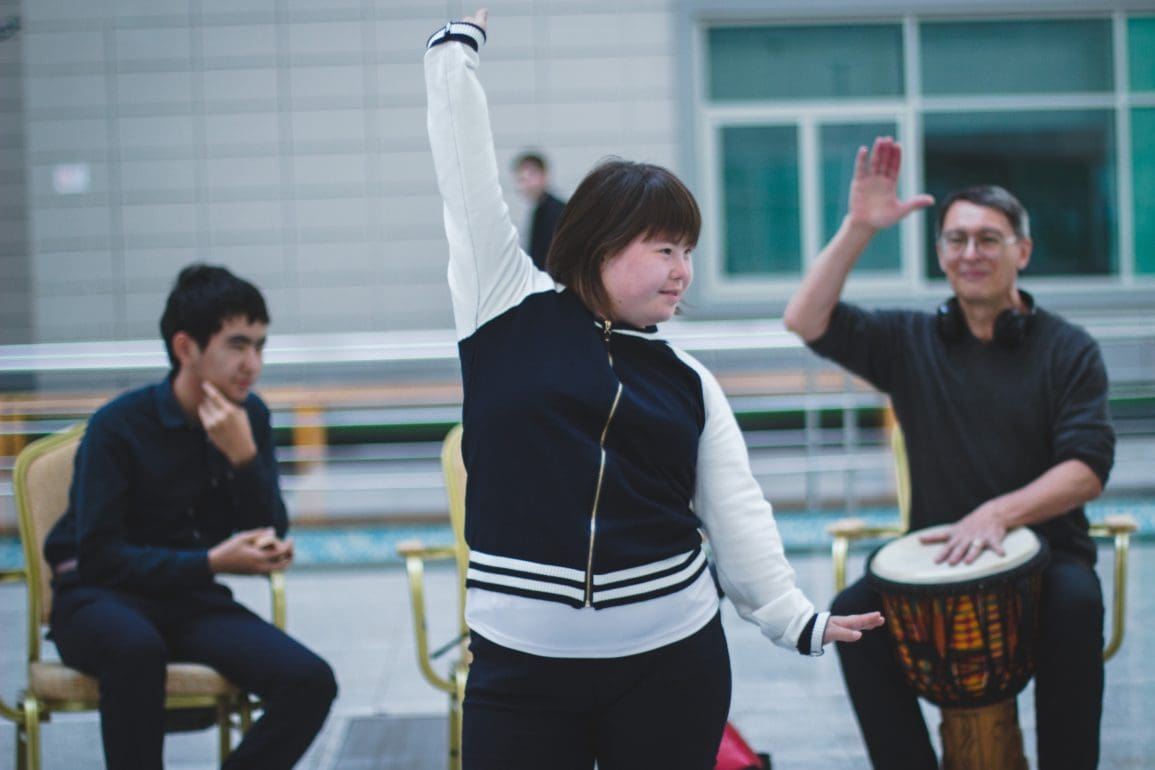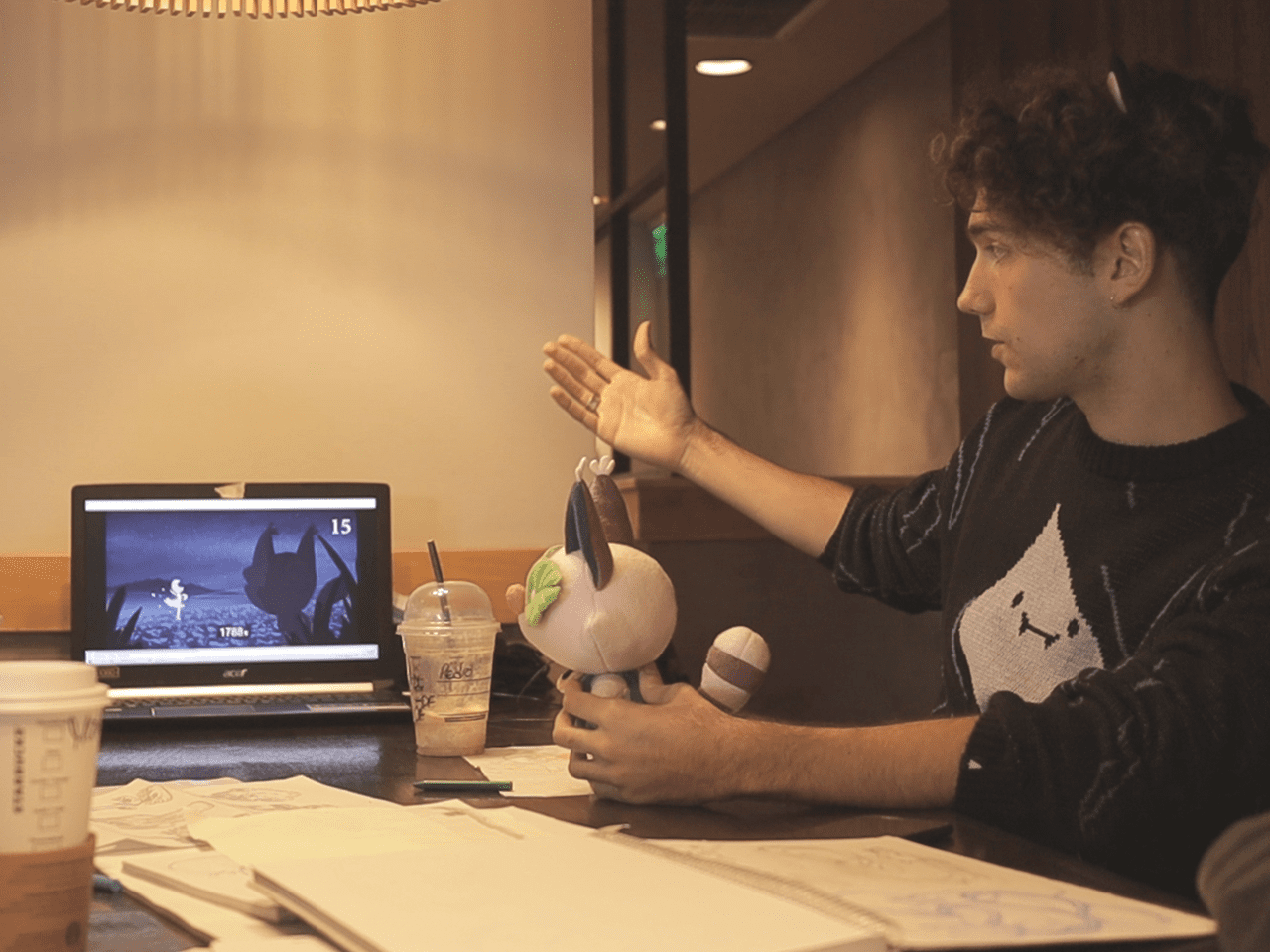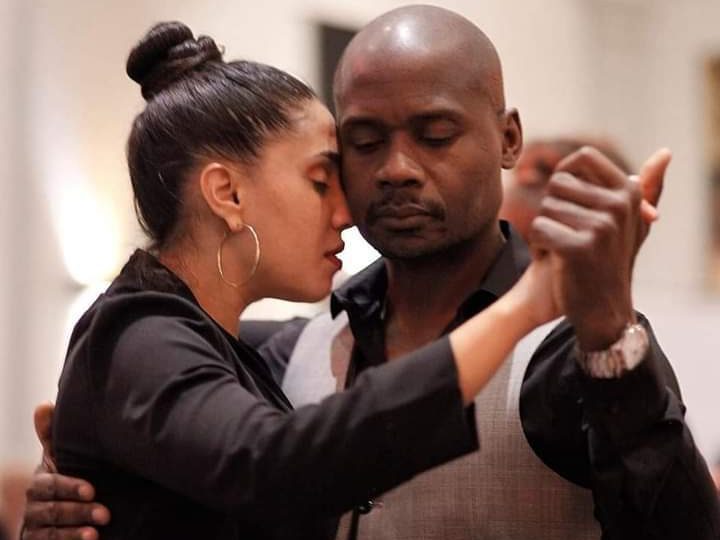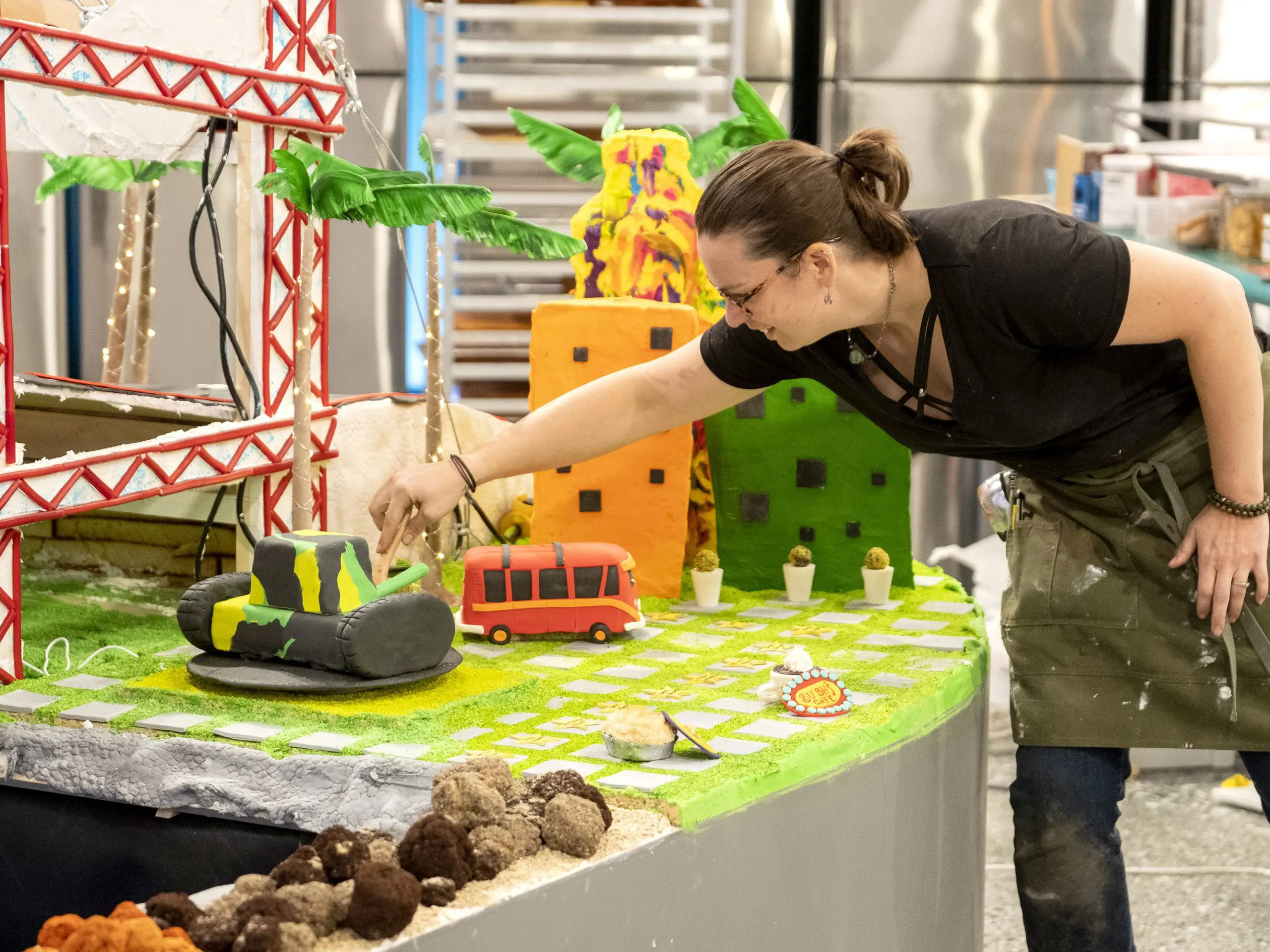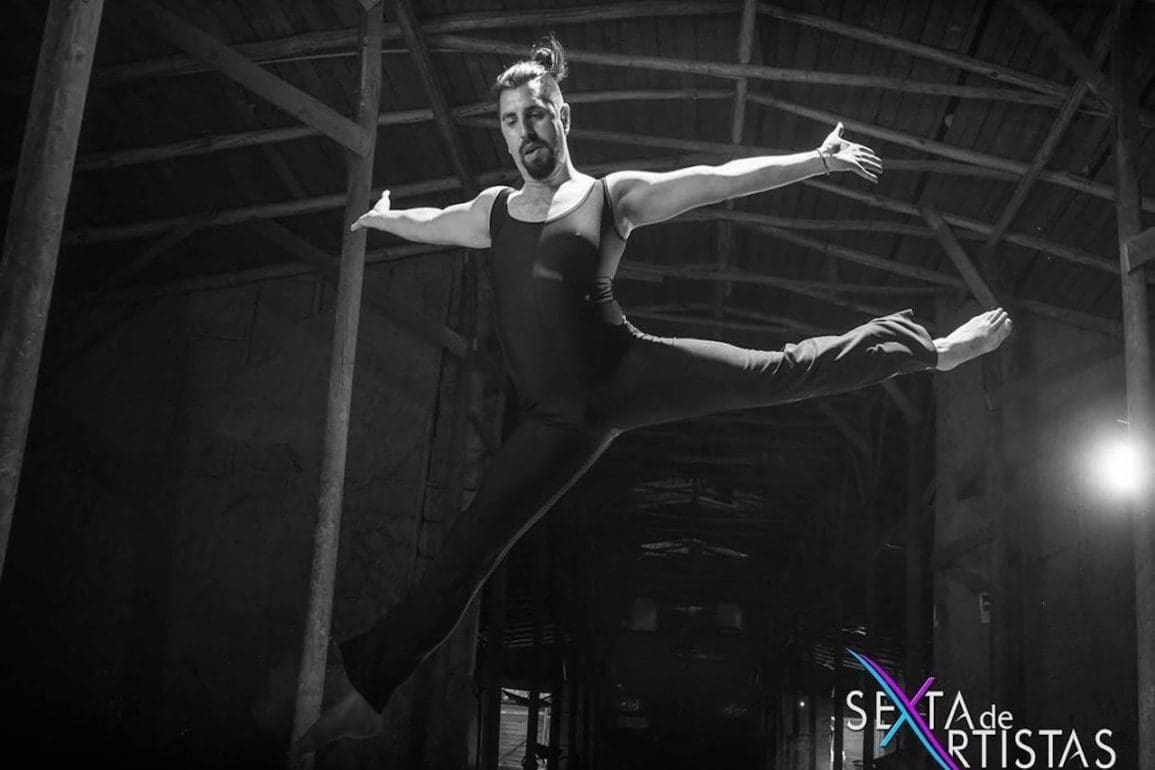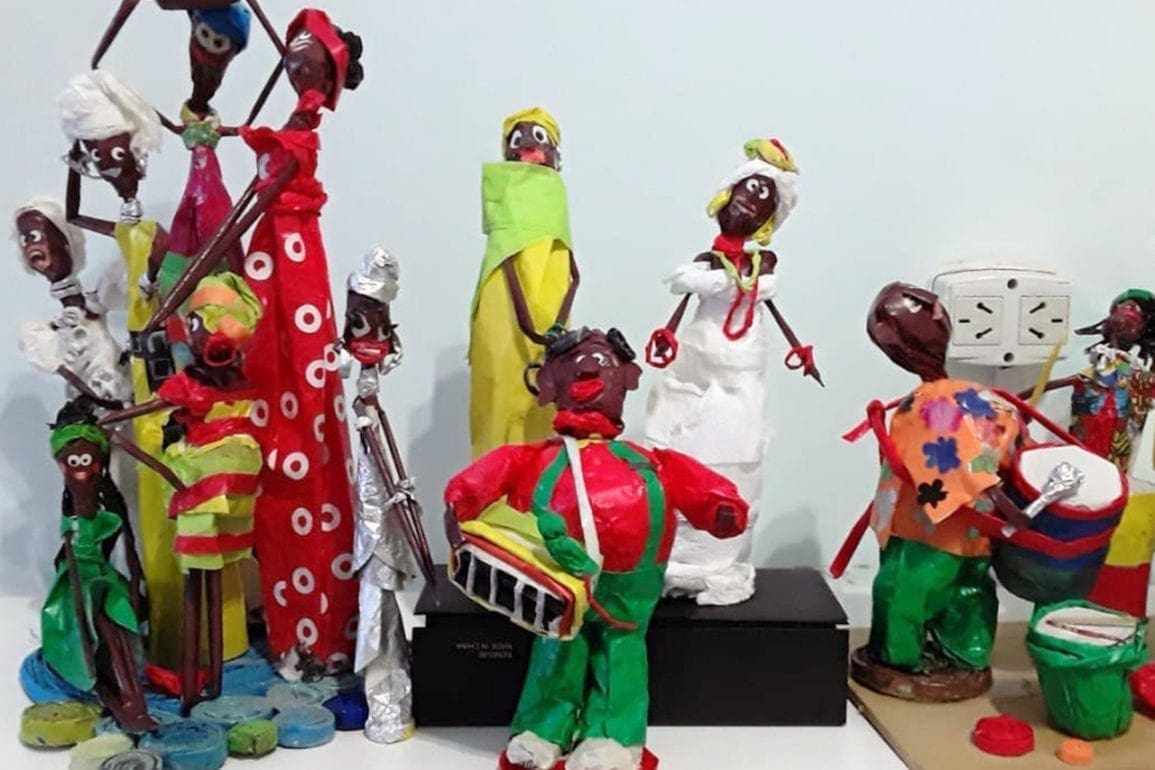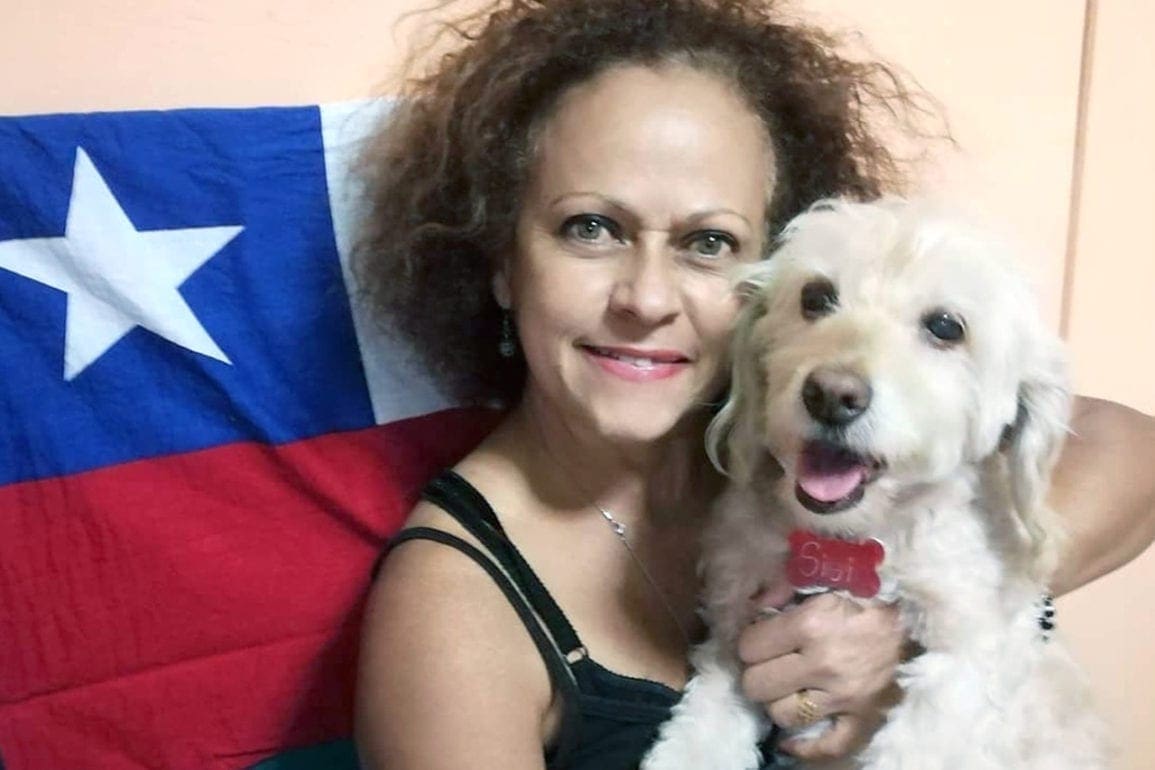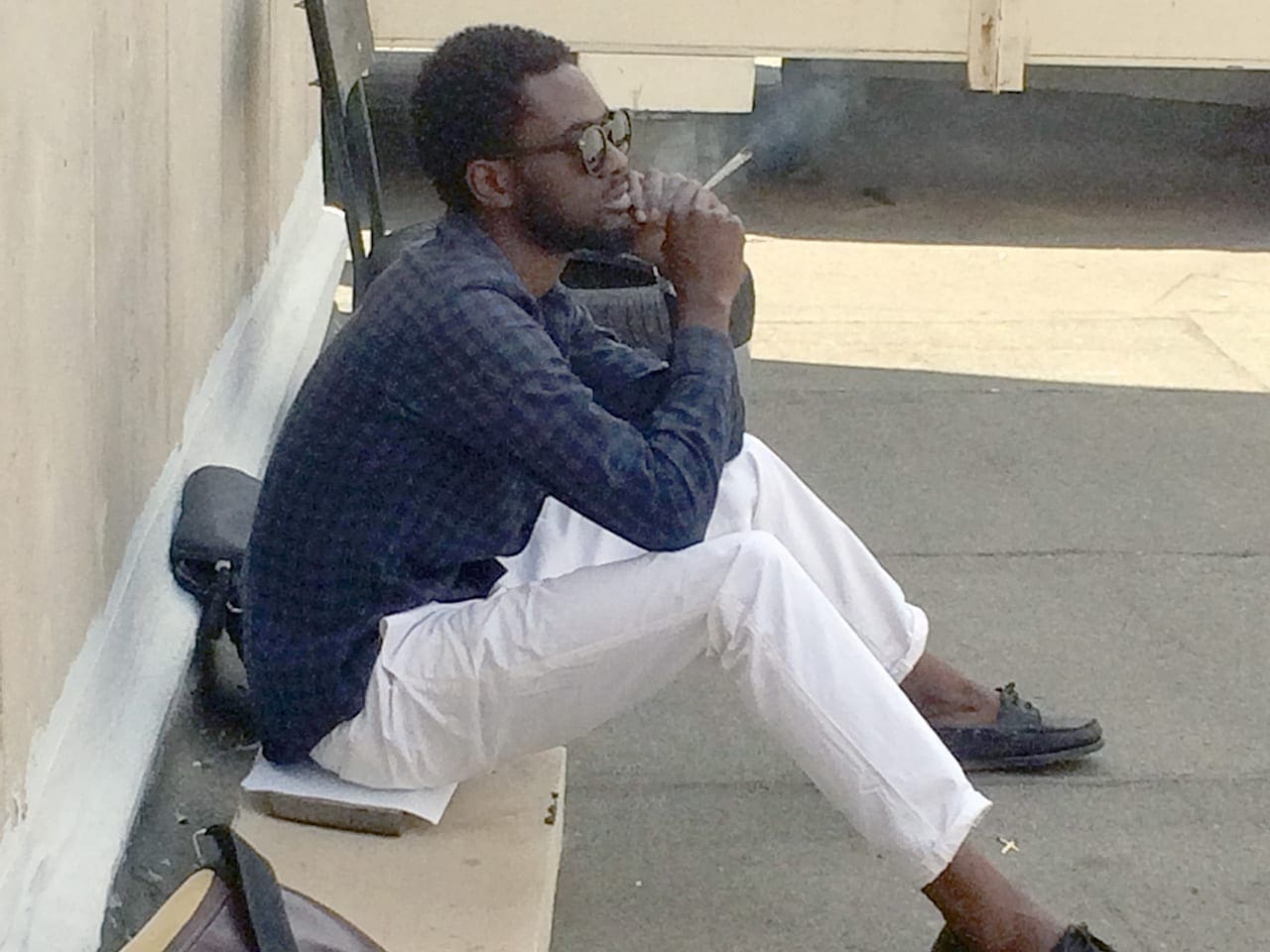Invisible Cities empowers formerly homeless individuals to lead unique urban tours in Scotland, redefining travel and breaking down stigma
When a person experiences homelessness, they become invisible. People pass by as if they do not exist. Drawing from my experiences, I recognized that beyond basic needs like food and shelter, people crave purpose. In 2016, I founded Invisible Cities, an urban tour company where former homeless individuals serve as guides.
- 1 year ago
September 26, 2024
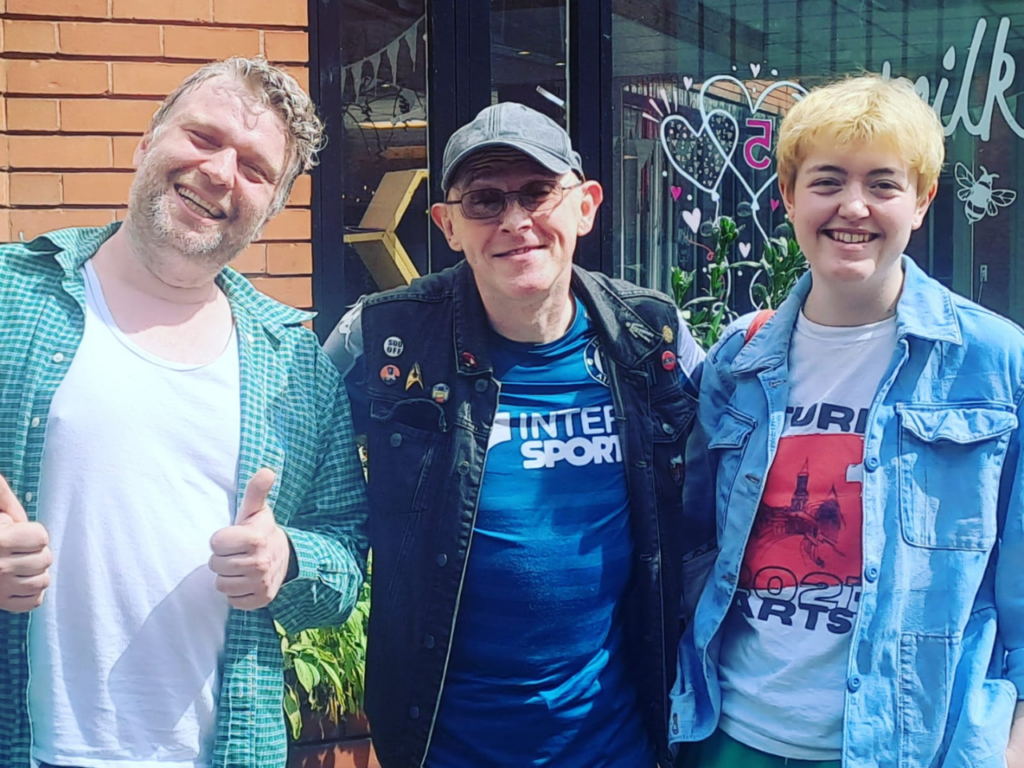
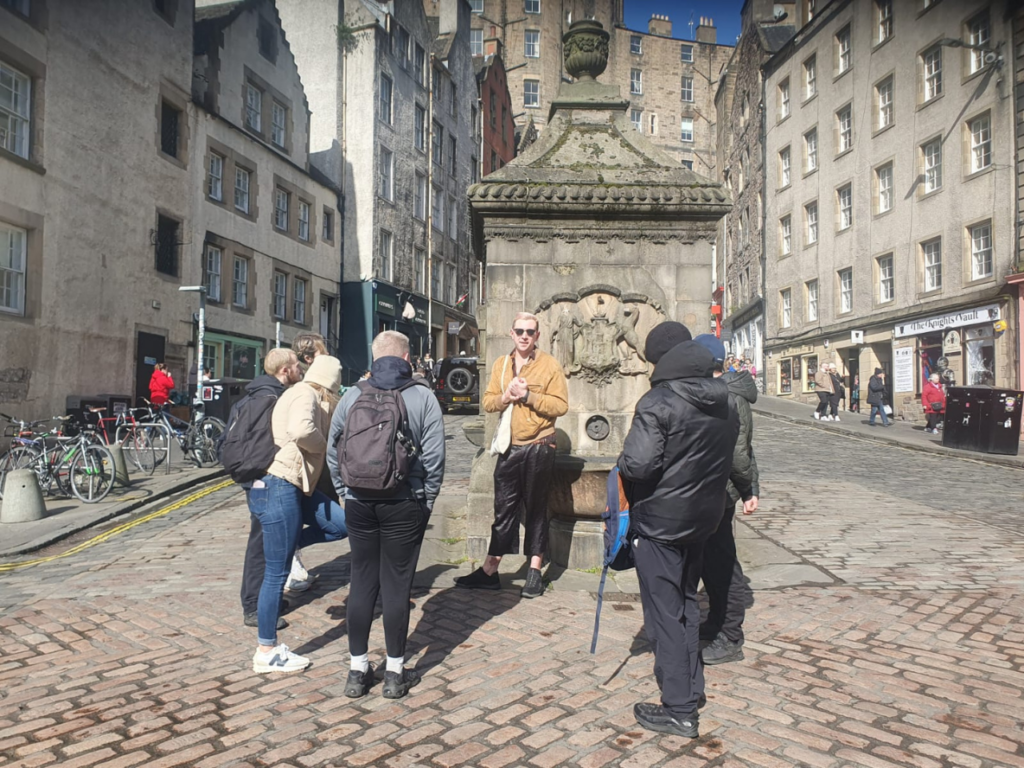
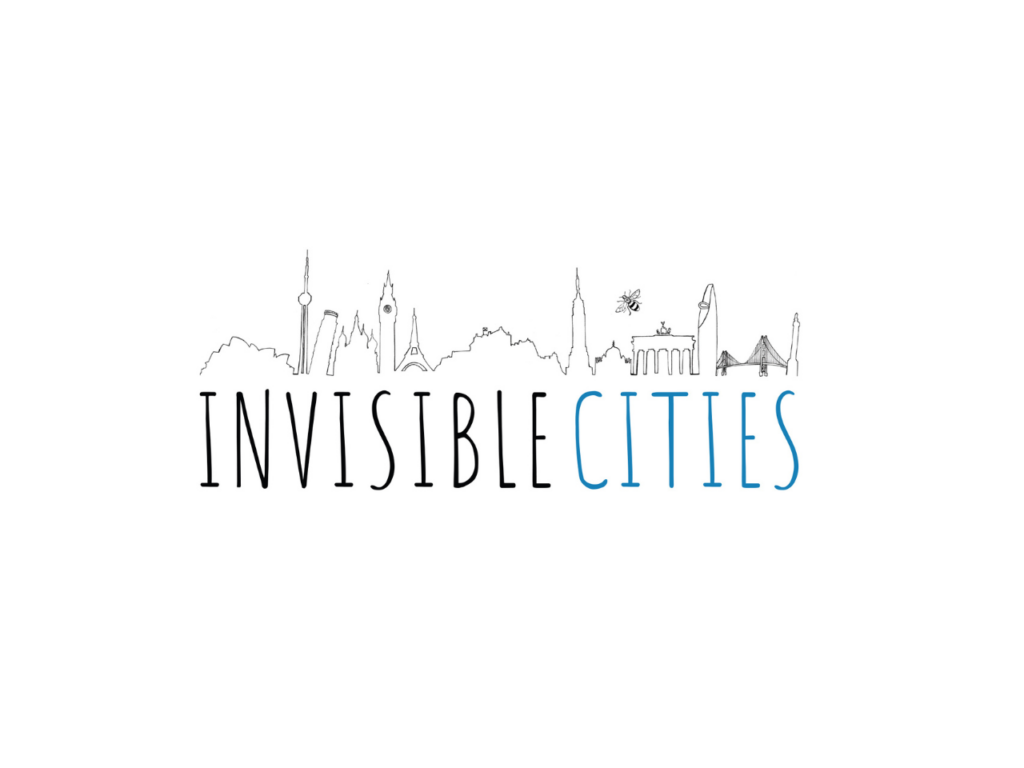
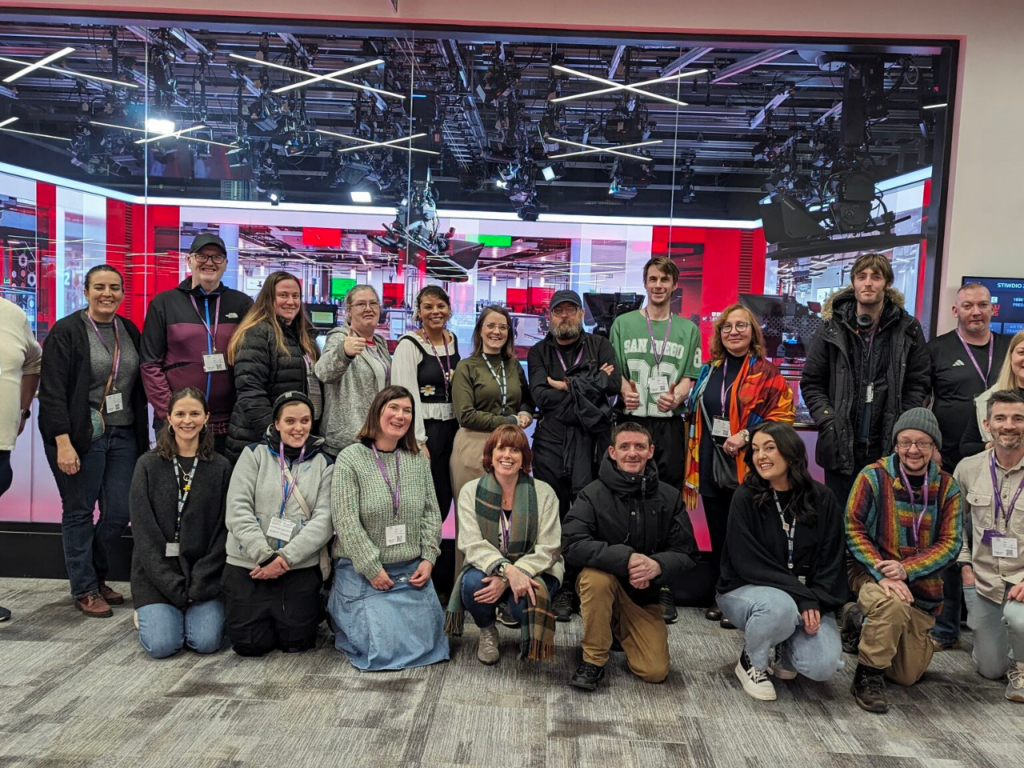
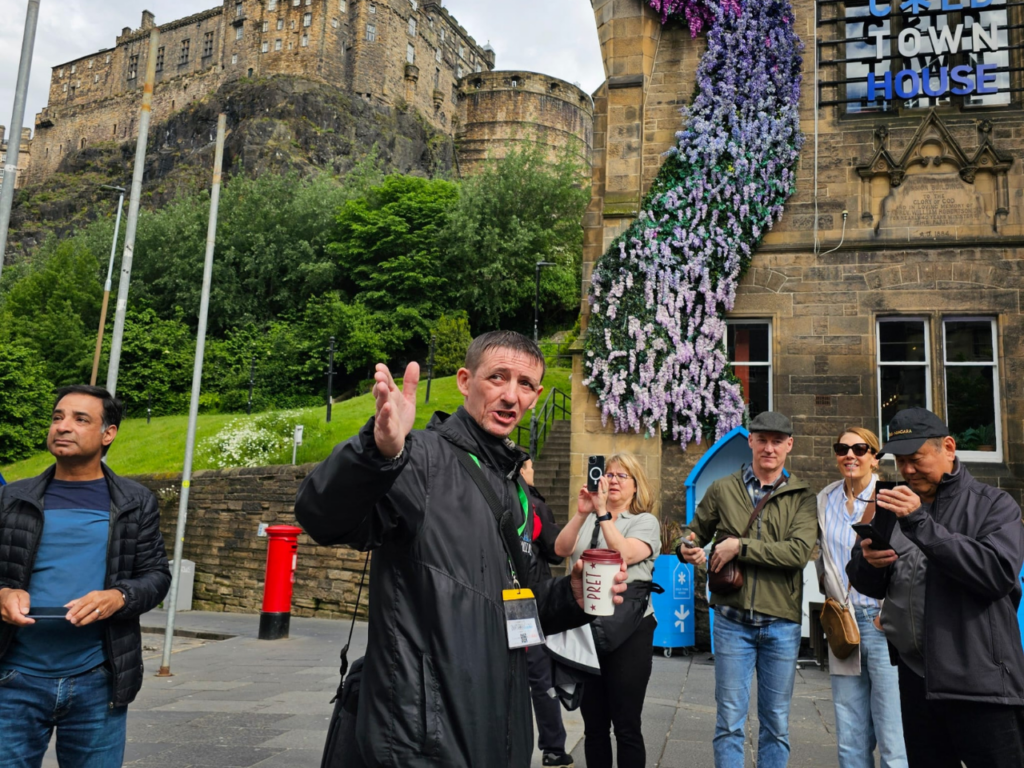
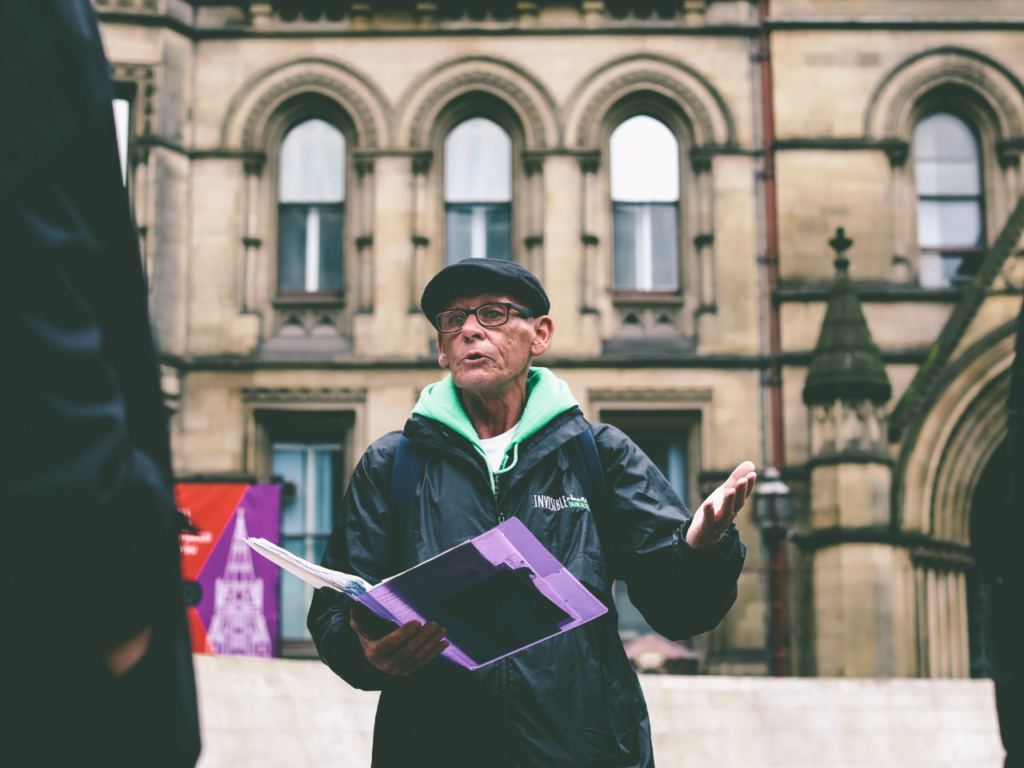
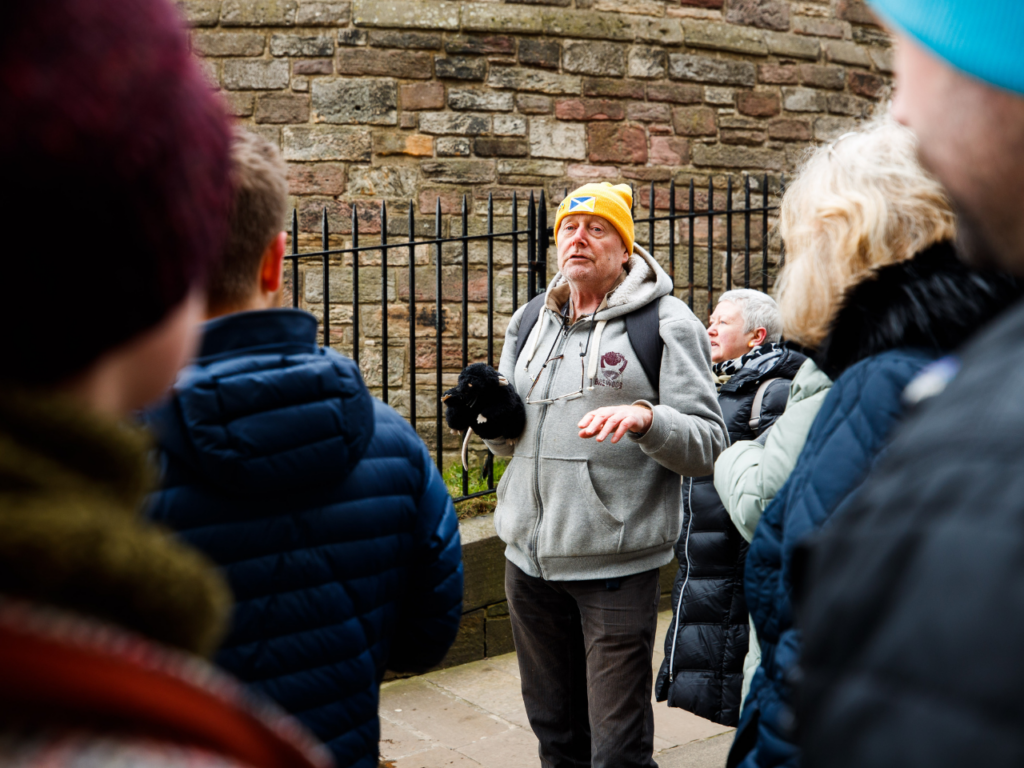
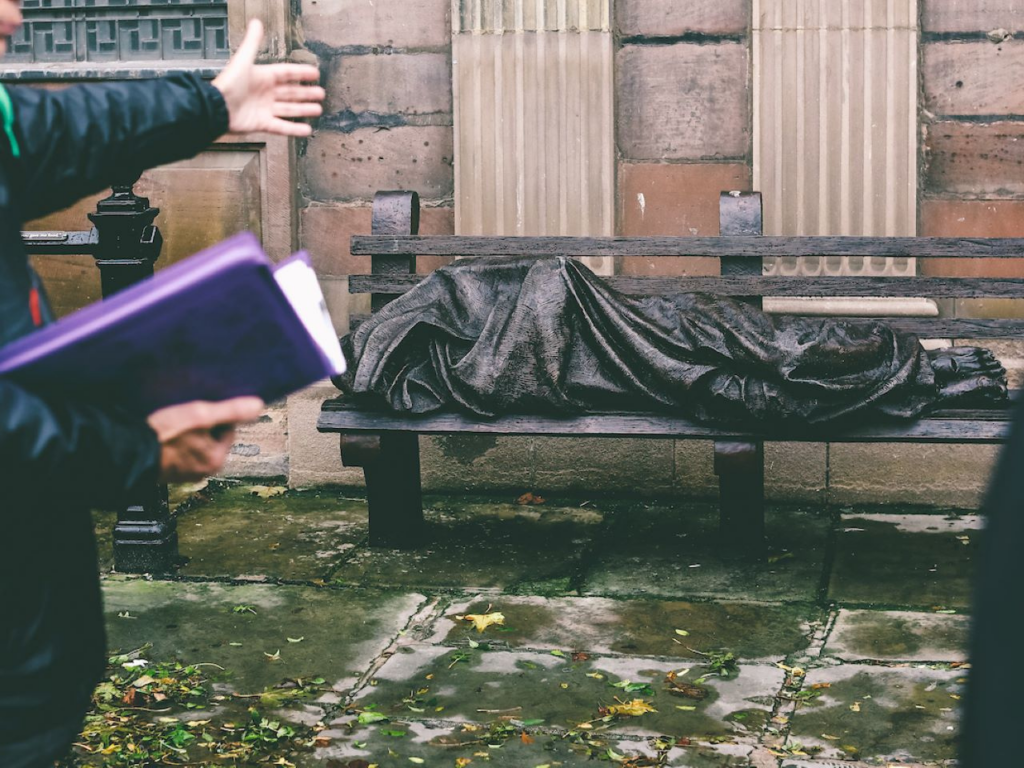
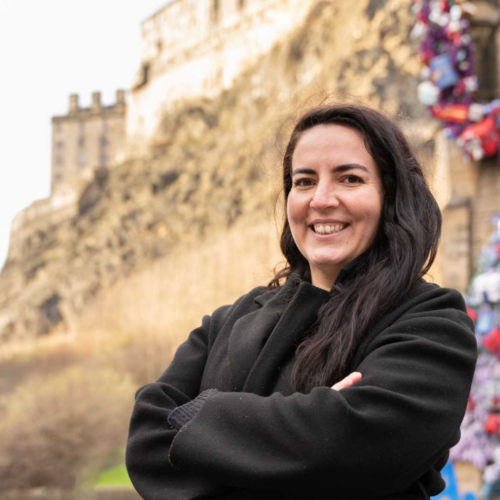
SCOTLAND, United Kingdom — During my cancer treatment, I experienced a revelation. I felt an urge to blend my love for travel with my passion for social work. This inner drive came from my mother’s own life story. She once faced homelessness after migrating from Algeria to France. My mother taught me the importance of compassion and the power of second chances.
In 2016, I founded Invisible Cities, a travel company with a unique mission. All our guides experienced homelessness firsthand, and through their personal histories, they offer tours that go beyond the surface. They share powerful, untold stories.
Read more arts & culture stories at Orato World Media.
From the Homeless World Cup to Invisible Cities
For years, I actively participated in the Homeless World Cup, a soccer championship taking place since 2003 that transforms lives. It supports homeless individuals, ex-prisoners, and refugees. I witnessed how soccer could boost mental and physical health, especially in countries like Argentina, Mexico, and Brazil, where the sport remains deeply embedded in the culture. The Cup used soccer as a tool for social change.
At the same time, I led a street magazine project, where homeless vendors showcased their deep understanding of their environment. Their insights further fueled my passion for this cause. I remained fully engaged with the Homeless World Cup, traveling extensively, until I received a cancer diagnosis in 2014. This forced me to halt my travels and focus on treatment.
During the long, anxious waits at the hospital, I realized how much I missed traveling and connecting with people. This period of reflection sparked an idea: combining my love of travel with social work. As my health improved, I resumed traveling across Europe in 2015 and 2016, which helped me shape the concept of social work travel and led me to pursue this idea in Scotland. It felt like a transformative moment.
When a person experiences homelessness, they become invisible. People pass by as if they do not exist. Drawing from my experiences, I recognized that beyond basic needs like food and shelter, people crave purpose. In 2016, I founded Invisible Cities, an urban tour company where former homeless individuals serve as guides.
I set a goal to empower them, build their confidence, and give them a platform to share their stories. The idea remained simple but impactful, and after gathering feedback, I knew it had potential. Soon, everything began to fall into place.
Make the invisible visible: “When you’re homeless, people look right through you.”
I named the project Invisible Cities after a young girl in a shelter who said, “When you’re homeless, people look right through you.” Her words struck me, and I realized the project was about shedding light on the invisible stories and people we often ignore. While typical tours focus on monuments and royalty, our tours, led by formerly homeless individuals, explore the “B-side” of cities—migration, hidden histories, and alternative perspectives. Our mission is to make the invisible visible.
We actively recruit people from various backgrounds, often through shelters or social services. Due to the project’s growing success, many now approach us directly. When working with new trainees, we ask if they want to learn new skills or meet new people, rather than asking if they want to become guides. This approach feels less intimidating. Our training builds confidence and focuses on public speaking, customer service, history, and first aid.
The guides design the tours themselves, as I believe passion comes from loving what you do. We quickly became a functioning company and started generating revenue, but as a non-profit, we reinvested everything into the project. Homelessness does not have a single face—it can happen to anyone, at any time.
Over the years, I saw many people end up in this situation because of systemic issues like foster care, poverty, parental addiction, or time in prison. These experiences push individuals to the margins of society, making it hard to escape the cycle. However, I also met people with stable backgrounds who, due to unexpected events, found themselves homeless.
Invisible Cities provides guides with structure, routine, and resources
One of our guides used to work at a respected bank, managing the wealth of top clients. Over time, anxiety and alcoholism took hold, and he lost everything: his family, home, and career. Left with nothing, he fell into darkness, devastated not just by material loss but by the absence of purpose in his life. He eventually found a rehabilitation center for his alcoholism, and that is where we met.
I introduced him to the idea of becoming a guide, and he embraced it immediately. It gave him purpose and motivation, helping him rebuild his life. Another guide, Sonny, endured severe trauma from childhood, leading to mental health issues. He managed to start a family, but without proper care, things fell apart. He lost his family, struggled with addiction, and ended up in prison, caught in a cycle of relapse and incarceration. It seemed like a dead end for him.
While creating Invisible Cities, Sonny, who stayed in a facility at the time, approached me. He said, “I think you have a great idea. Can I join? I love meeting and talking to new people.” His words moved me to tears, and without needing to say much, we exchanged a knowing nod and a smile. He joined the project immediately and stayed ever since.
While Invisible Cities serves as a steppingstone, sometimes staying remains the best choice, and for Sonny, it was. He suffers from epilepsy due to past addictions. Invisible Cities provides him with structure, routine, and the resources he needs. During a tour, someone asked how it changed his life, and he replied, “I haven’t gone back to jail. It keeps me out of trouble, makes me feel stable, and I’ve learned to trust myself. I feel alive.”
From the streets to a life of confidence
Many who join us, especially women, begin with little confidence. The transformation they go through during training and work proves remarkable. It truly gives them their lives back. In many cities, people pass by the homeless without thinking about their struggles. Before we launch our official tours, we run several practice sessions to help build the guides’ confidence.
Even so, starting often feels like being thrown into the deep end. They worry about being judged or not taken seriously. Many endured abuses while living on the streets. People spat on, yelled at, or kicked them. These negative experiences, combined with years of feeling unwanted and shuffled through social services, leave them anxious about how the public will perceive them.
Our first step is to reassure them, reminding them that people bought tickets because they are genuinely interested. As they gain more experience, their confidence grows. We even share positive guest reviews to show them how much they impressed others. Hearing feedback like, “You were amazing, and you shared so much valuable information,” helps boost their self-assurance.
The tours evolve as guides adjust their stories or routes based on feedback and questions from participants. It becomes an ongoing process of refinement. In cities around the world, people often overlook the homeless without reflecting on their reality. For some, the streets represent not only painful memories but also personal transformation. Andy, one of our guides, once lived on the streets and eventually found refuge in a friend’s garage, which he describes as a turning point, despite the hardships.
Invisible Cities: “We are a family. We support each other and are on the same side.”
Andy’s tours offer more than a glimpse of Manchester’s landmarks—they challenge how society views homelessness. Each tour blends the city’s history with Andy’s journey of resilience, demonstrating that with the right opportunities, those who experienced homelessness can make valuable contributions. By sharing his story of moving from the streets to becoming a professional guide, Andy helps break down stigma and humanize marginalized individuals, offering a fresh perspective on the city through his lived experiences.
We recruit from various social centers, including shelters, rehab facilities, and safe housing. While many arrive feeling hopeless, they show courage in looking toward the future. However, guiding isn’t for everyone. Those battling active addiction or severe mental health challenges need stability before they can take on this role.
At times, I question if Invisible Cities is on the right path, but special moments remind me of our impact. Recently, a tourist asked one of our guides about the project, and the guide said, “We are a family. We support each other and are on the same side.” That response made me proud and reinforced my belief in what we do.
Each guide has a unique story and seeing them engage with others on the tours affirms the purpose behind Invisible Cities. Today, we operate in six cities in the United Kingdom including Edinburgh, Glasgow, Manchester, Cardiff, York, and the Scottish Borders. We seek to continue growing, both in the U.K. and internationally, by partnering with global brands that help us share our guides’ stories authentically, not as portrayed in movies or on television, but in a real, human way. Our mission remains simple: to make the unseen visible.



